|
"What is so rare as a day in June?" asks James Russell Lowell, ... in his abstrusely entitled and 'way too long poem, "The Vision of Sir Launfal," of which the above line is probably the best line in the whole thing. My answer to the poet is, "Why, a day in April, of course." Or so I've been thinking the past few weeks during my morning, afternoon, and evening walks around the neighborhood. Over a year later, walking around the 'hood continues to be my main pandemic diversion, followed by streaming movies on TV, ...zoom-chatting. ...and whipping up fancier chow than I used to. In truth, even after a year of laying low, and even after getting my COVID shots, I'm still not quite ready to circulate in public any more than necessary. And besides, I've grown as accustomed to walking around the block every day as I used to be to going out to eat twice a week and to the movies three times a week. And so, after a year of strolling the neighborhood and watching the seasons change from spring, ...to summer, ...to fall, ...to winter, ..now back to spring again, I believe I would venture to tell James Russell Lowell that I'll see his day in June and raise him a day in April.
0 Comments
A couple of mornings ago I read in the New York Times that the United States is coming to the aid of COVID-ravaged India, ...sending that country shipments of raw materials to make vaccines, rapid diagnostic test kits, ventilators and personal protective gear. “Just as India sent assistance to the United States as our hospitals were strained early in the pandemic," said President Biden, "the United States is determined to help India in its time of need.” Upon reading the part about the United States helping India in its time of need just as India had helped us when we were in need, I felt a warm little glow in my chest, kind of strange and foreign, yet somehow vaguely familiar, as if off somewhere on the far edge of my emotional memory. Then again yesterday I saw another Times article, this one on the front page, stating that President Biden has vowed to restore the United States as a leader in global public health. To this end Biden has given the order to send 60 million doses of American-produced vaccine to countries that are desperate for help. The President has also begun providing financial support to help with the production of one billion doses of coronavirus vaccines for the people of in India. Again I felt the vaguely familiar warm little glow, which had sparked at the part about restoring the United States as a leader in global public health. What is this feeling? I wondered. Then it hit me: What I'm feeling...might it be...just the faintest glimmer of...patriotism? Pride in my country for stepping up and taking the lead in the fight against this planetary scourge? For once again having friends around the world who will gladly come to our aid as well? For having returned to being the country that is seeking to do the good thing, the right thing, instead of the strictly self-serving, self-enriching thing? For instead of promoting hostility, being a country that is now working to promote healing? Yes, it was beyond a doubt patriotism that I was feeling then, and continue to feel now, and more than just a glimmer. It was once said by some unknown observer of our country, "America is great because she is good, and if America ever ceases to be good, she will cease to be great." It appears that today, in a suffering world in the grip of a terrible pandemic, America as a nation is back on the road to being good. References:
https://www.nytimes.com/2021/04/26/us/politics/biden-vaccine-india.html https://www.nytimes.com/2021/04/25/us/politics/india-us-coronavirus.html The guilty verdict in the trial of ex-police officer Dereck Chauvin for the brutal murder of George Floyd had barely been announced when the news broke of yet another police shooting of an African American, again in my city of Columbus, this time the victim a 16-year-old girl. Upon hearing of this latest shooting I stormed around the house, angry again, incredulous again, beyond outraged again by another senseless, heartless killing by a police officer of a person of color, a child, for God's sake, and not even the first Black child gunned down by a White police officer. Though wondering if I'd be able to stomach it, I nonetheless made myself watch the officer's body cam video of the shooting on CNN. Then I watched it again. Then another time in slow motion. Then I watched the video taken by a neighbor's security camera. And what I saw in all of those films was not what I had expected to see - a police officer committing a murder - but rather a police officer stopping a murder. The scene captured on the video was chaotic, a yard full of people shouting, one girl going after another girl with a knife, causing her to fall, then the girl with the knife going after a second girl who is wearing a bright pink tracksuit. The girl with the knife pins the girl in pink against a car, pulls back her arm, then drives the knife towards the girl. There is the sound of four shots and the girl with the knife falls to the ground. The whole sequence of events takes only a few seconds. There can be no doubt that Ma'Khia Bryant would have stabbed, perhaps killed 22-year-old Tionna Bonner if Officer Nicholas Reardon hadn't fired. The officer's body cam video makes this perfectly clear. What is also very clear is that this officer was in a situation not of his own making and beyond his control for which there could have been no good outcome. He pulled the trigger of his service revolver to stop one young woman from stabbing another. Had Reardon not pulled the trigger Tionna Bonner would have been badly injured at least, and the officer would have been blamed for that outcome, as well. The narrative would have been that the police are always shooting unarmed, innocent Black people, so why did this cop not shoot this time when he could have actually saved a life? There could have been an accusation of racism as well: cops will shoot a Black person for no reason, but not to save the life of another Black person. For officer Nicholas Reardon the choices were lose-lose. Except, possibly, for the one choice he could and most likely should have made that might have made a difference: Instead of firing four times at Ma'Khia Bryant he could have fired once. One shot would have wounded the girl. Granted, badly. But one shot might well have spared her life. Or it might well not have. There are those who hold that Officer Reardon could have used a taser or tried to de-escalate the situation. Maybe. But from the moment the officer exited his vehicle to the moment the knife was raised the body cam footage records ten seconds . But what about the other choices that could have been made before the police were called that might have saved Ma'Khia's Bryant's life? What about the fight that was in progress between Ma'Khia and two other girls, one of them Tionna Bonner, when the police were called? What words were said, what things were done, that so enraged Ma'Khia that she grabbed a knife and pursued those girls outside to the front yard? Those who loved Ma'Khia have come forward to say that she was a peaceful, friendly, fun-loving girl. What set her on that violent rampage, made her so angry that she wanted to kill? What if Ma'Khia had dealt with her anger in some other fashion than to impulsively grab a knife? What about the screaming crowd in the front yard? What part did they play in turning up the heat in a situation already boiling over with rage? And what about whatever situation it was in Ma'Khia's life that made it necessary for her to be living in foster care? But at this point none of that seems to matter, at least not among those protesters taking to the streets of Columbus in outrage by yet another police shooting of a person of color in this city . For them the blame lays squarely upon the officer who shot Ma'Khia Bryant, and he's been thrown into the same basket as Dereck Chauvin and all the other police officers before him and after him who've wantonly killed unarmed, non-threatening people of color. The culture and lack of correct training and oversight within police forces across this country create a threat to people of color. And, in truth, to the officers themselves as well. References:
https://www.youtube.com/watch?v=kYZy-n4jtZs https://www.dispatch.com/story/news/2021/04/21/video-makhia-bryant-shooting-garage-camera-shows-argument/7321183002/ https://abcnews.go.com/US/wireStory/35-minutes-chaos-colored-fatal-shooting-makhia-bryant-77286085 https://www.cnn.com/2021/04/22/us/ohio-columbus-makhia-bryant-police-shooting/index.html https://omny.fm/shows/dispatch-on-demand-audio/makhia-bryant-shooting-911-call-reporting-stabbing Two days ago after the guilty verdict was announced in the trial of former Minneapolis police officer Dereck Chauvin, ...for the murder of George Floyd, ...there was rejoicing not only across the United States. but among social justice advocates around the world. And though Chauvin's conviction is cause for celebration that justice has been served - finally - in this case of a police officer brutally suffocating an unarmed Black man to death, is there much to celebrate beyond this one outcome? George Floyd's brother proclaimed that after the conviction, "we are able to breathe again." But is that actually true? Can Black parents be any less afraid for the lives of their children? Can Black mothers now stop worrying themselves sick that their sons might be stopped or pulled over or confronted by the police for any number of minor offenses, real or imagined, and end up dead? When I think of George Floyd I think of all the other unarmed, non-threatening black men and boys who've been killed by the police, sometimes for no reason other than incompetence, malice or racism on the part of police officers. And I think of my own son, ...whom I cherish with all of my heart, knowing that every Black mother cherishes her own son just the same.
Now that Dereck Chauvin will be going to prison do members of communities of color everywhere need to worry any less that if they call the police because of a disturbance or danger that some person will needlessly die, not at the hands of a criminal, but at the hands of the police? If a Black person sees a dangerous situation or finds themself in one, how can they dare to call the police if the police come not to bring peace and protection but to do them harm? What protection do people of color have in this country if they must fear not only being victims of crime but victims of the police? All Americans live in fear of crime. But people of color still must live in as much fear of the police as of criminals. Maybe even more. |
"Tropical Depression"
by Patti Liszkay Buy it on Amazon: https://www.amazon.com/dp/B0BTPN7NYY "Equal And Opposite Reactions"
by Patti Liszkay Buy it on Amazon: http://amzn.to/2xvcgRa or from The Book Loft of German Village, Columbus, Ohio Or check it out at the Columbus Metropolitan Library
Archives
July 2024
I am a traveler just visiting this planet and reporting various and sundry observations,
hopefully of interest to my fellow travelers. Categories |
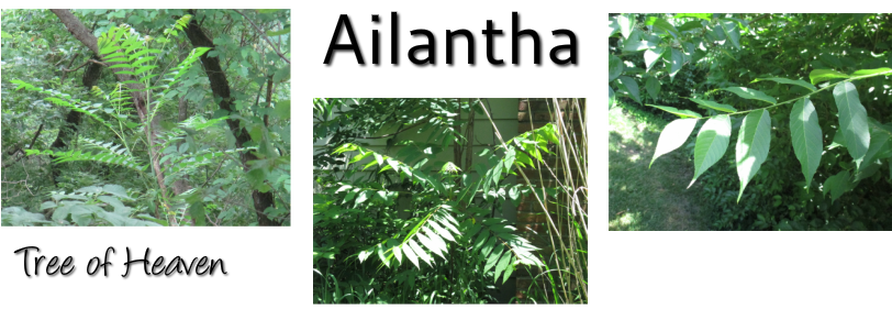
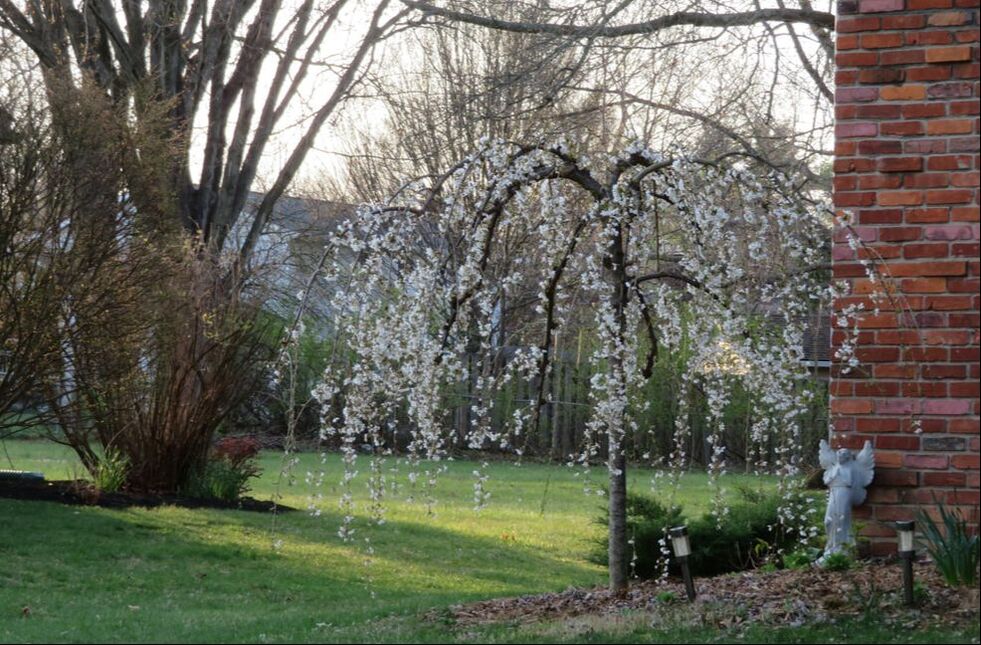
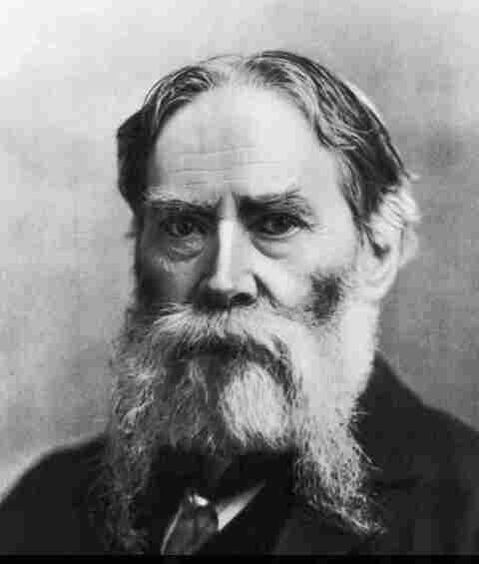
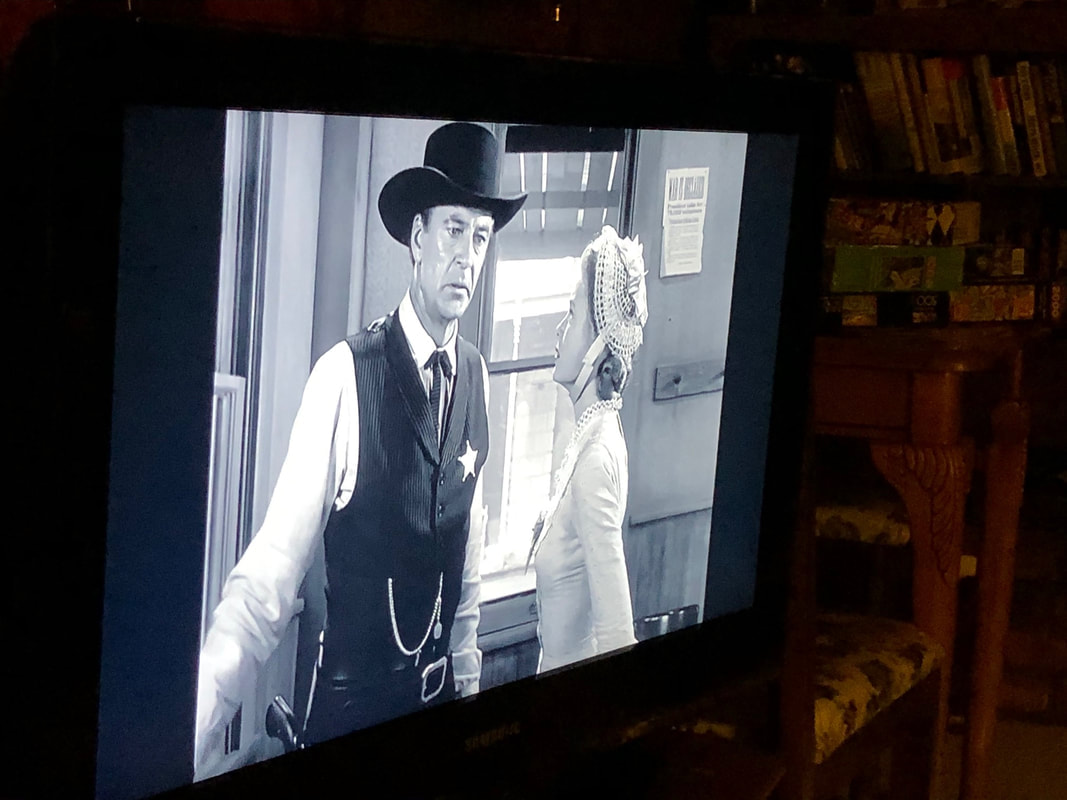
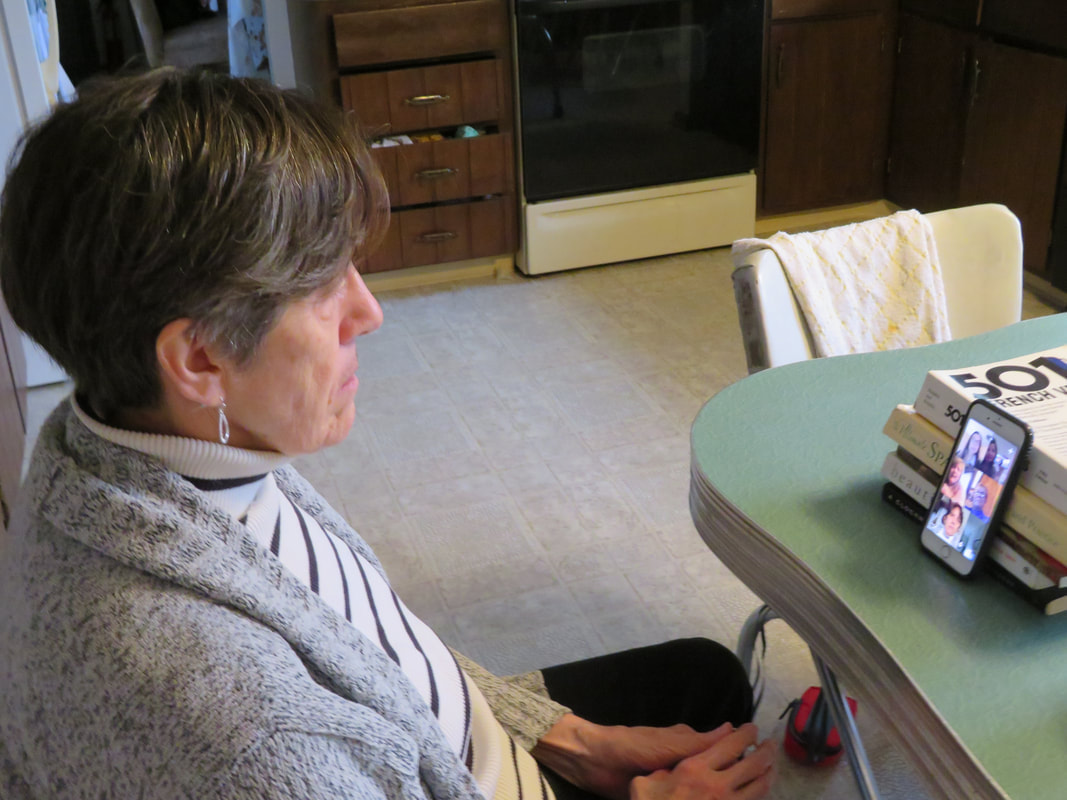
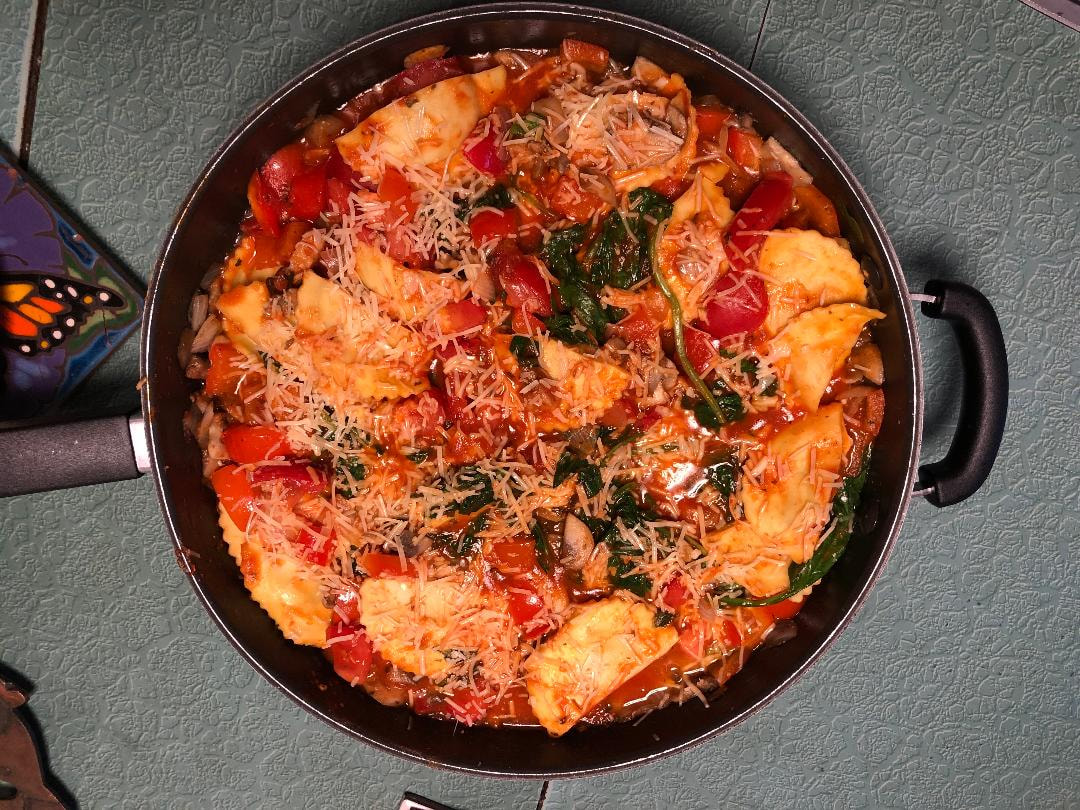
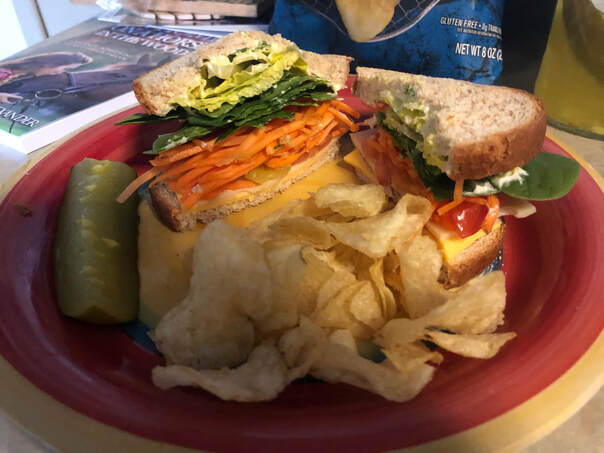
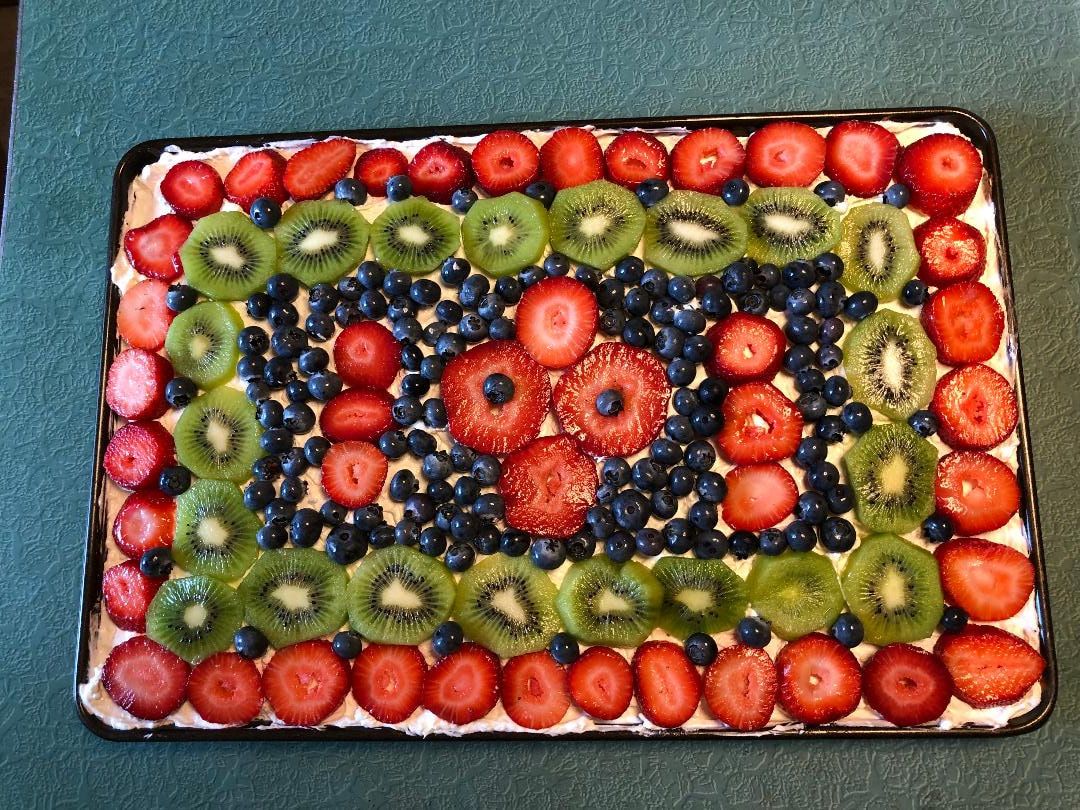
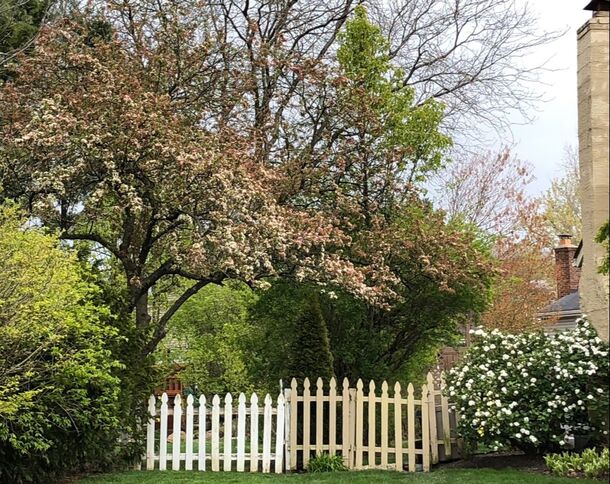
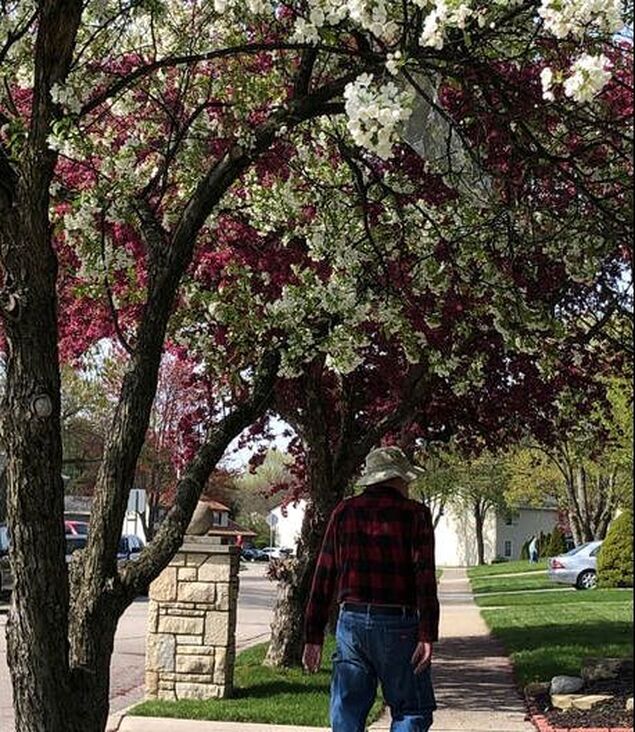
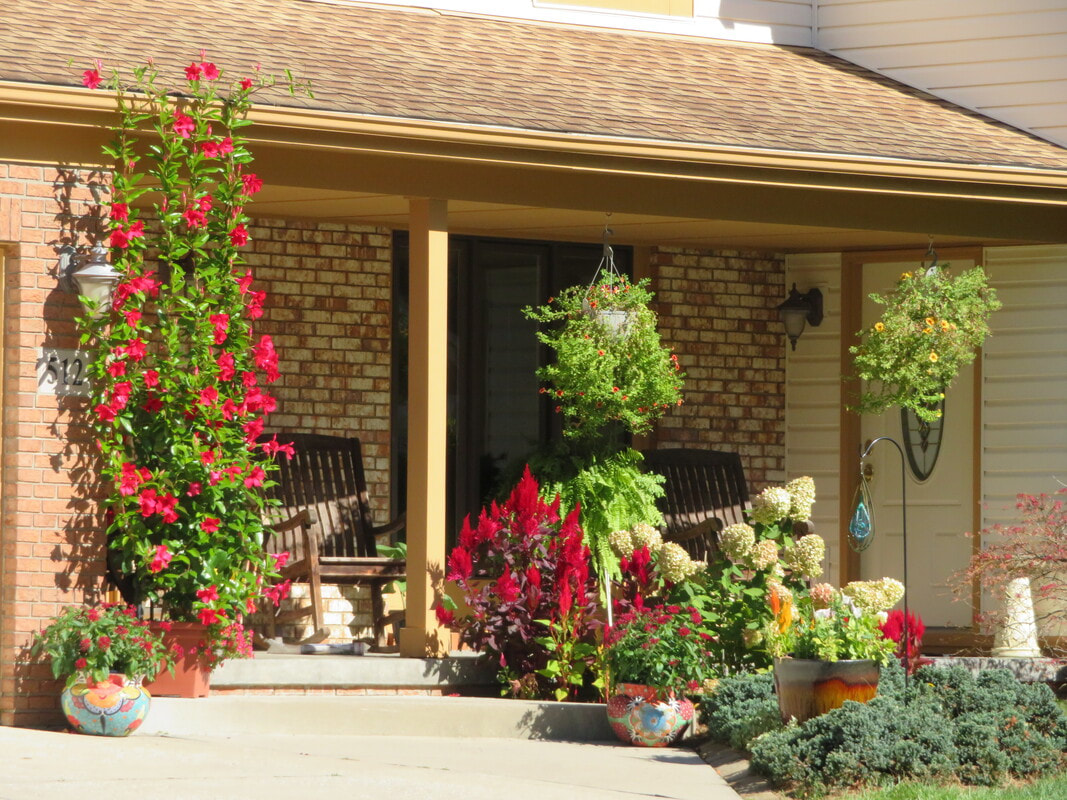
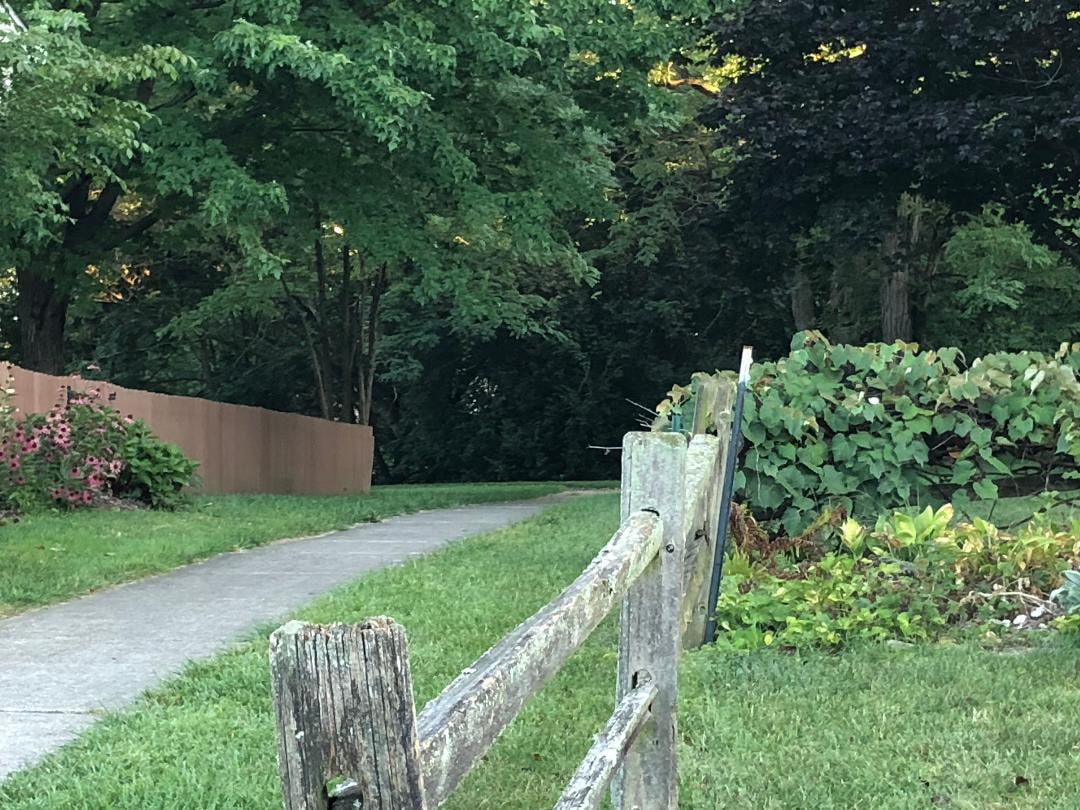
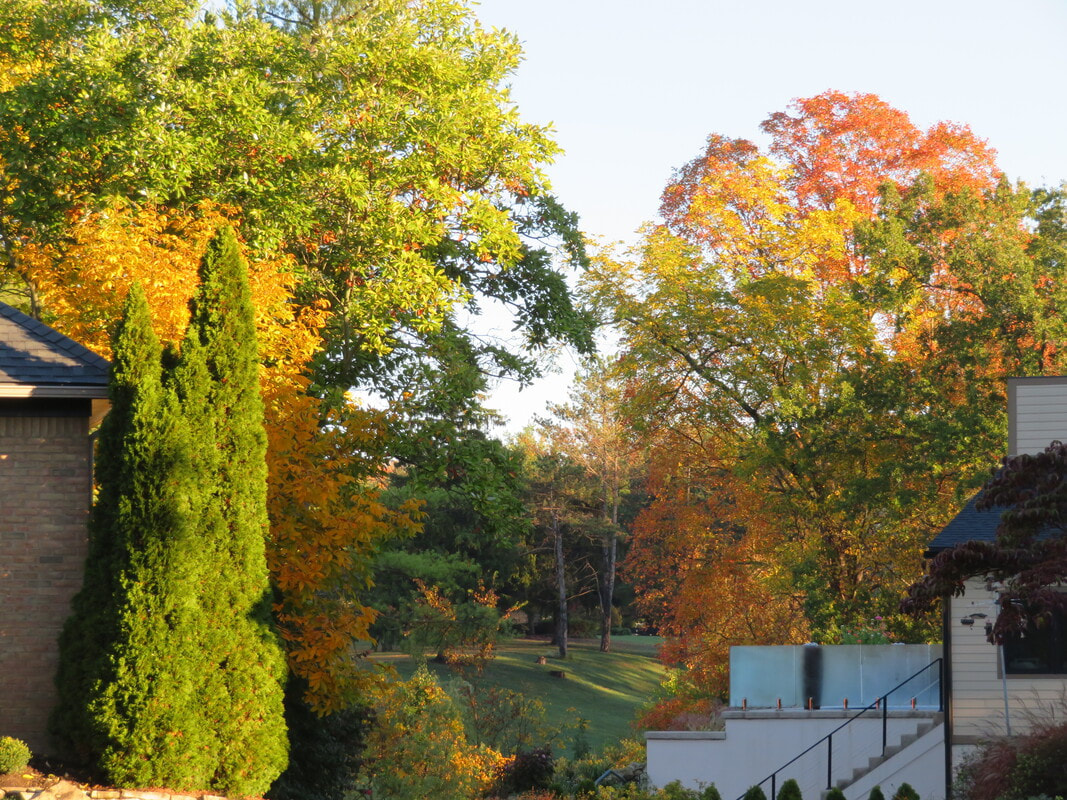
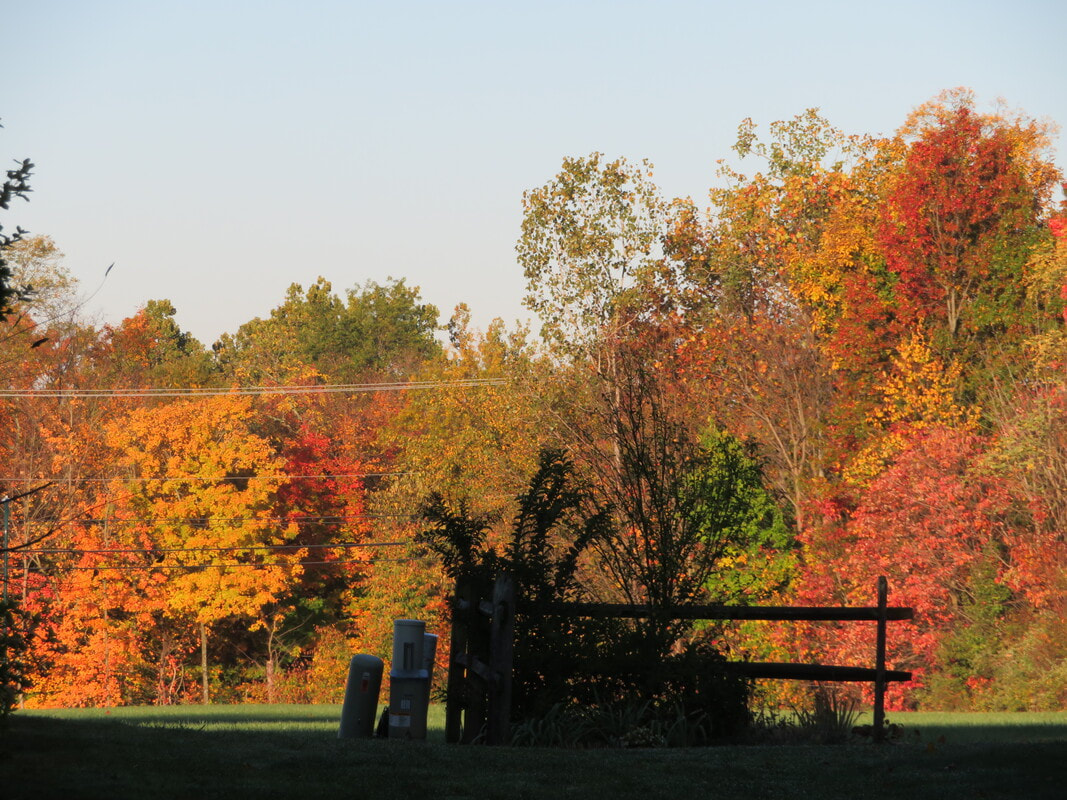
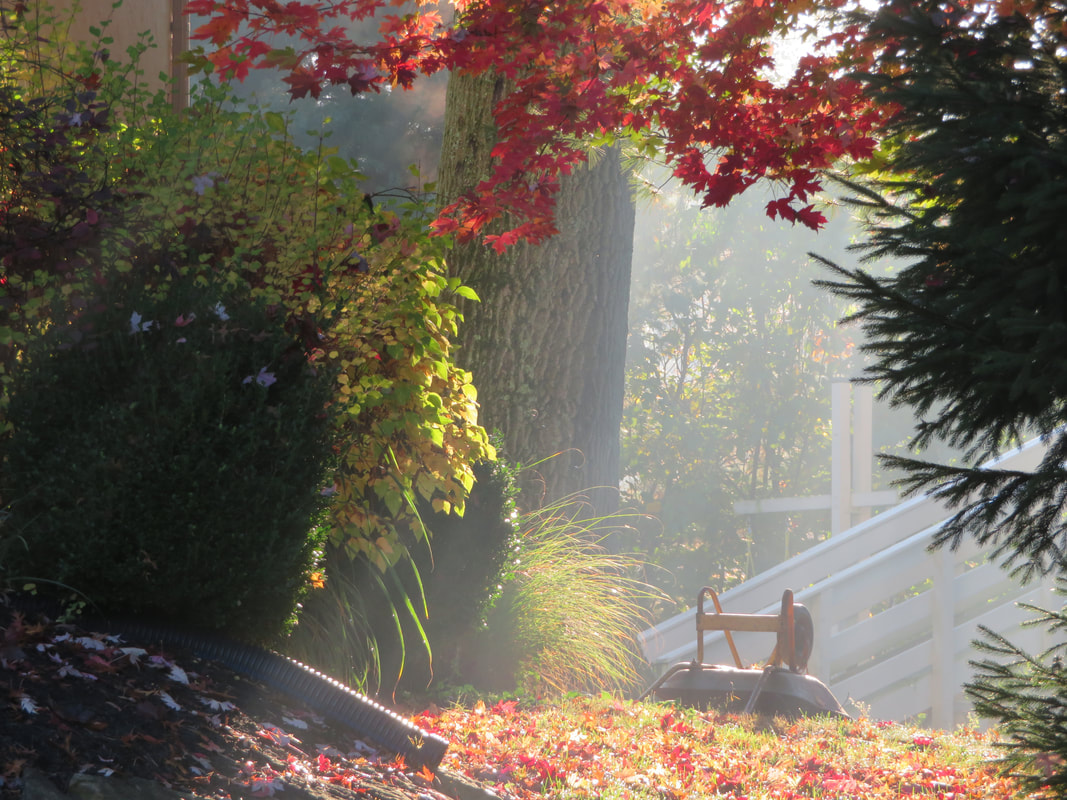
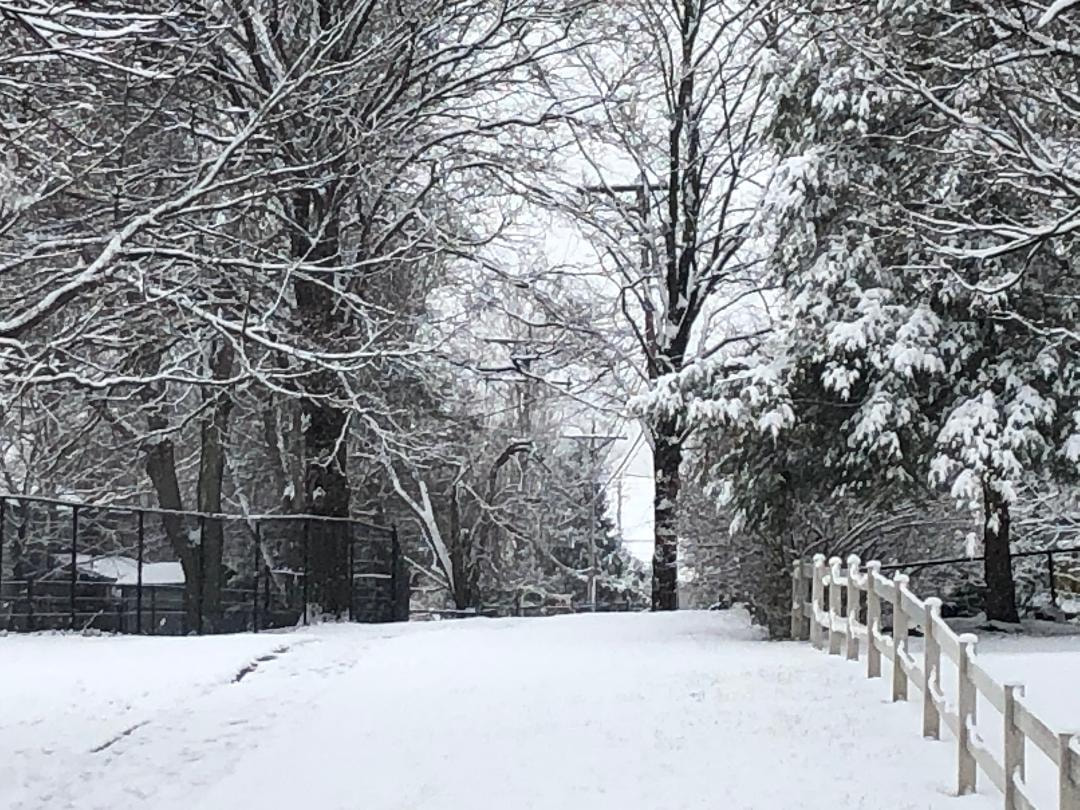
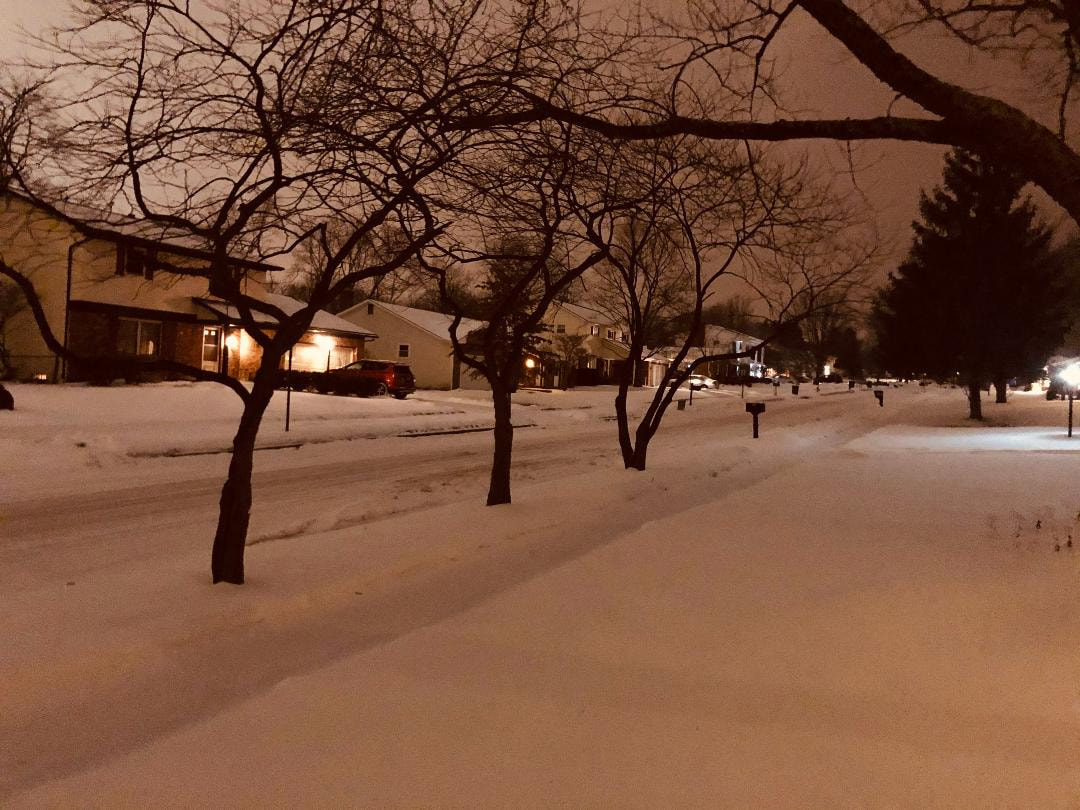
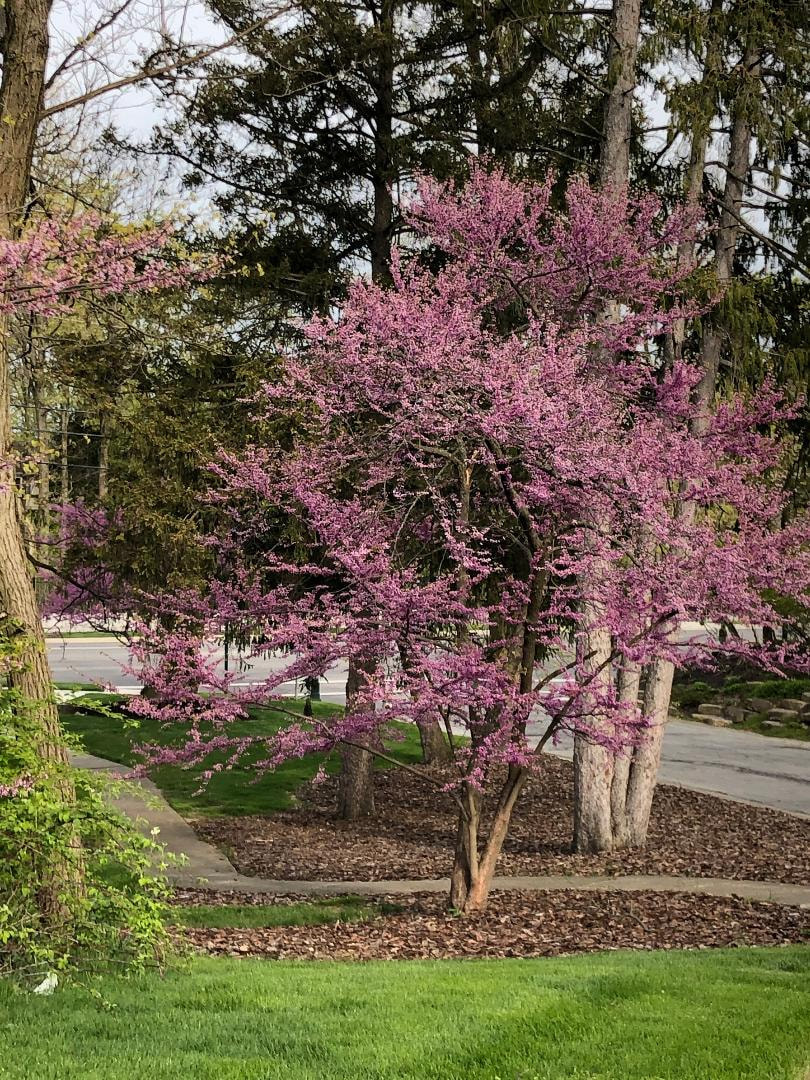
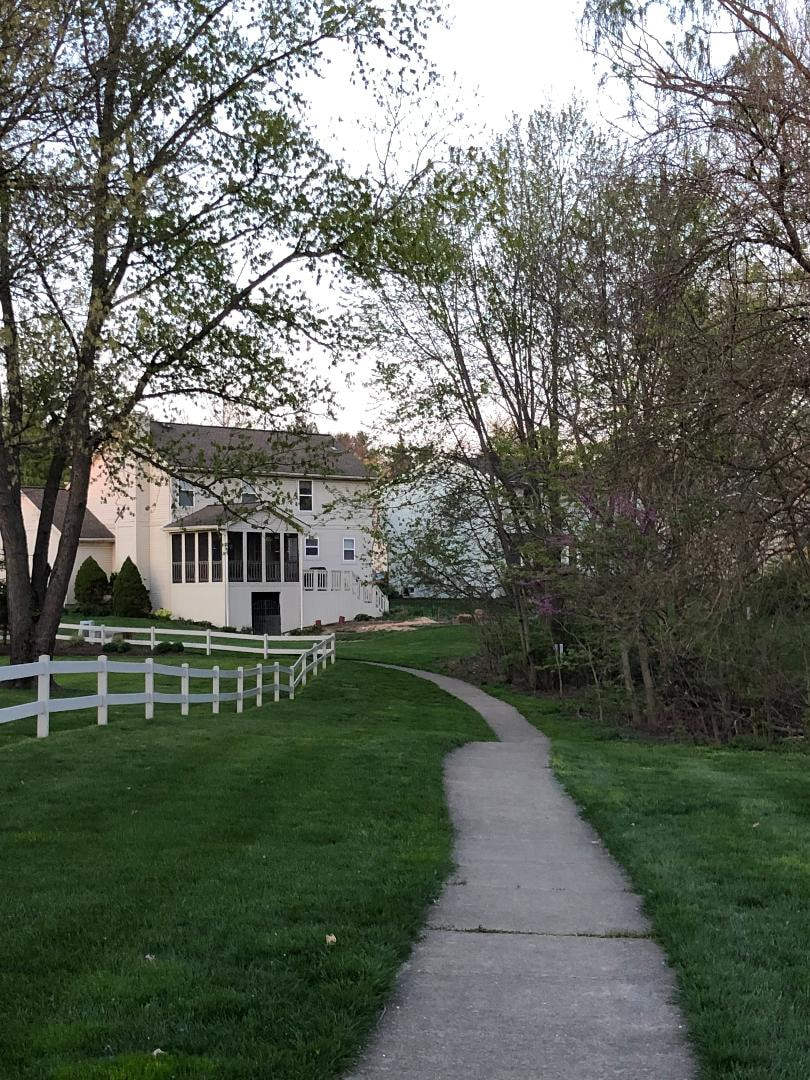
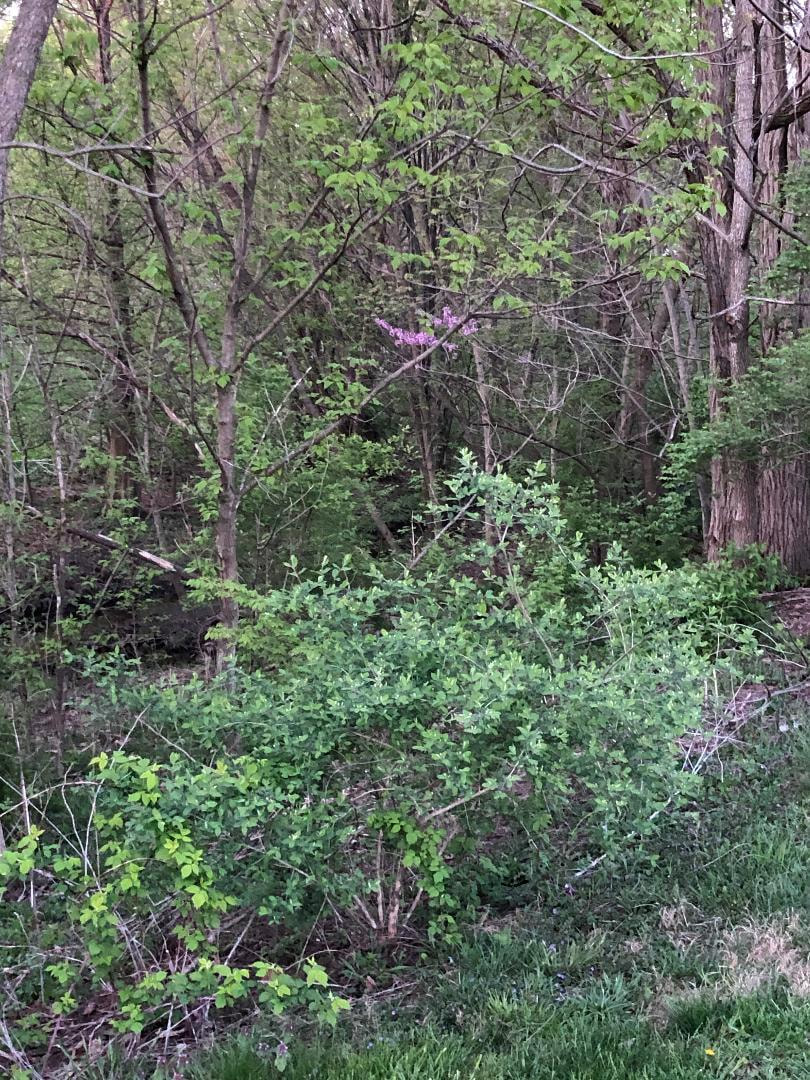
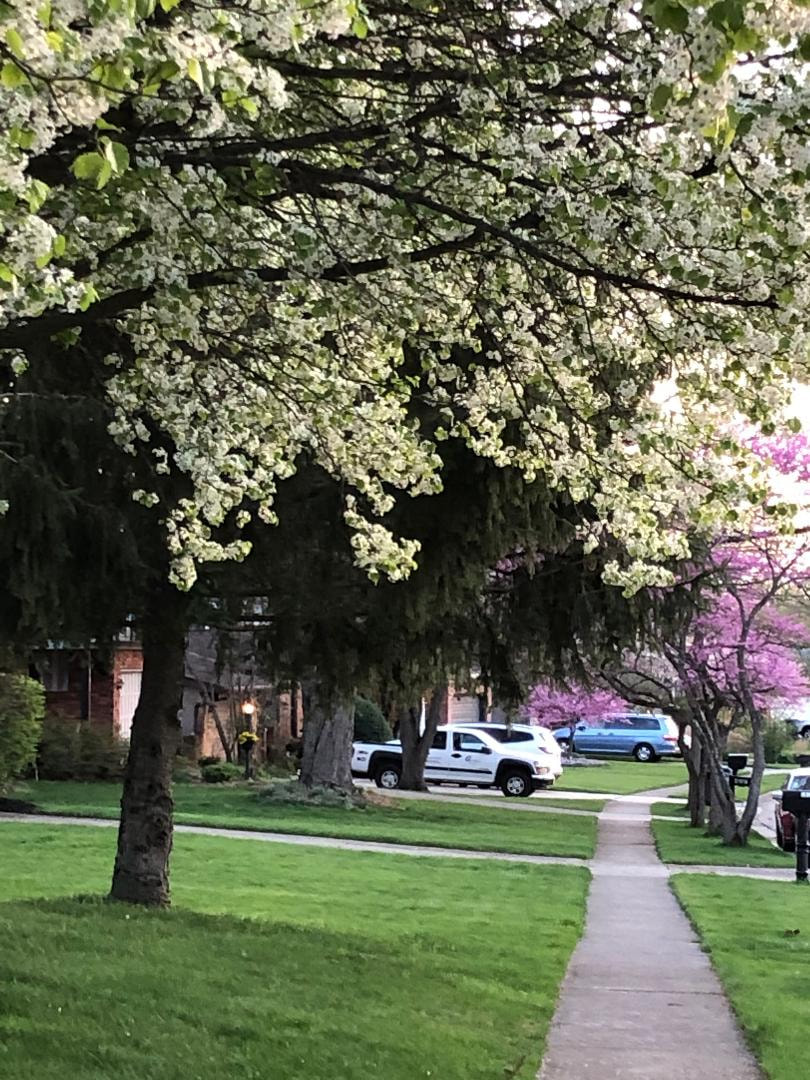
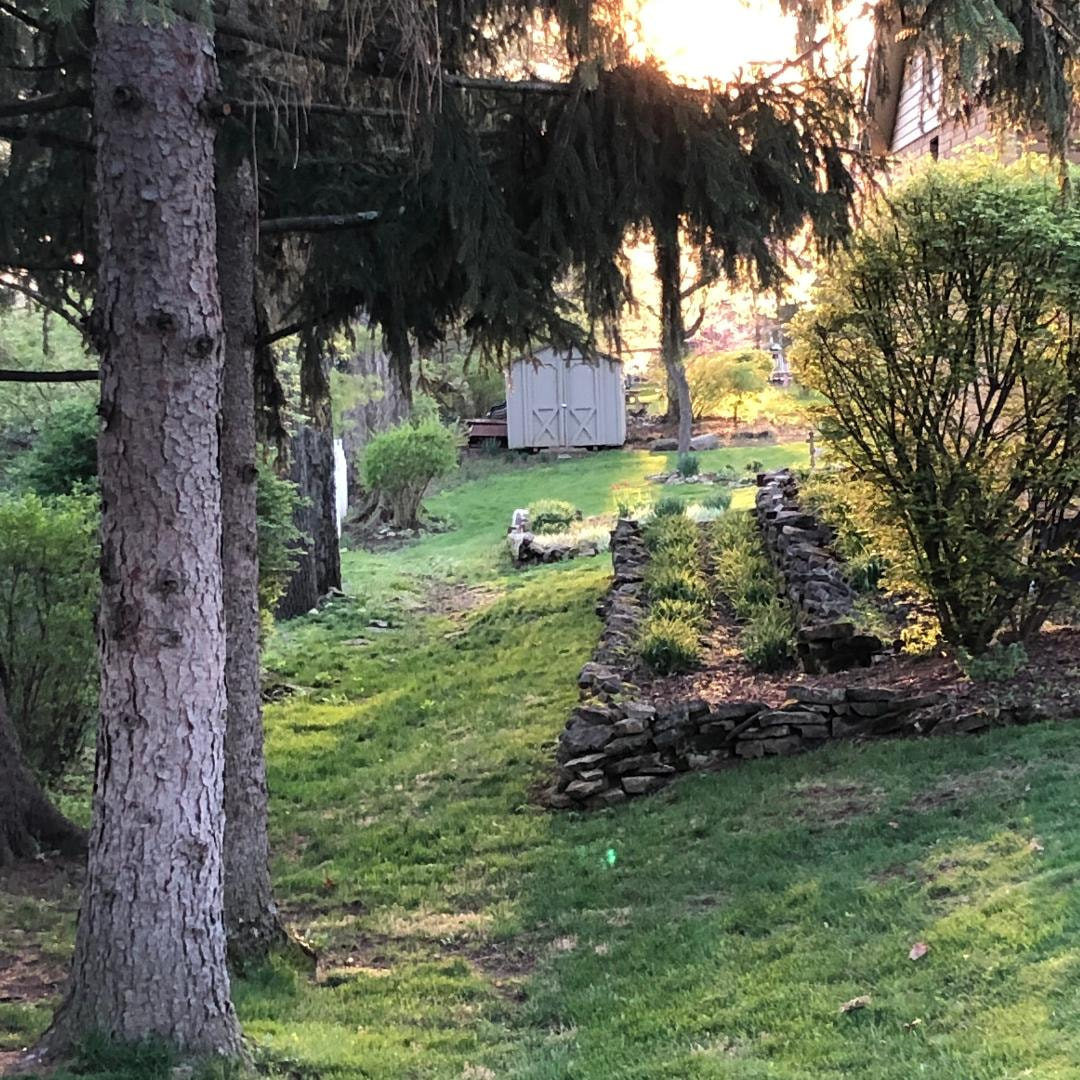
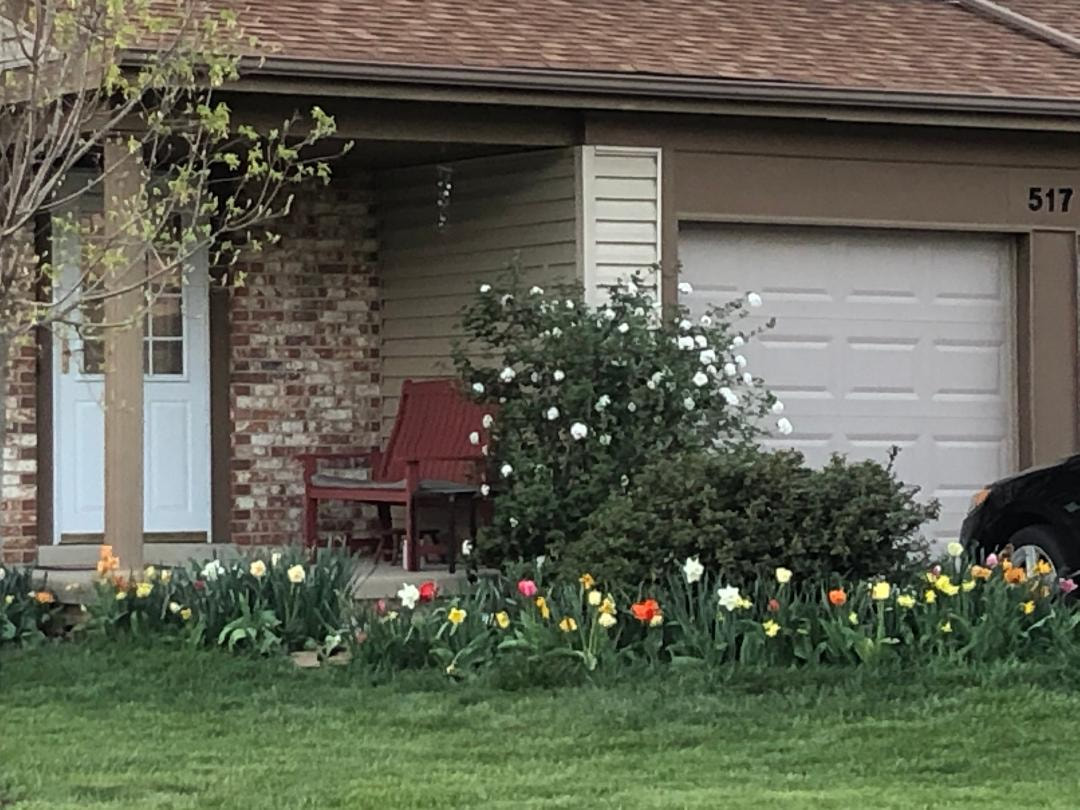
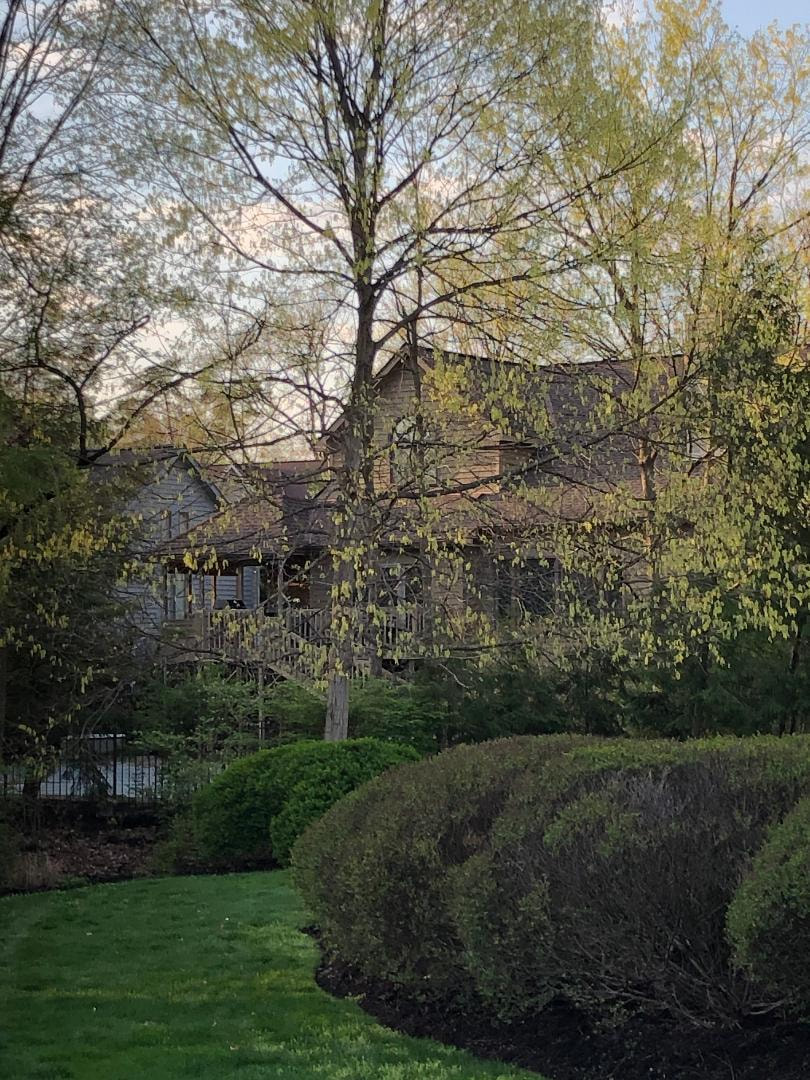
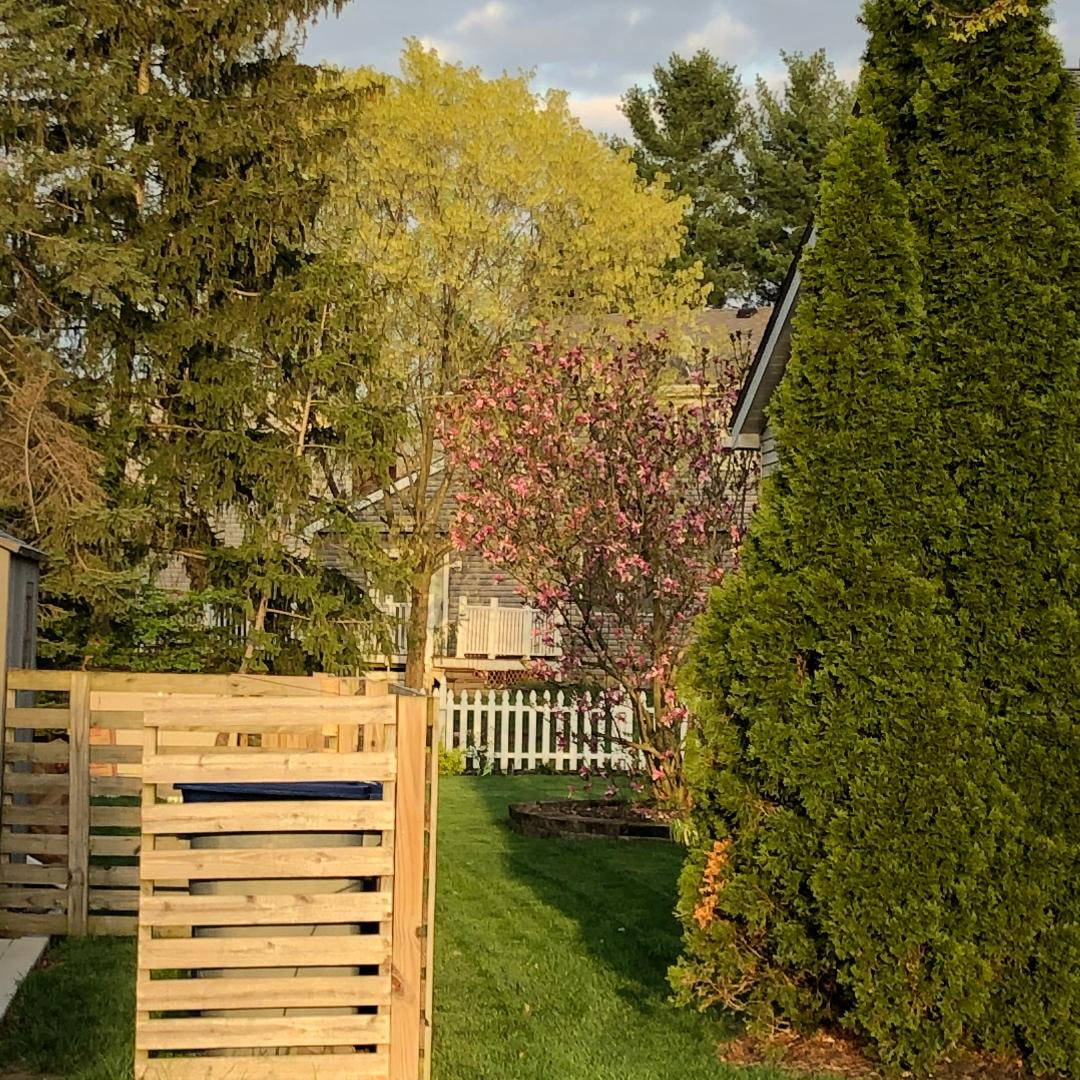
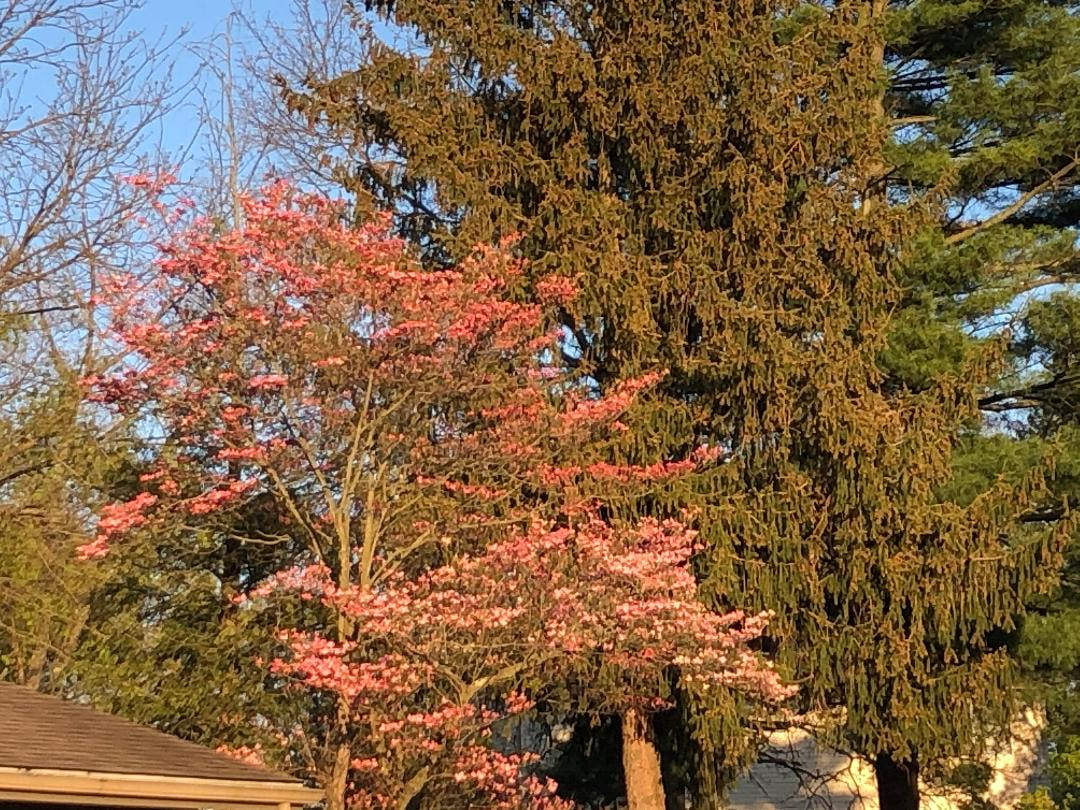
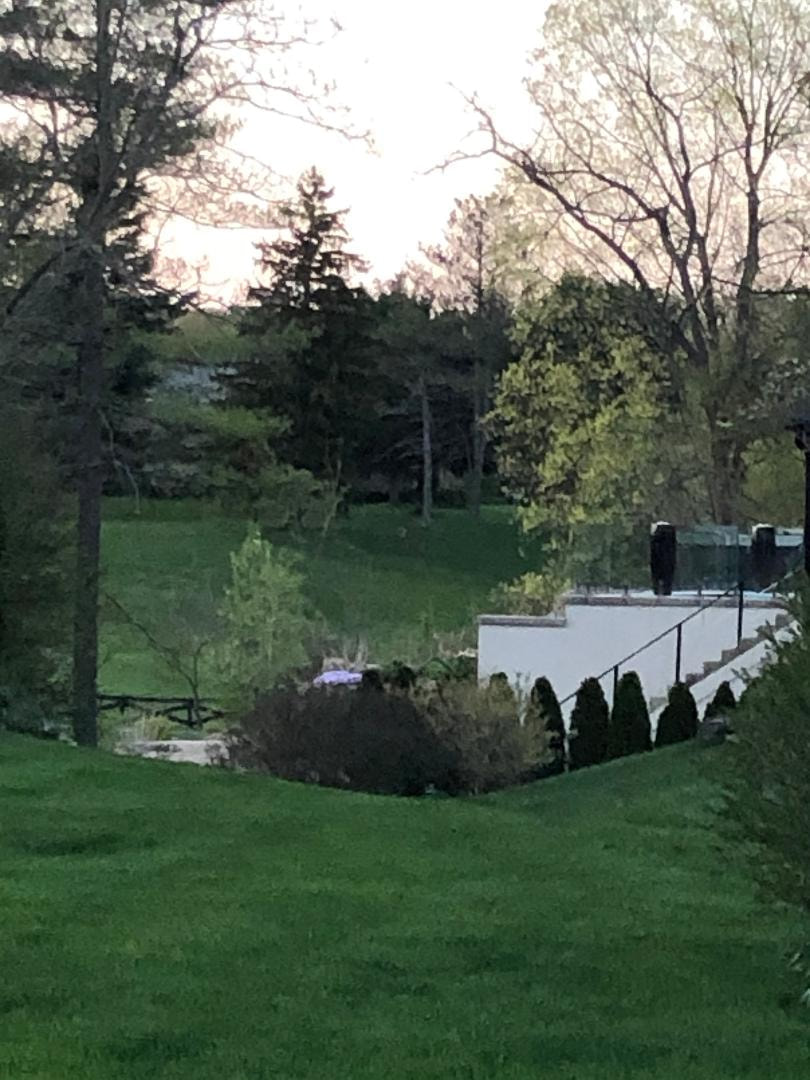
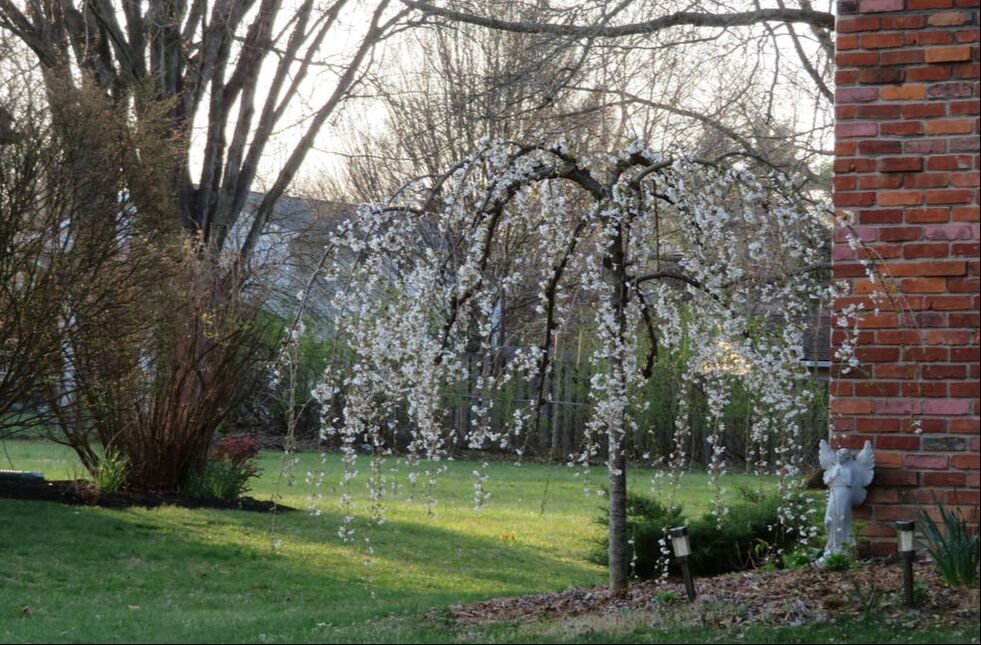
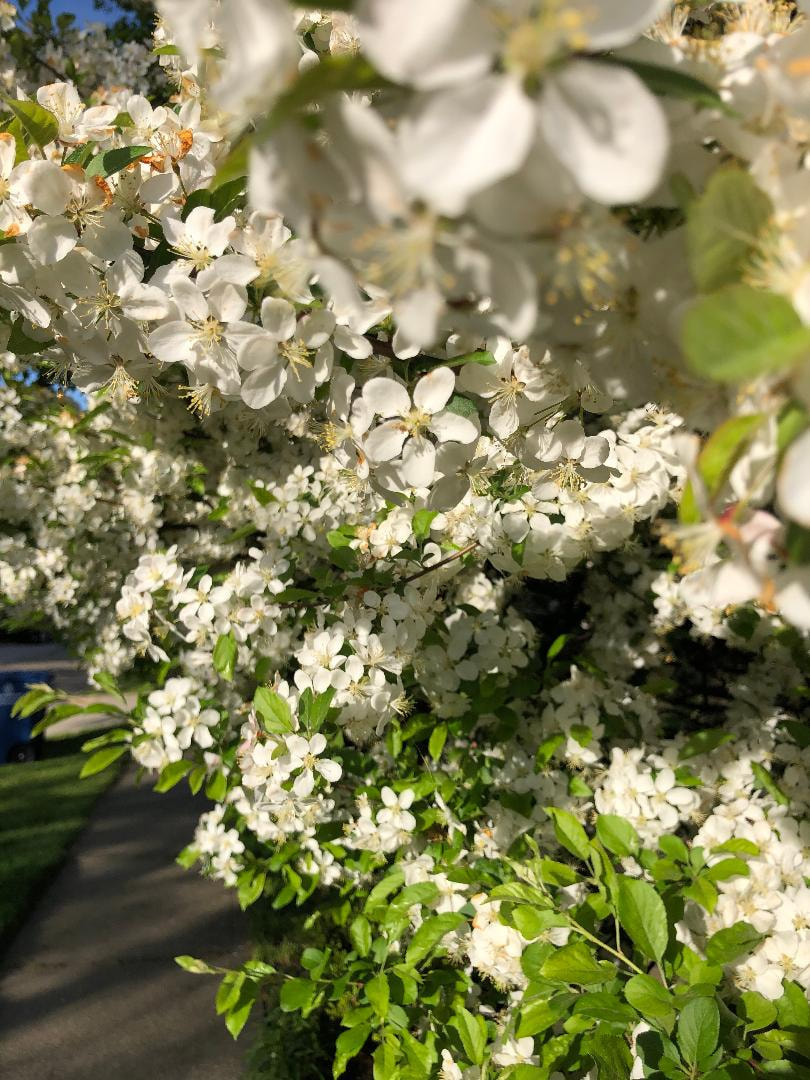
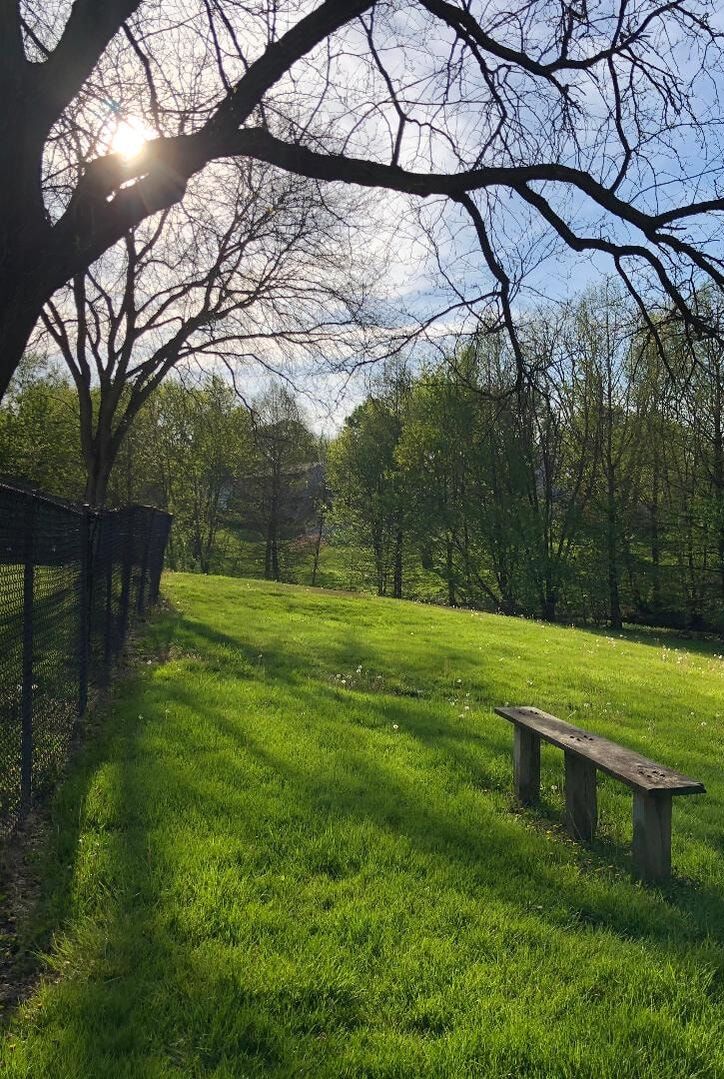
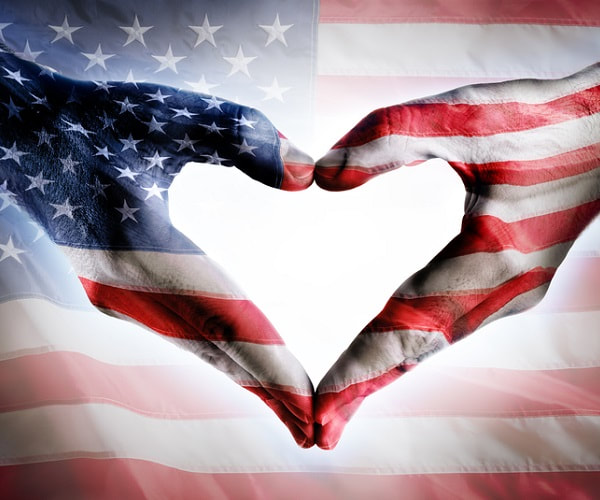
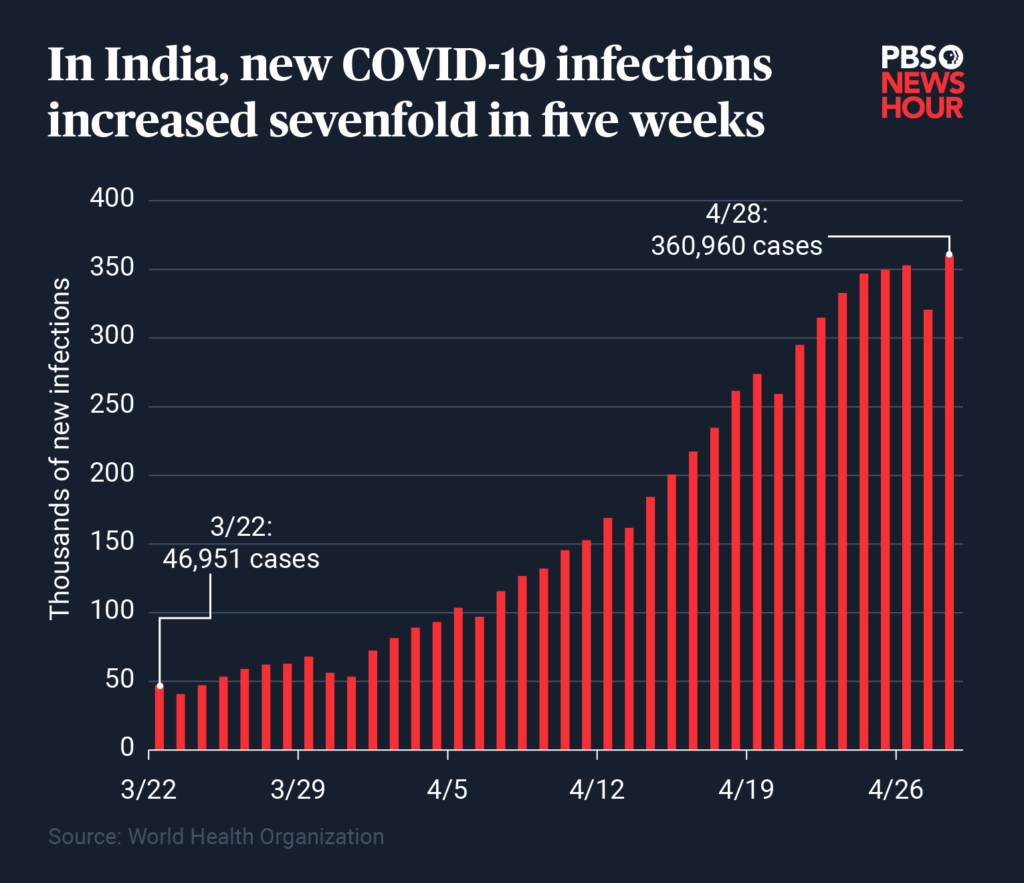
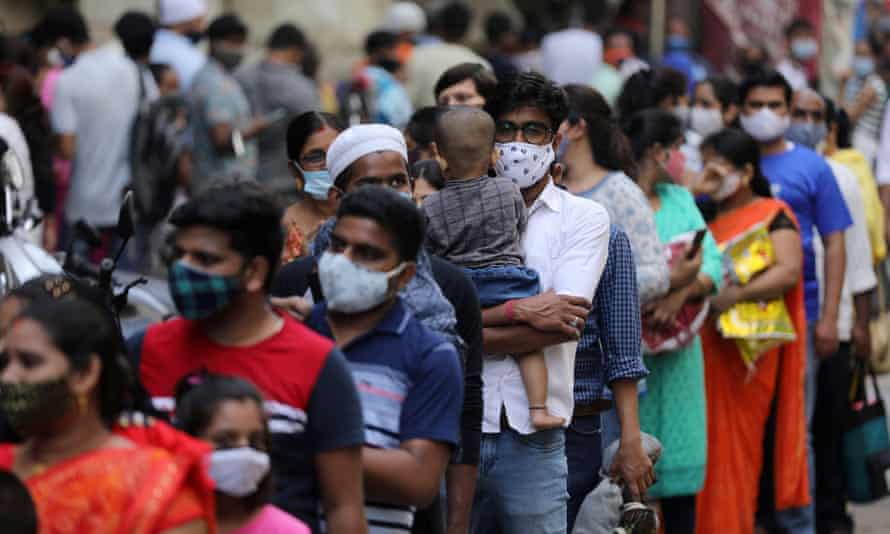
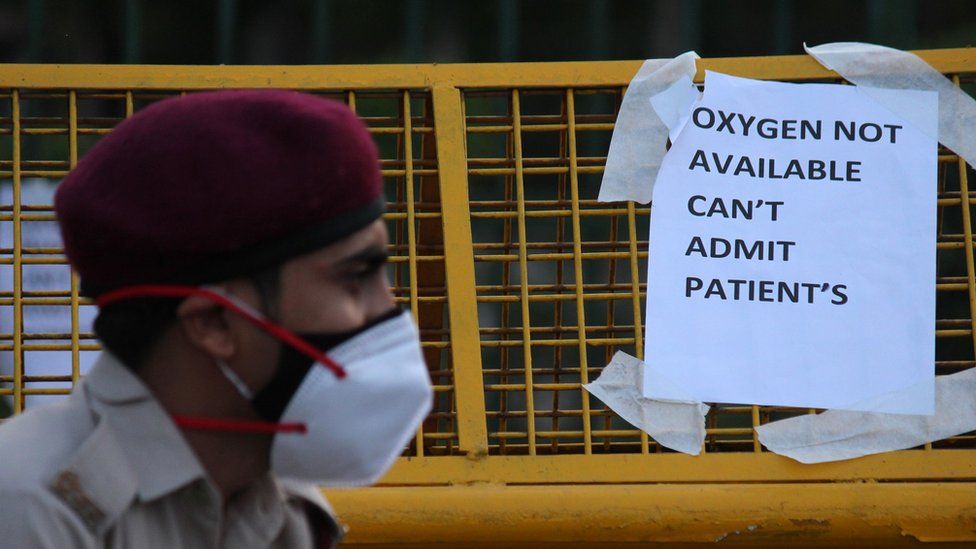
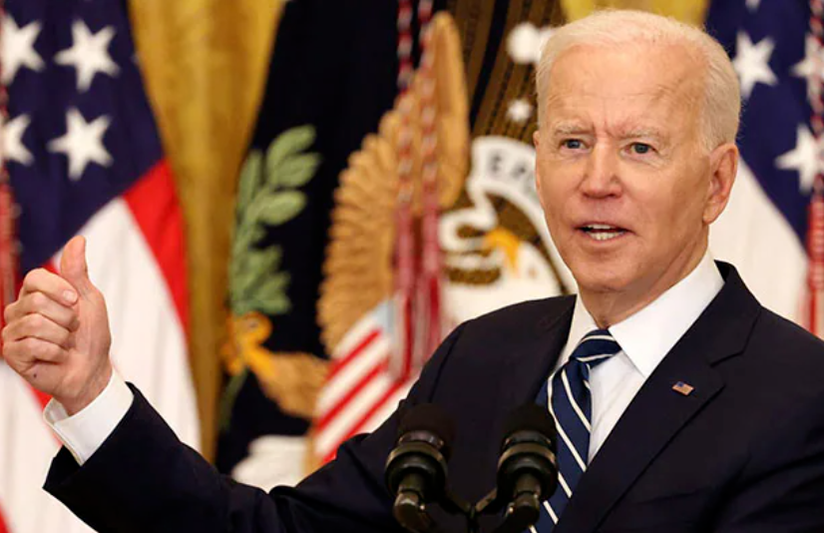
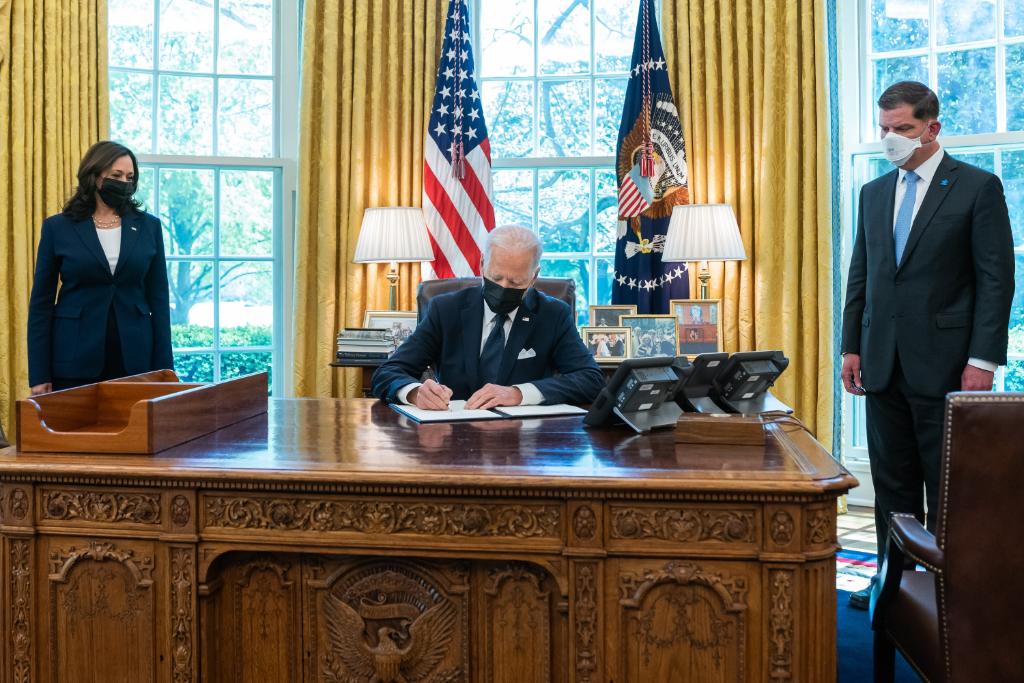
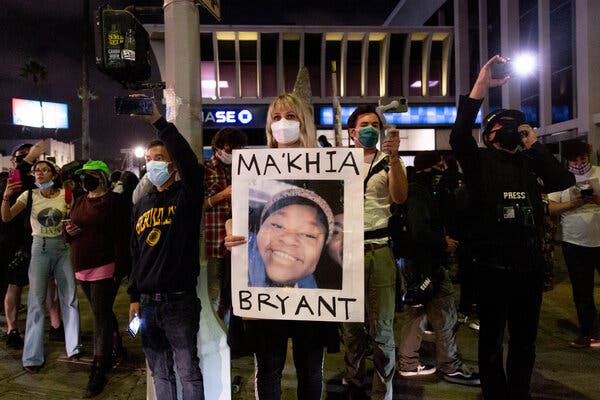
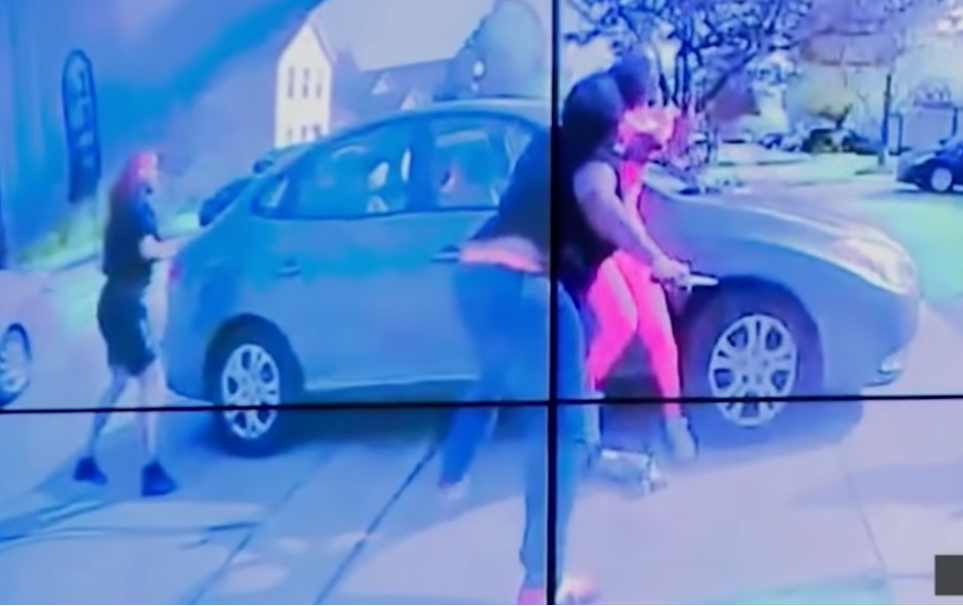
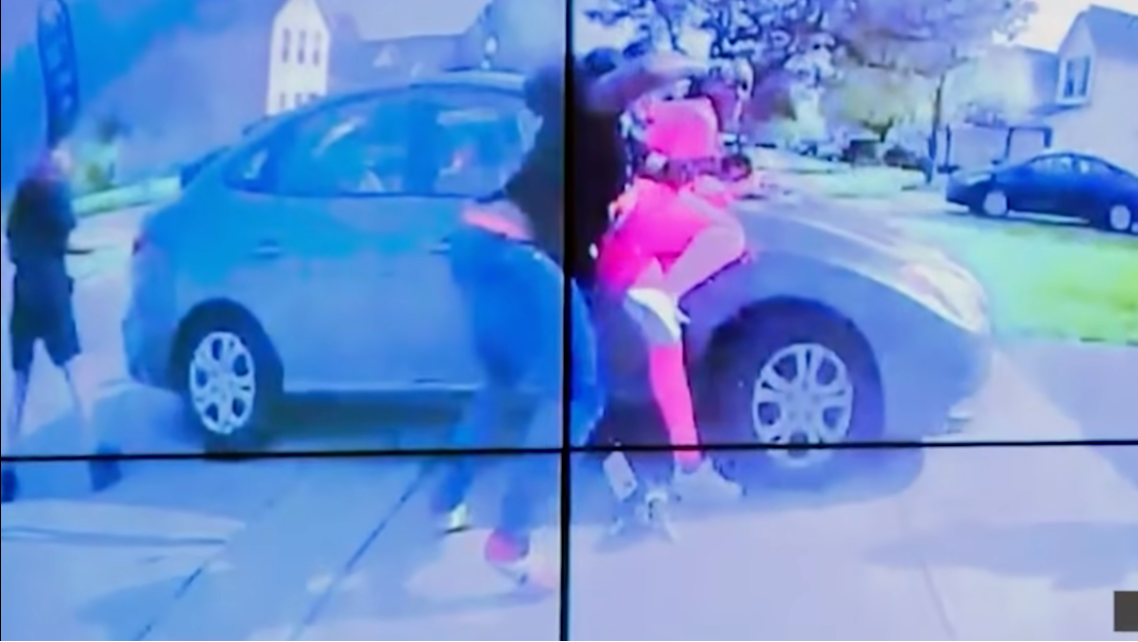
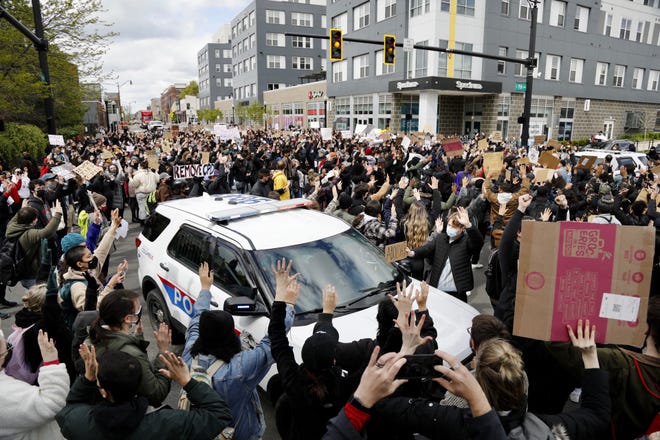
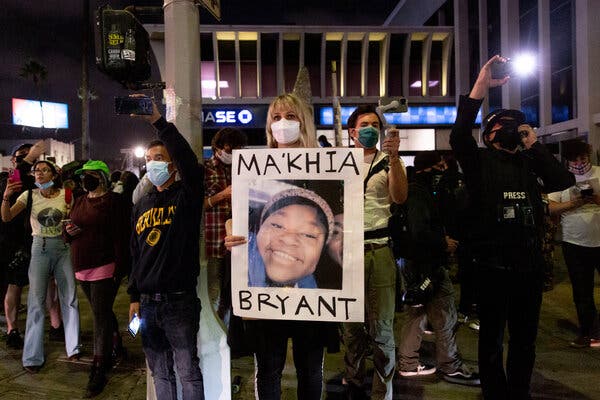
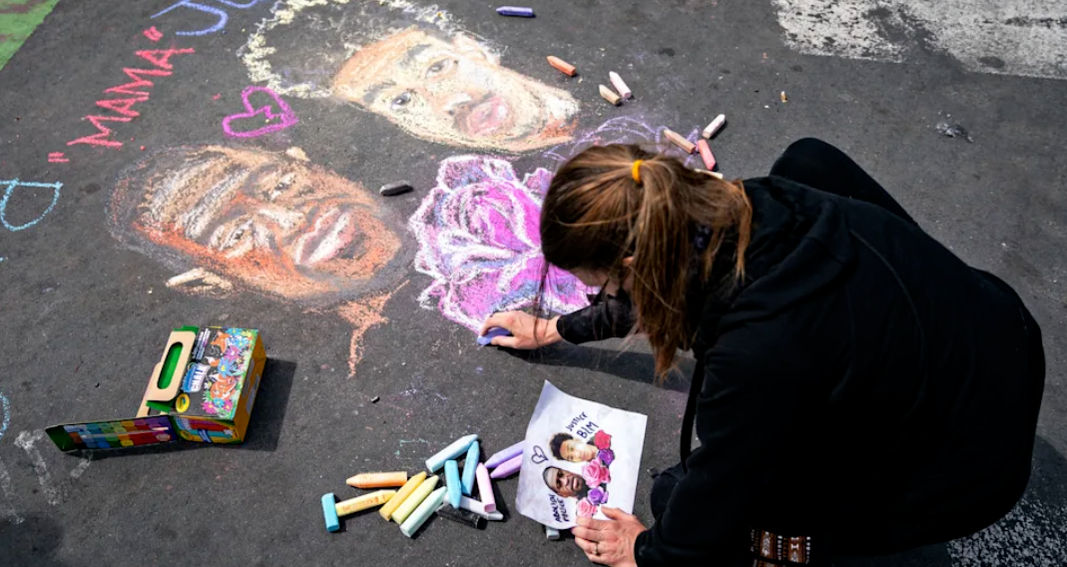
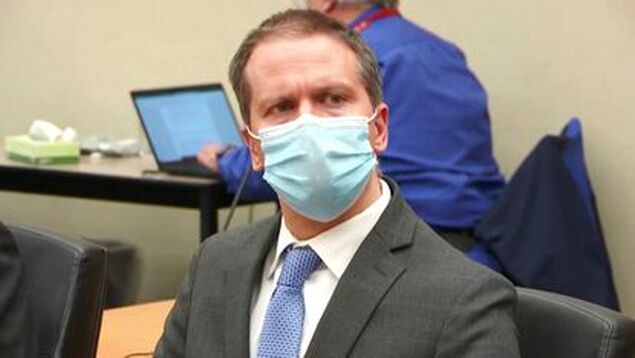
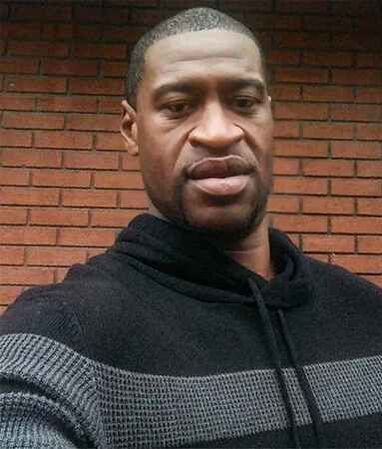
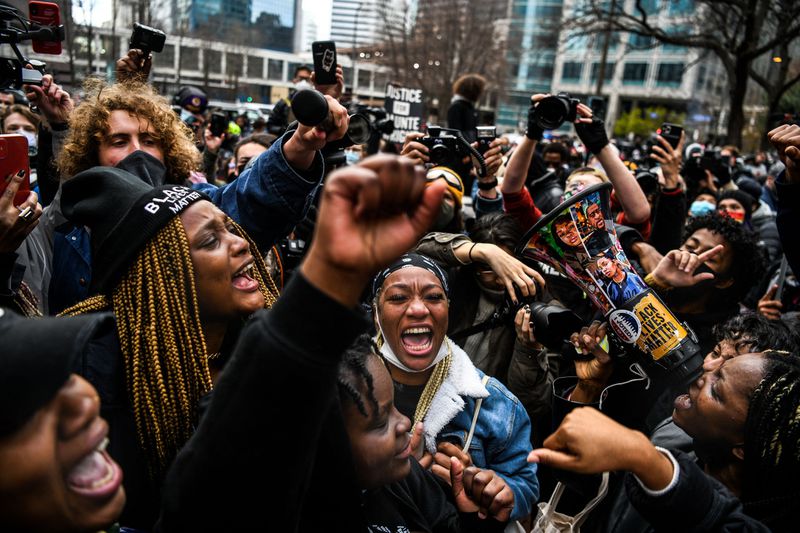
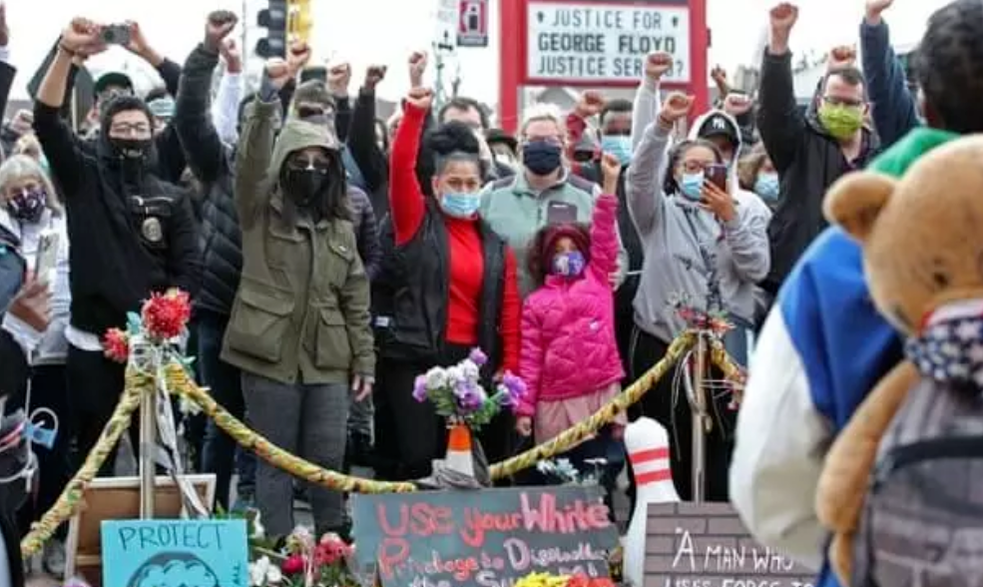
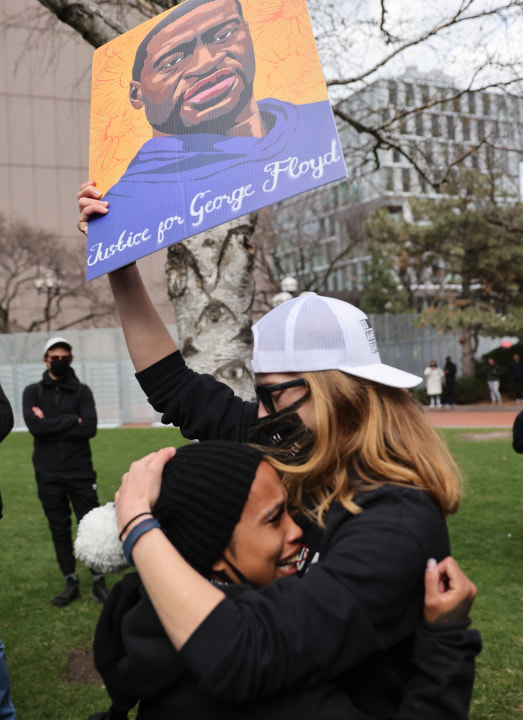
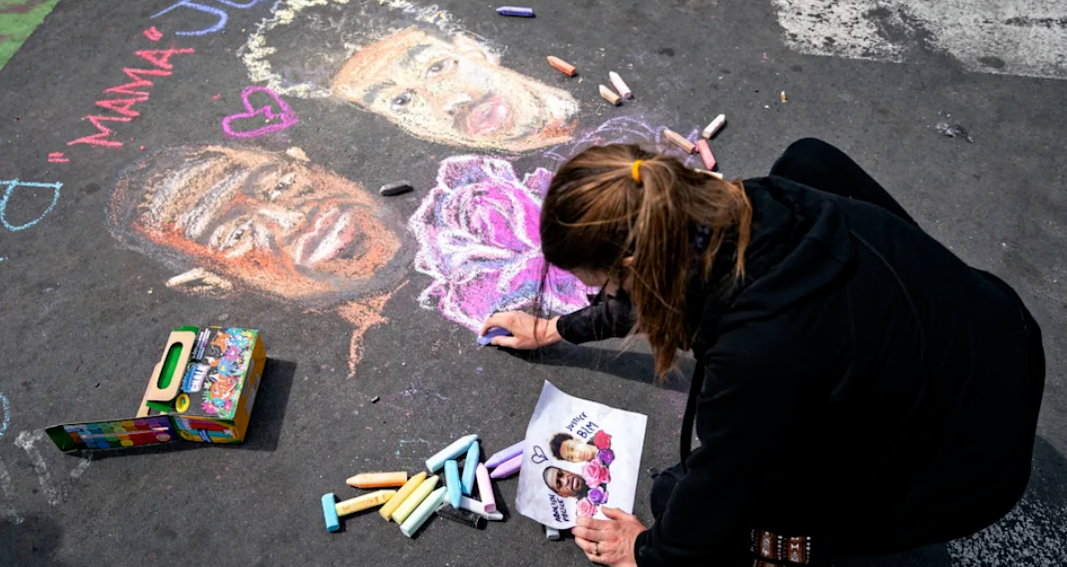
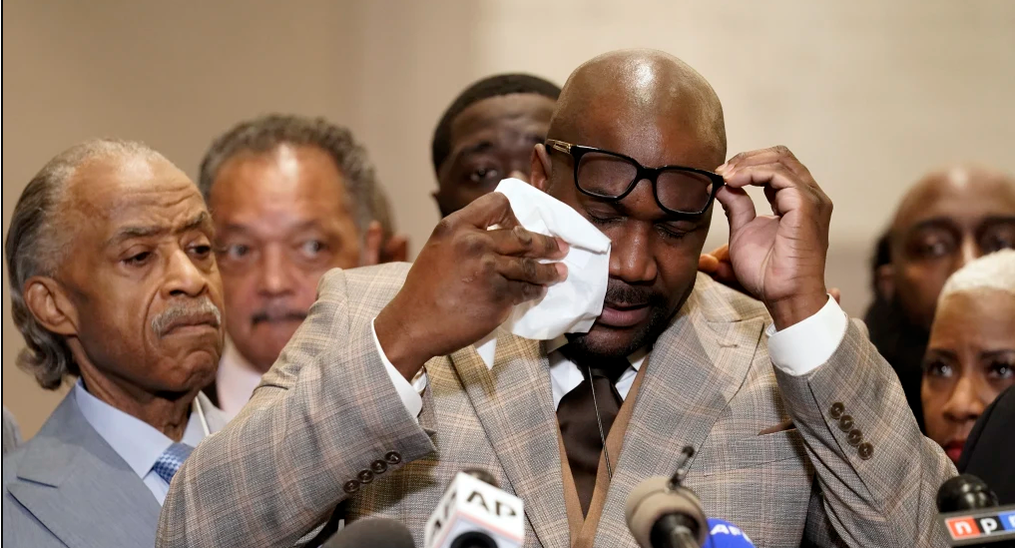
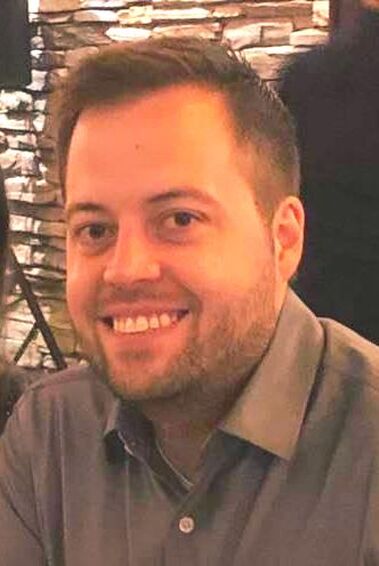
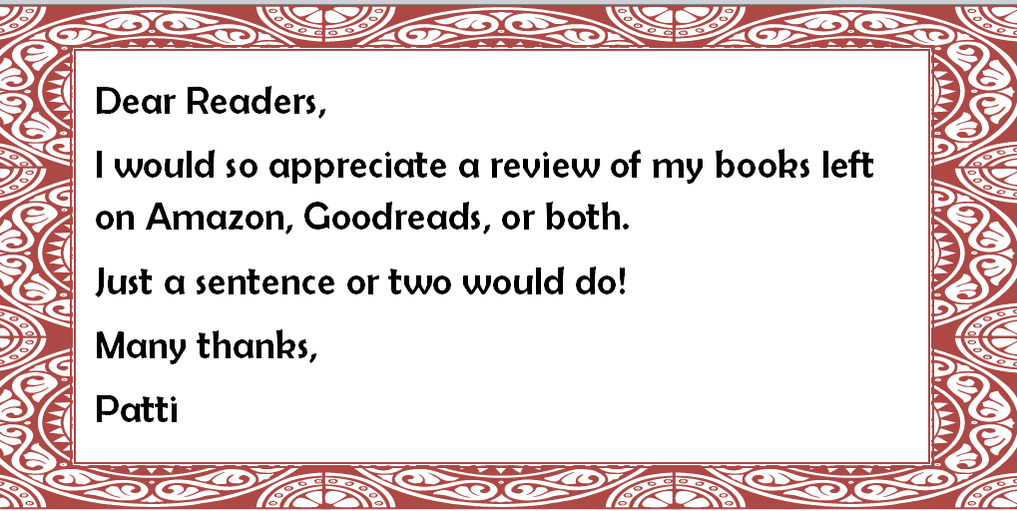
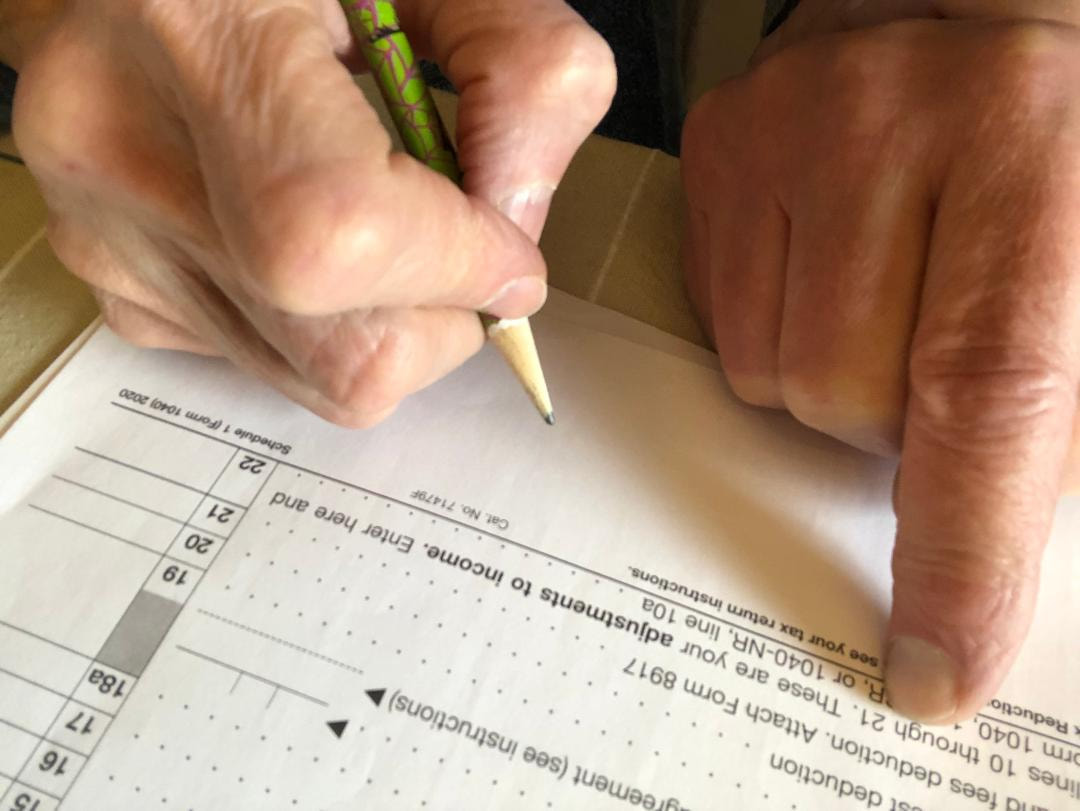
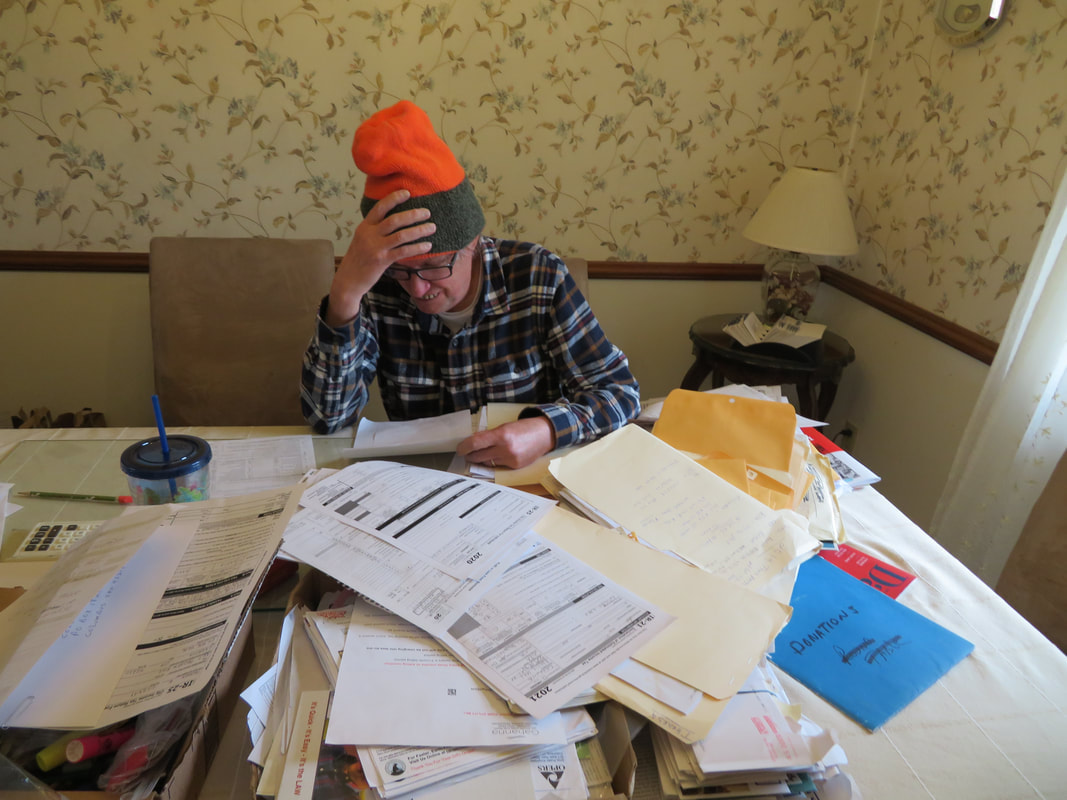
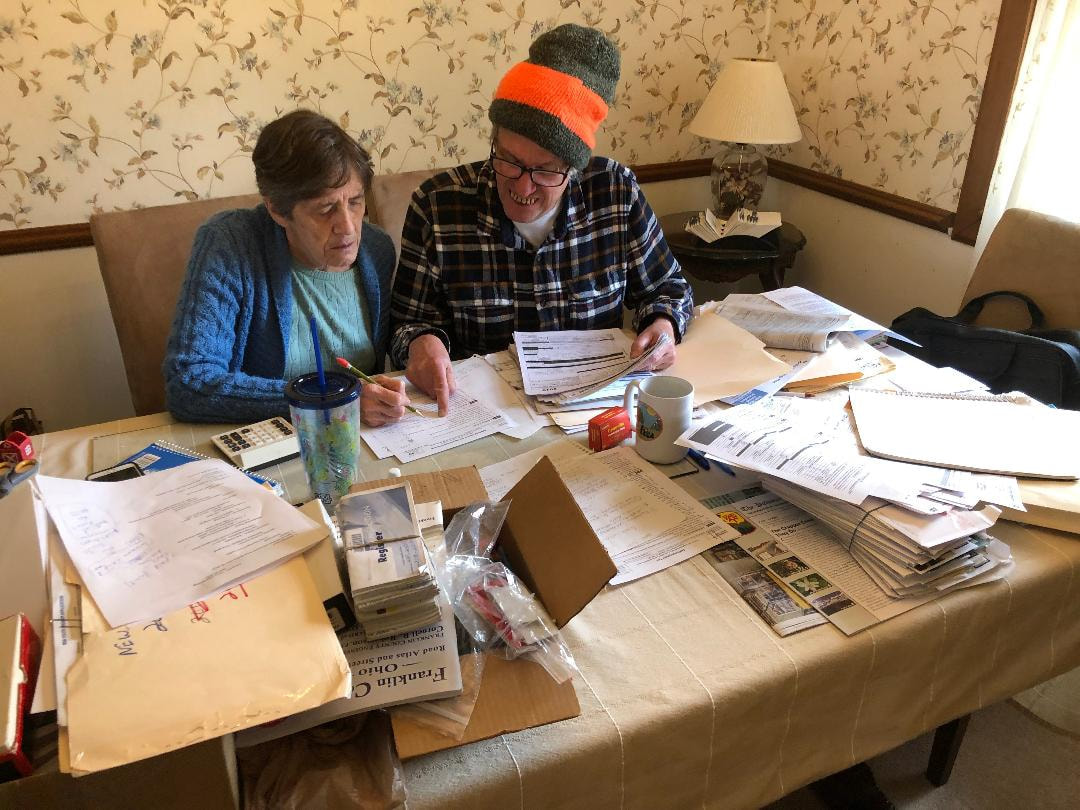
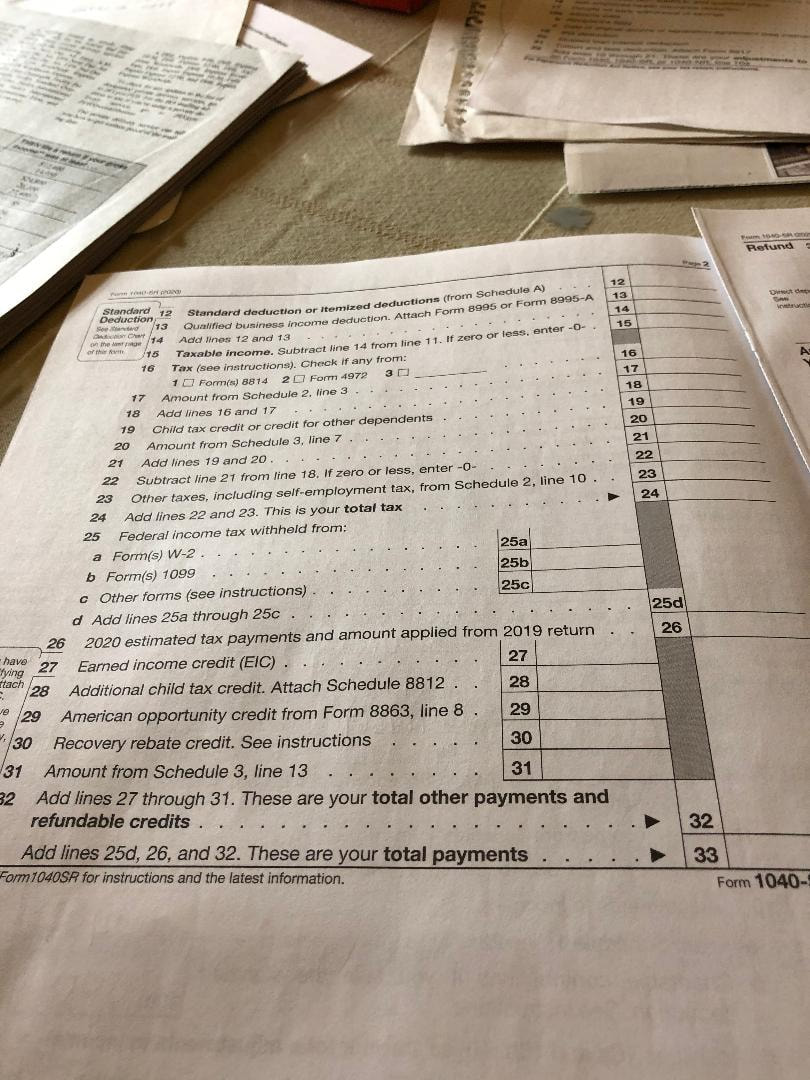
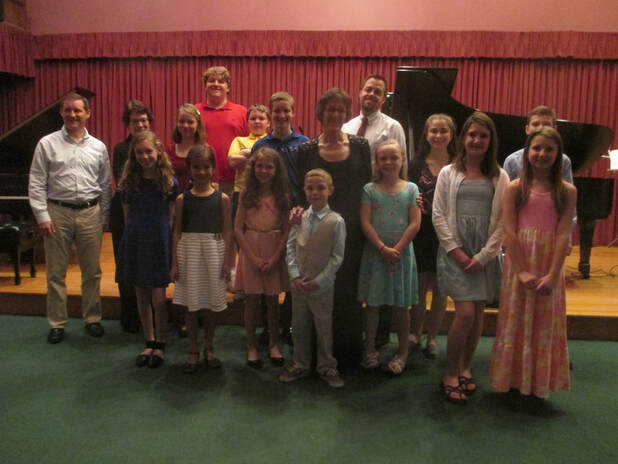
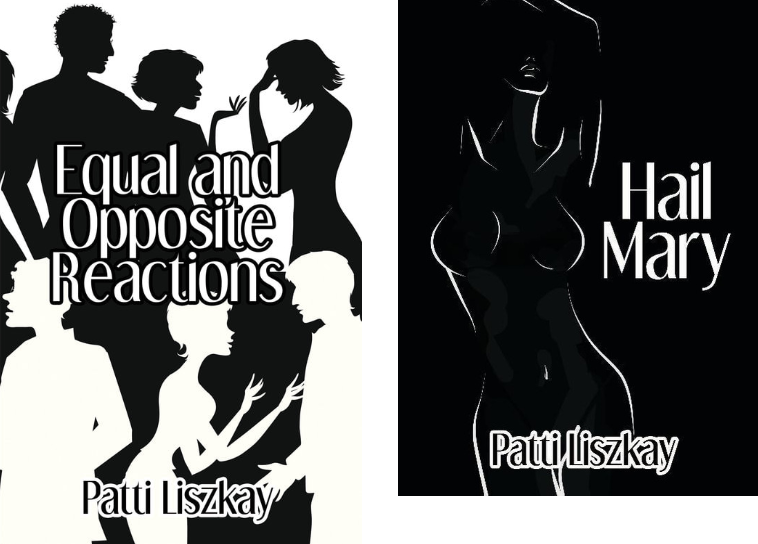
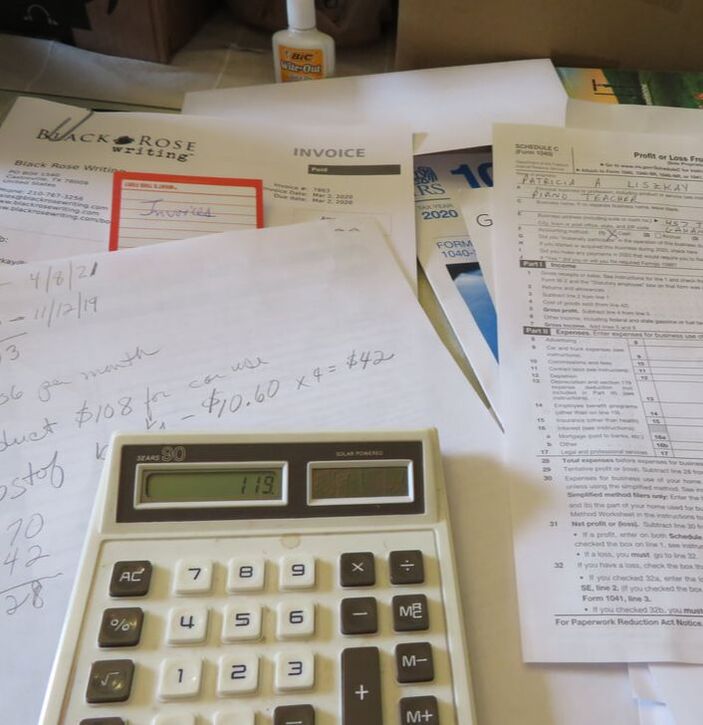
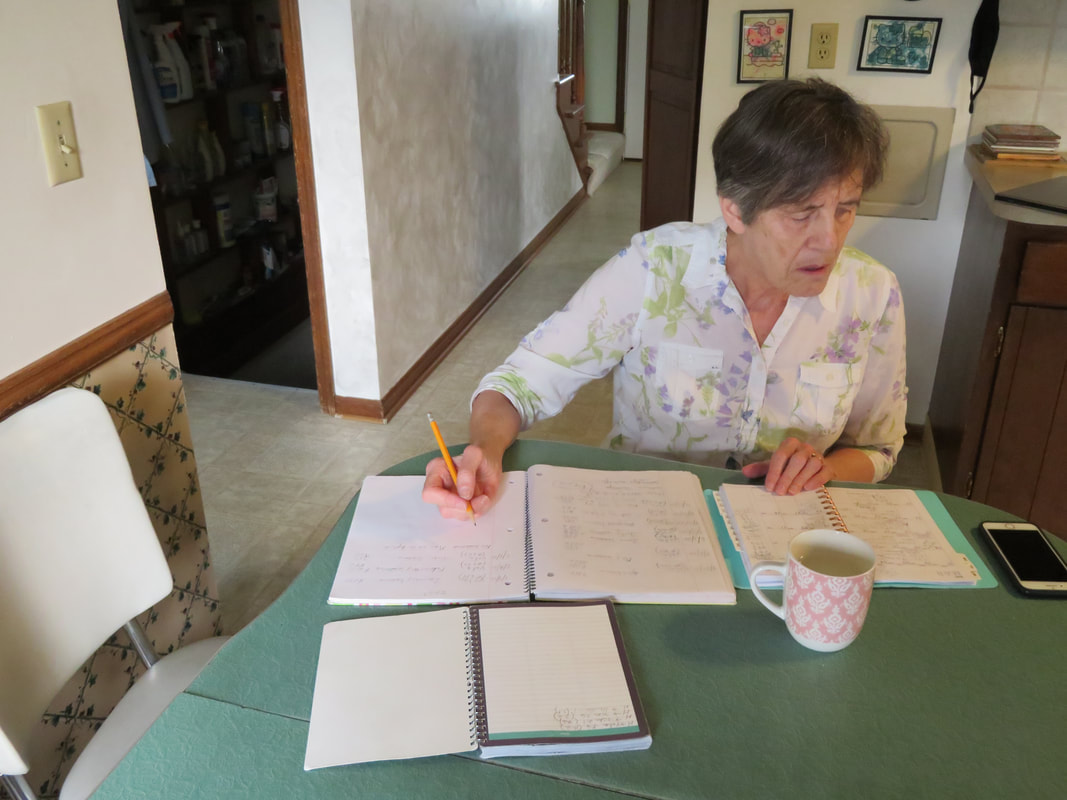
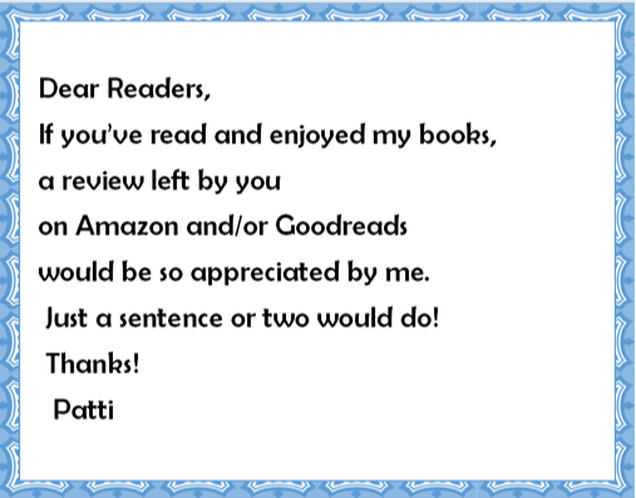
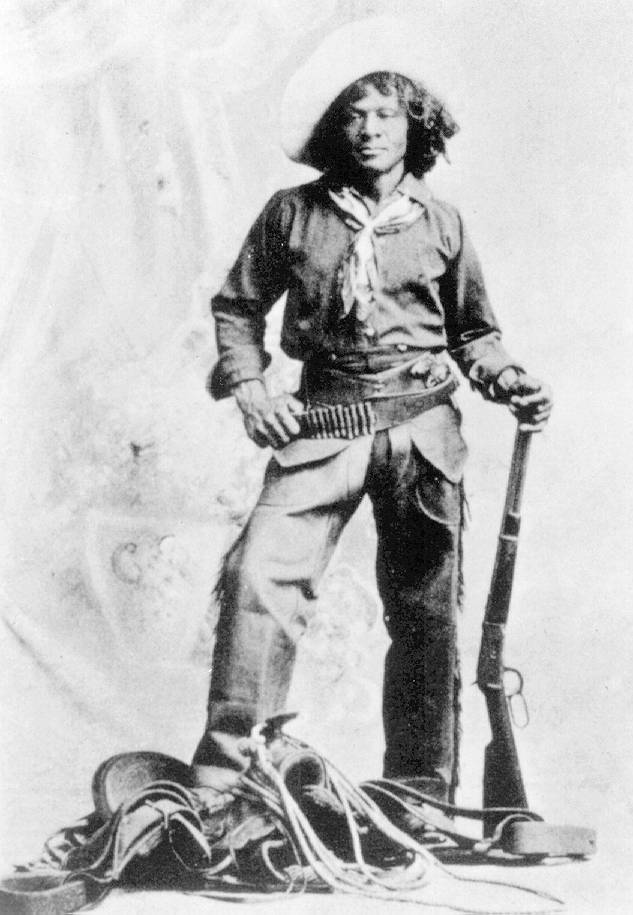
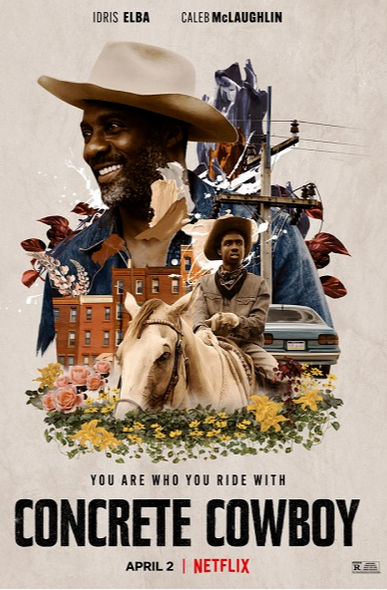
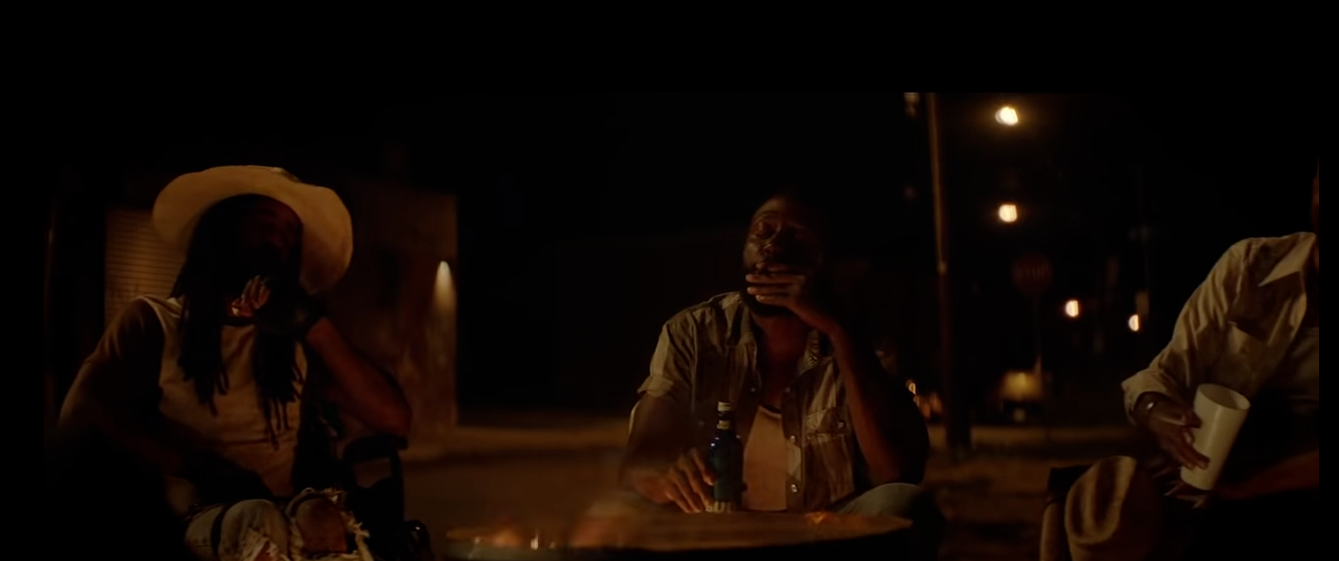
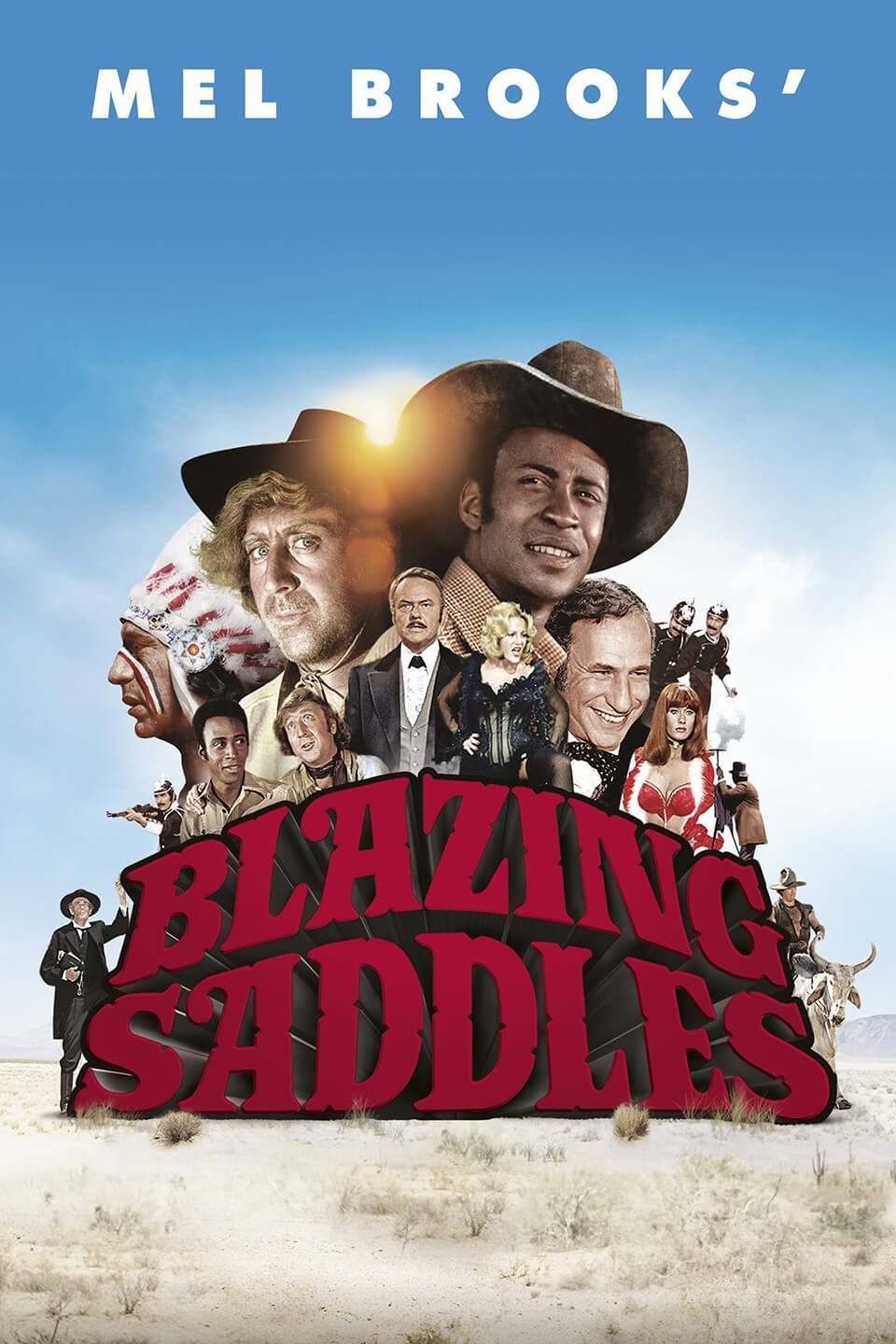
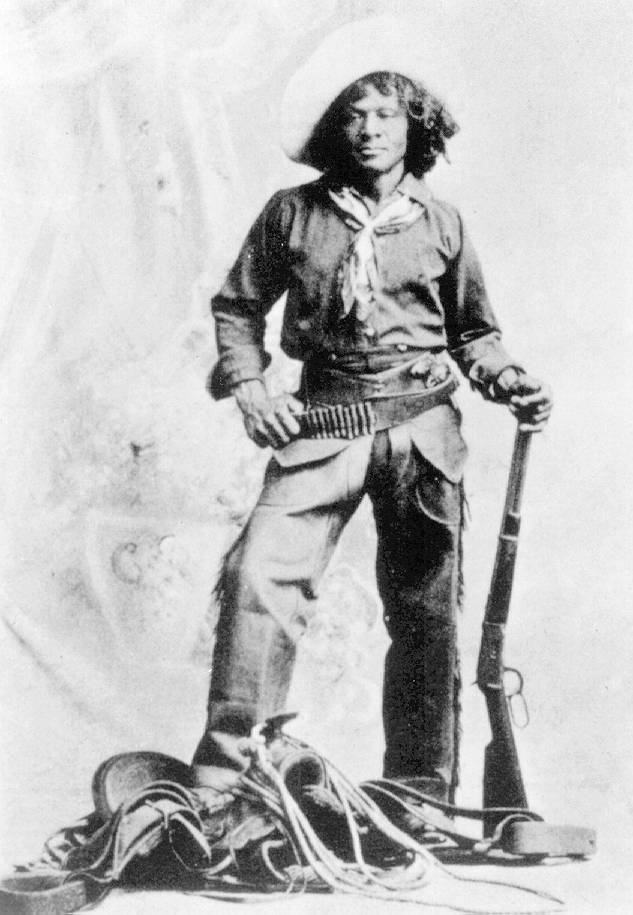
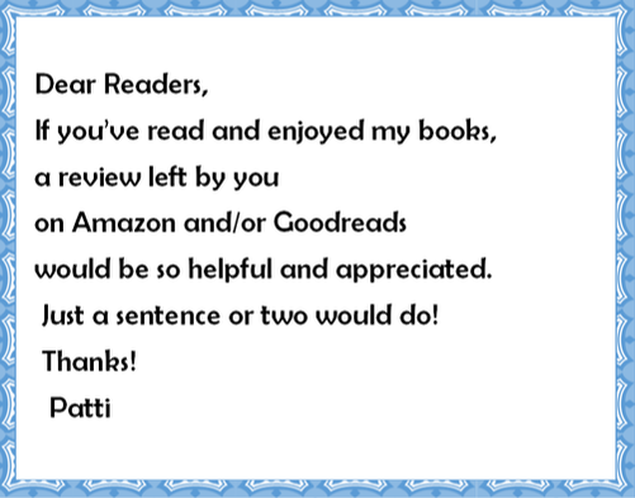
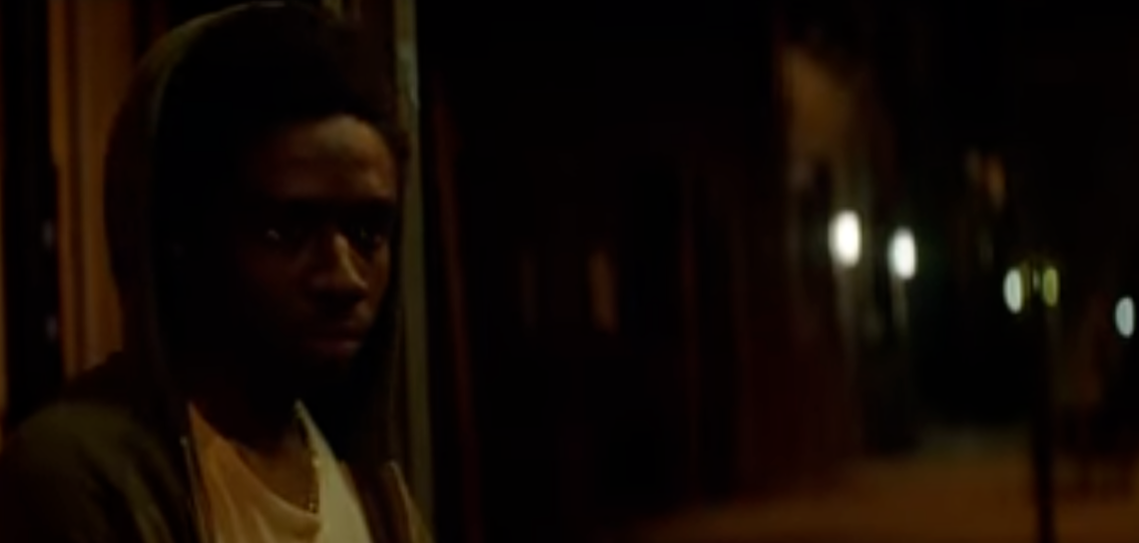
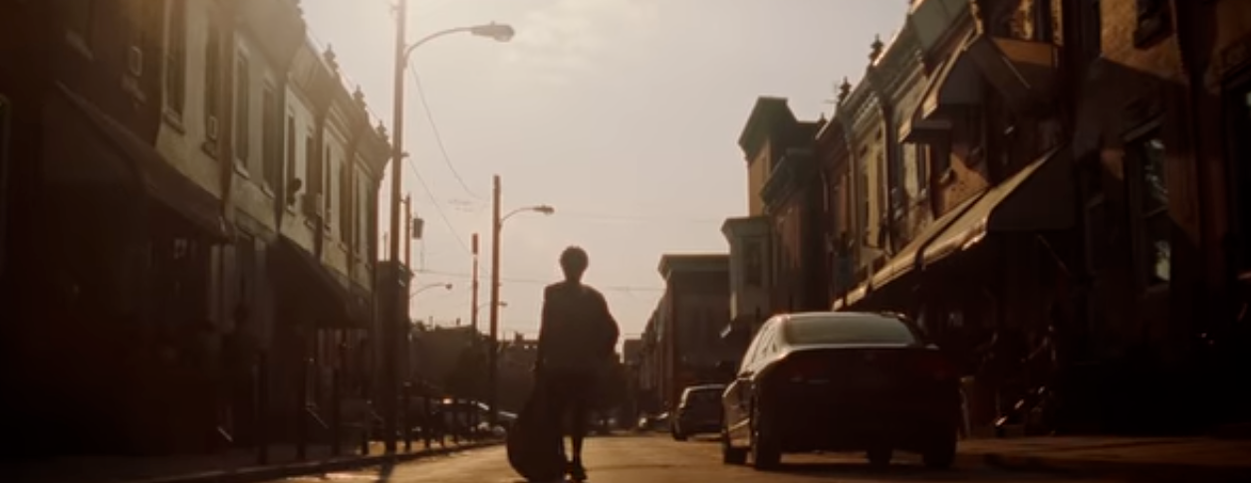
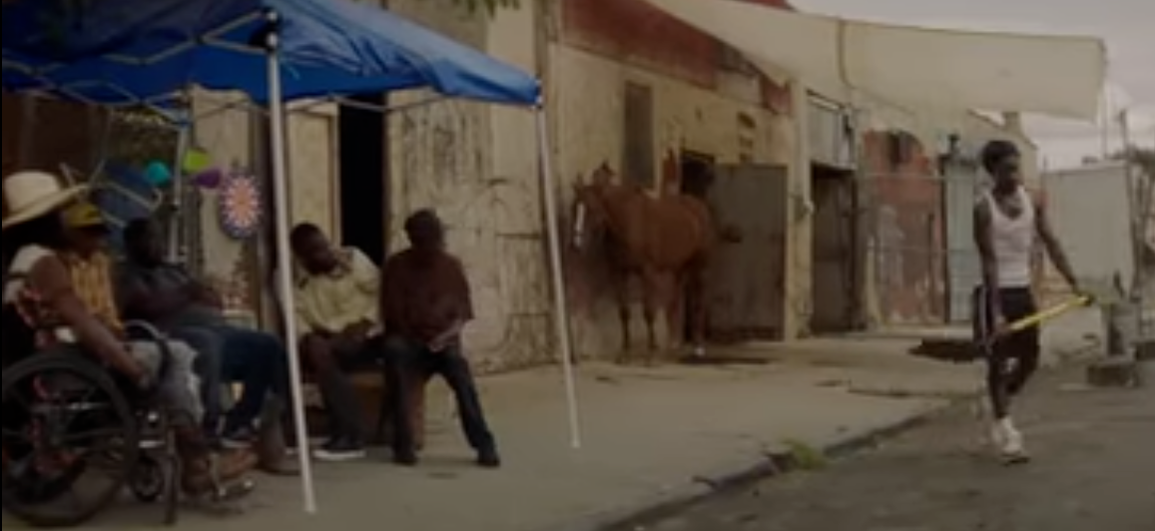
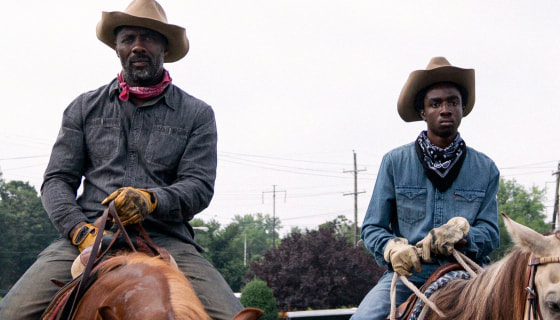
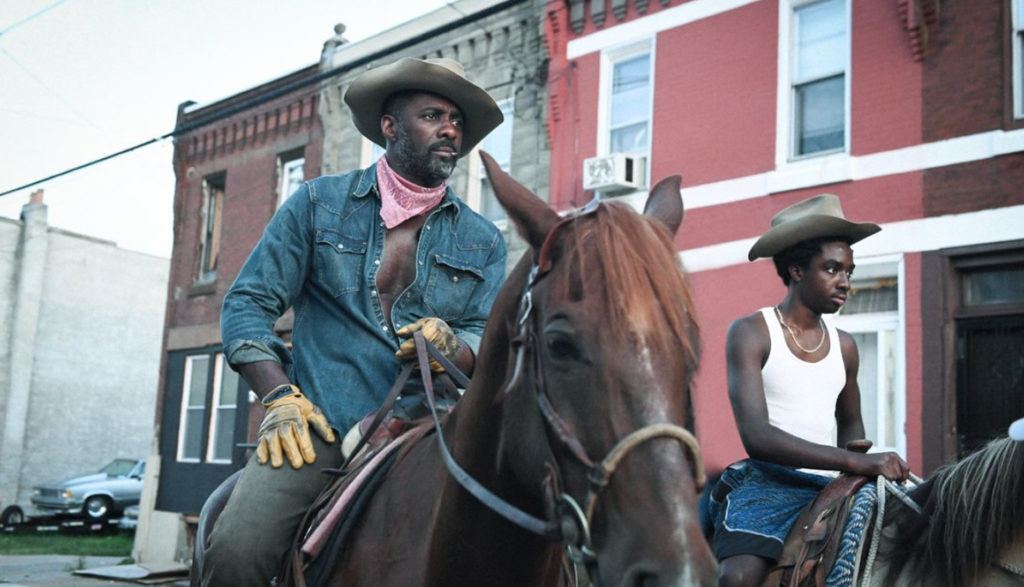
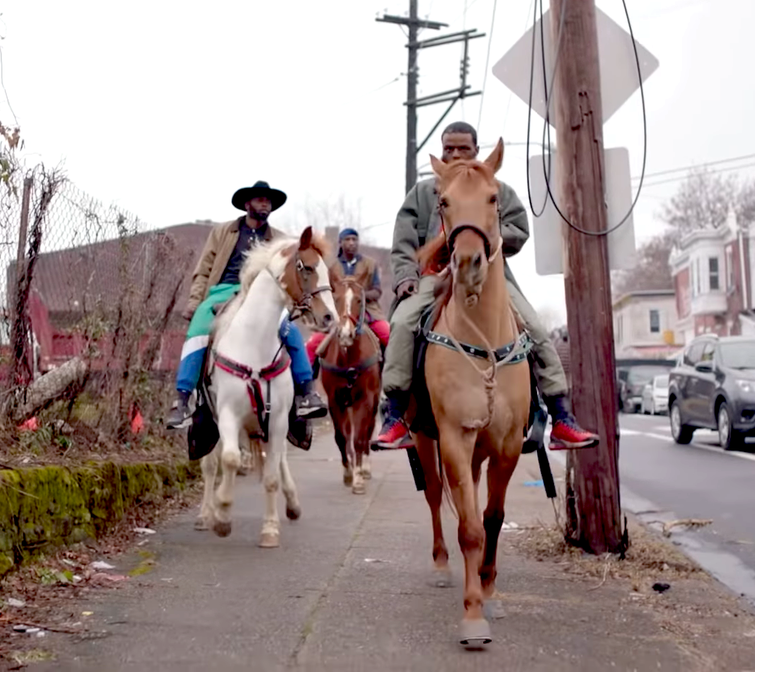
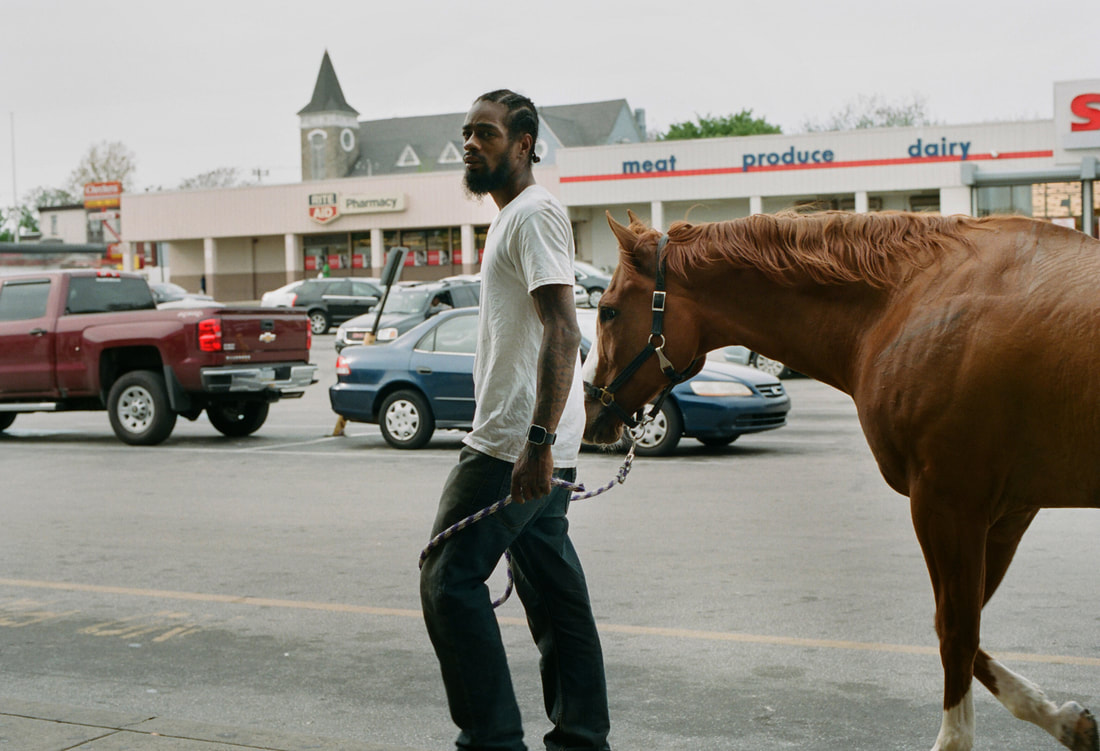
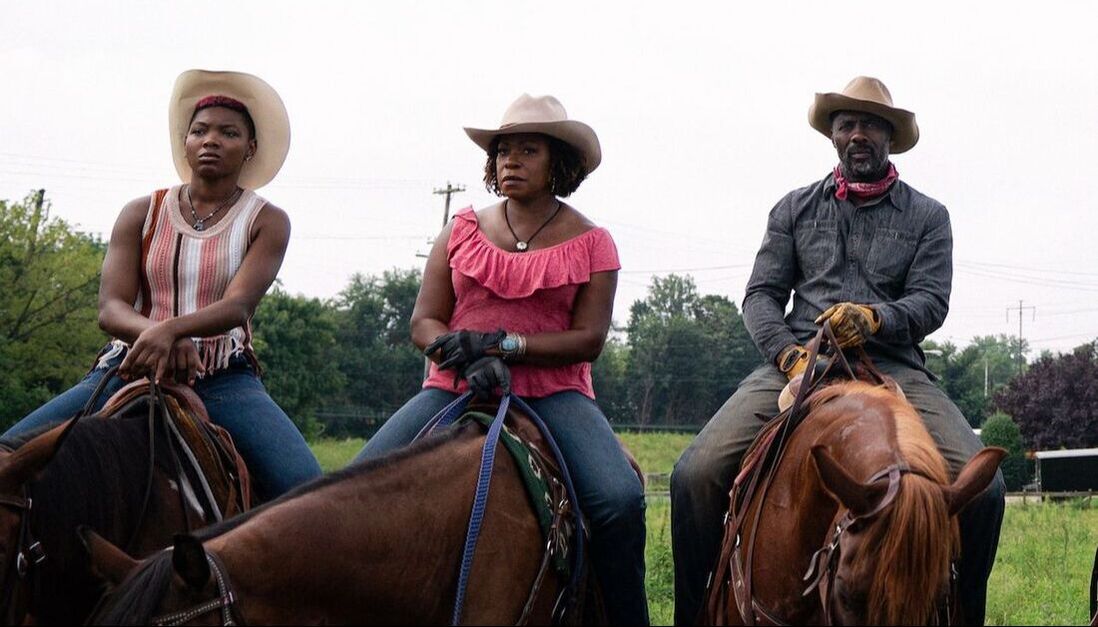
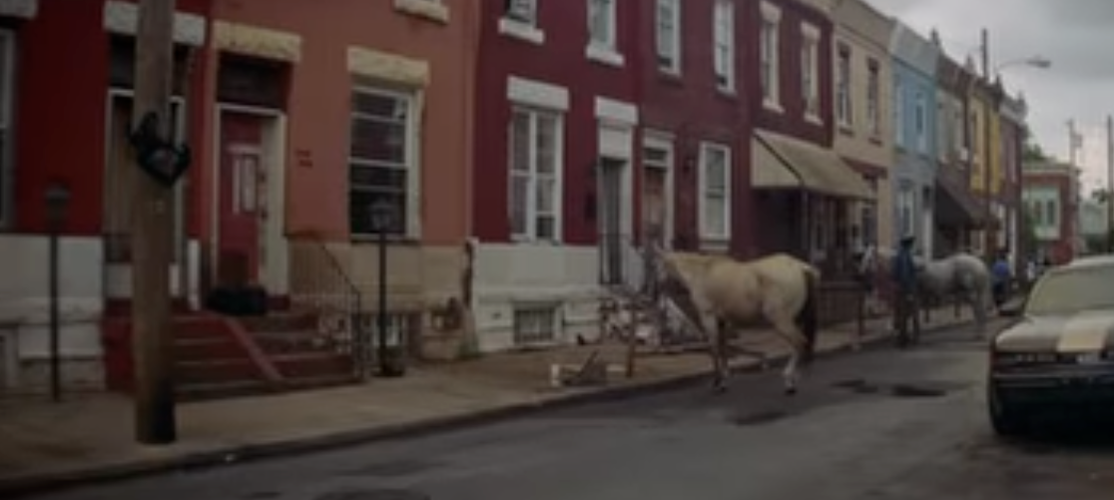
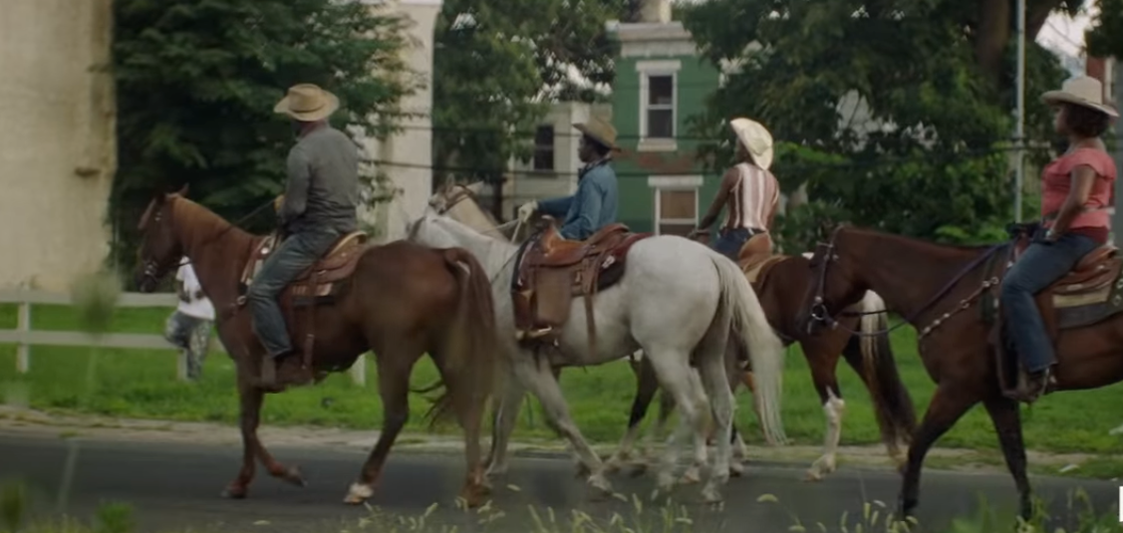
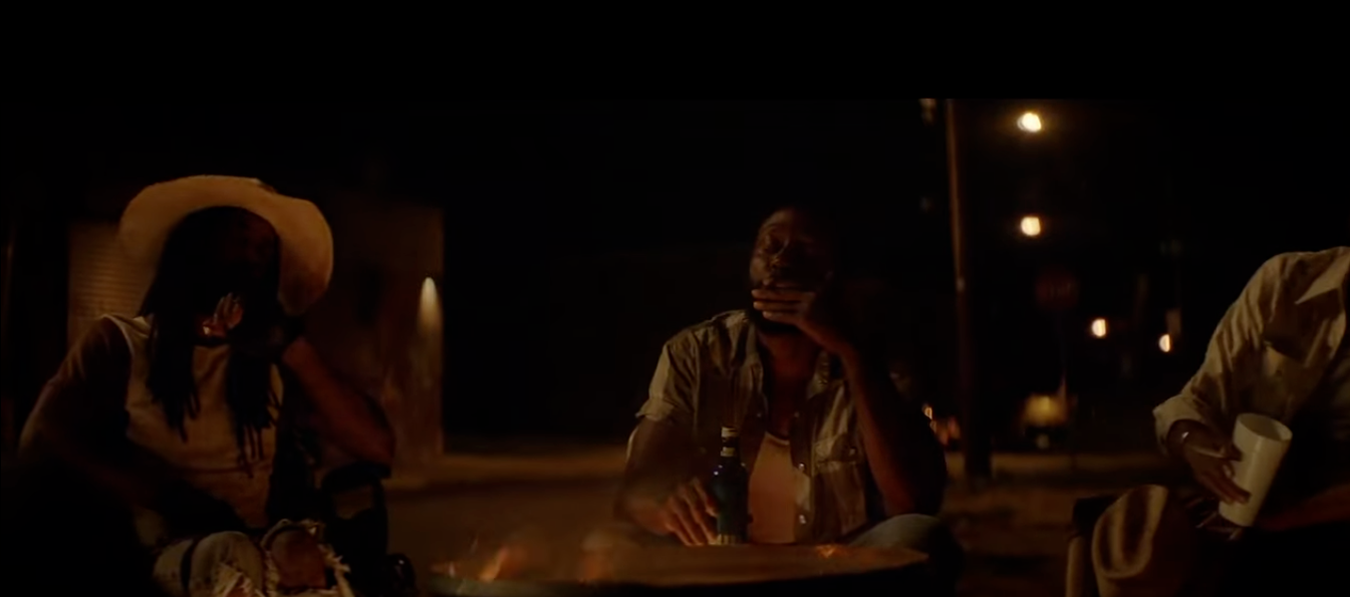
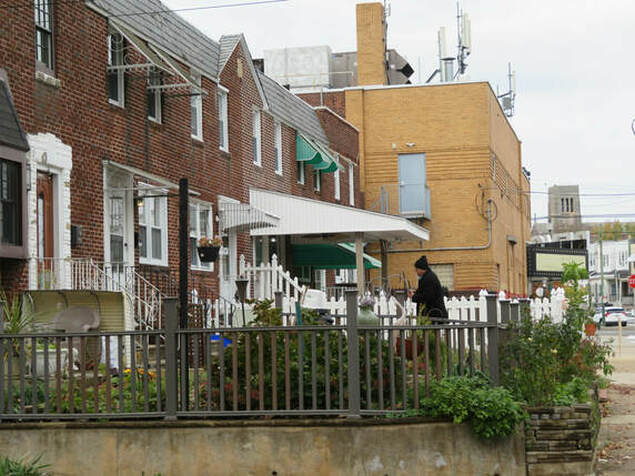
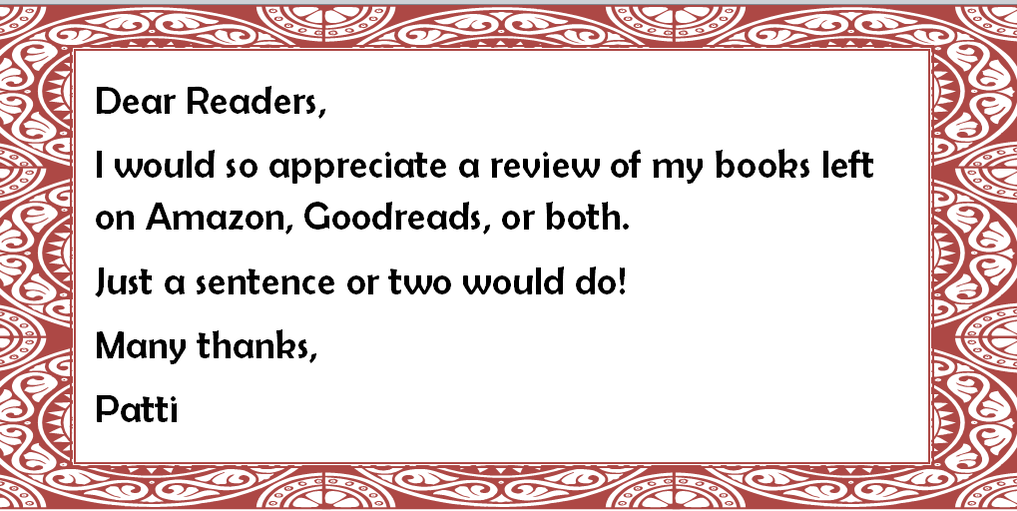
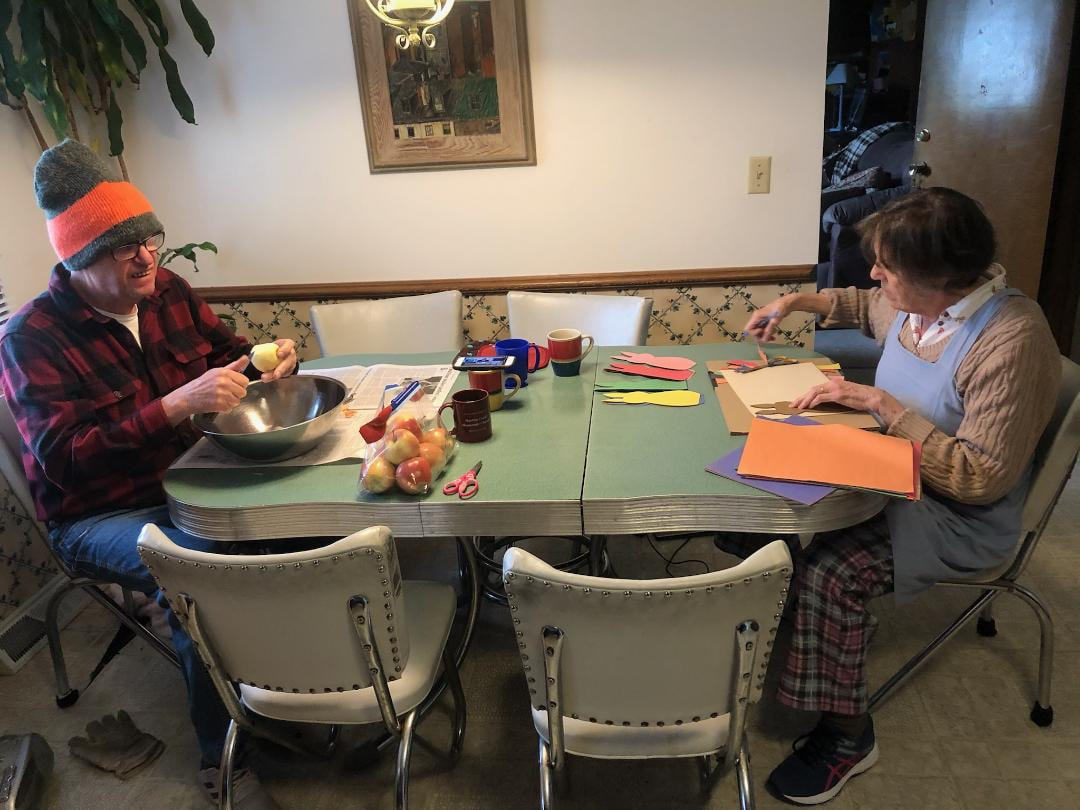
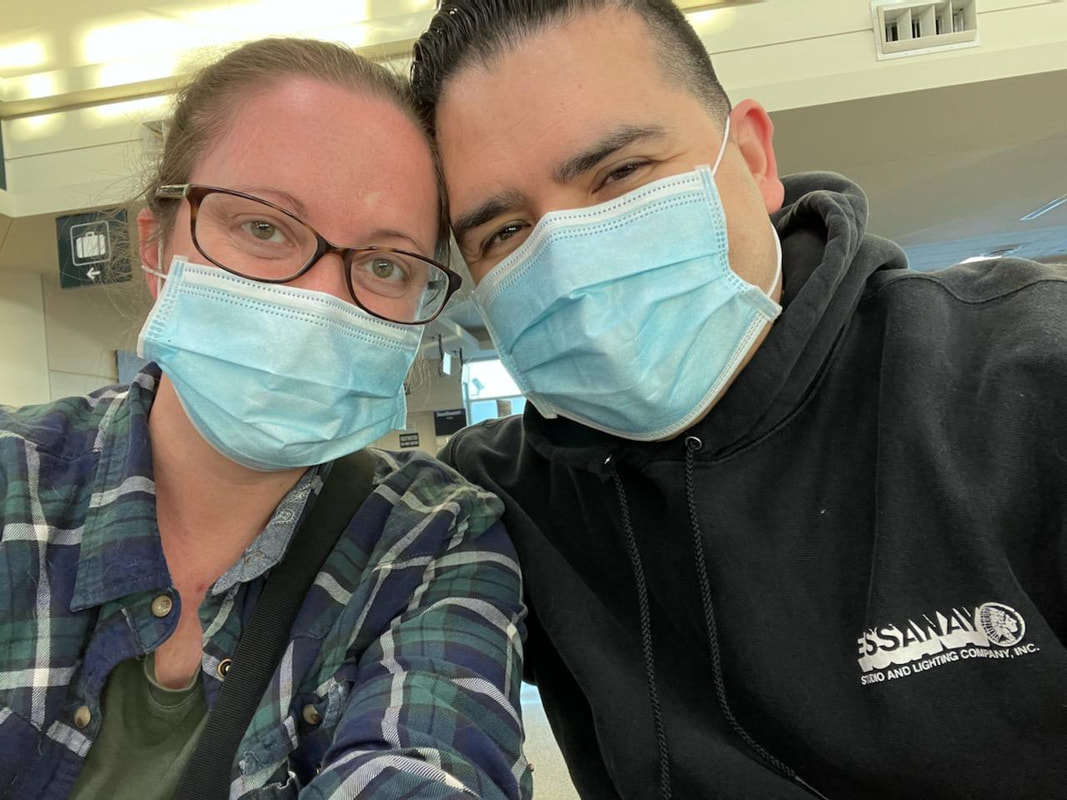
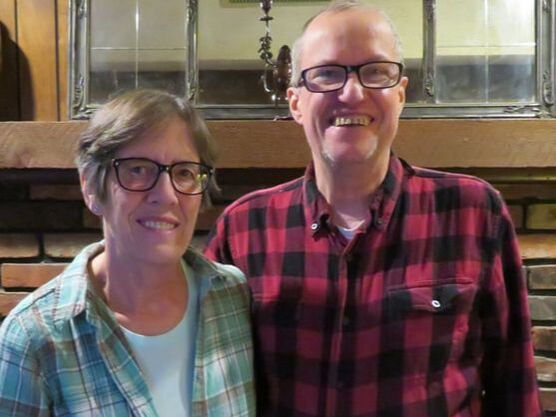
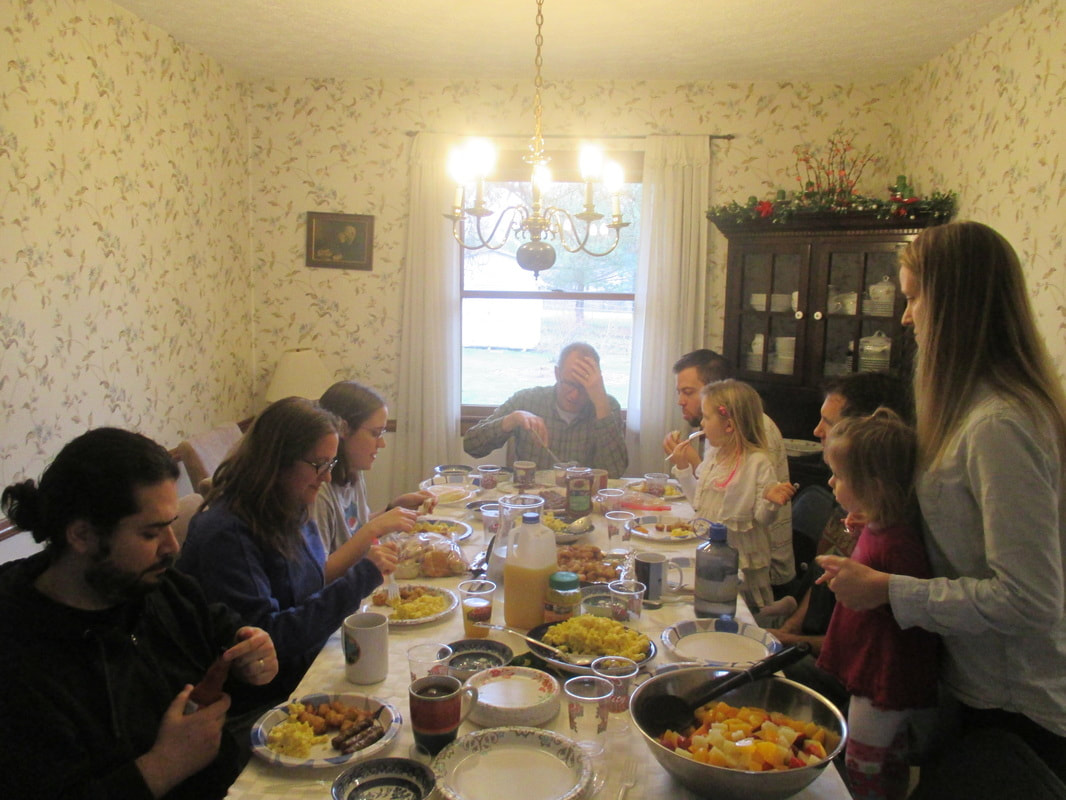
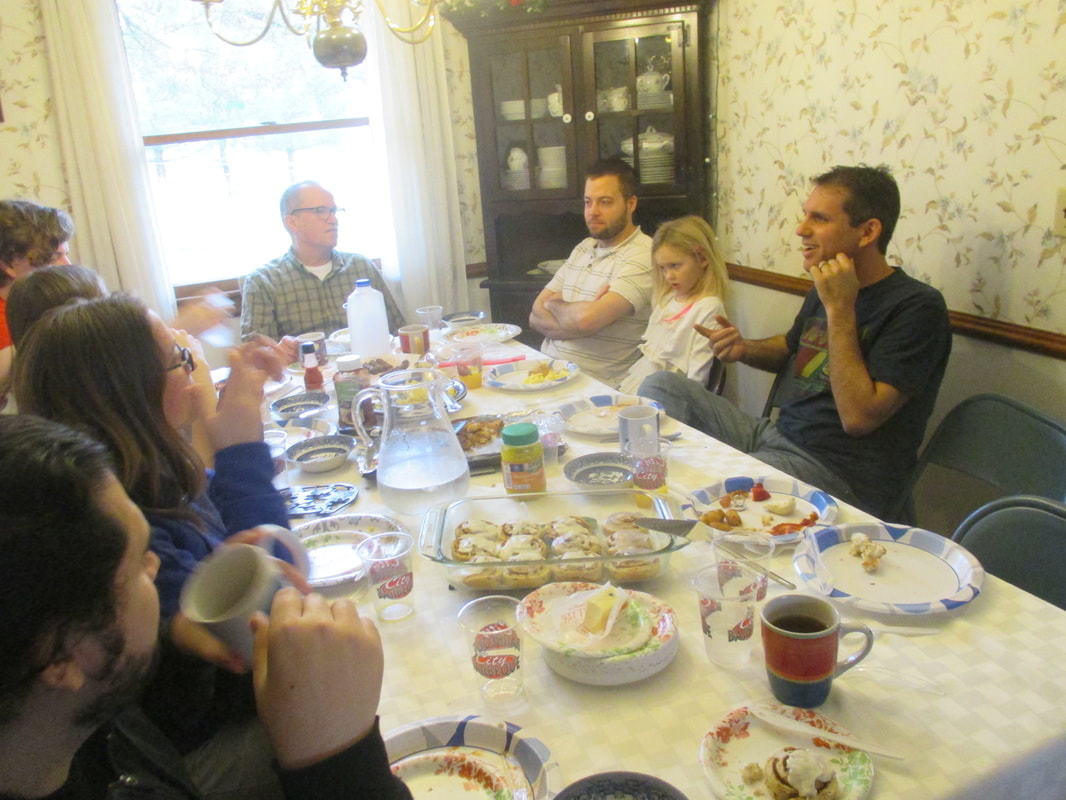
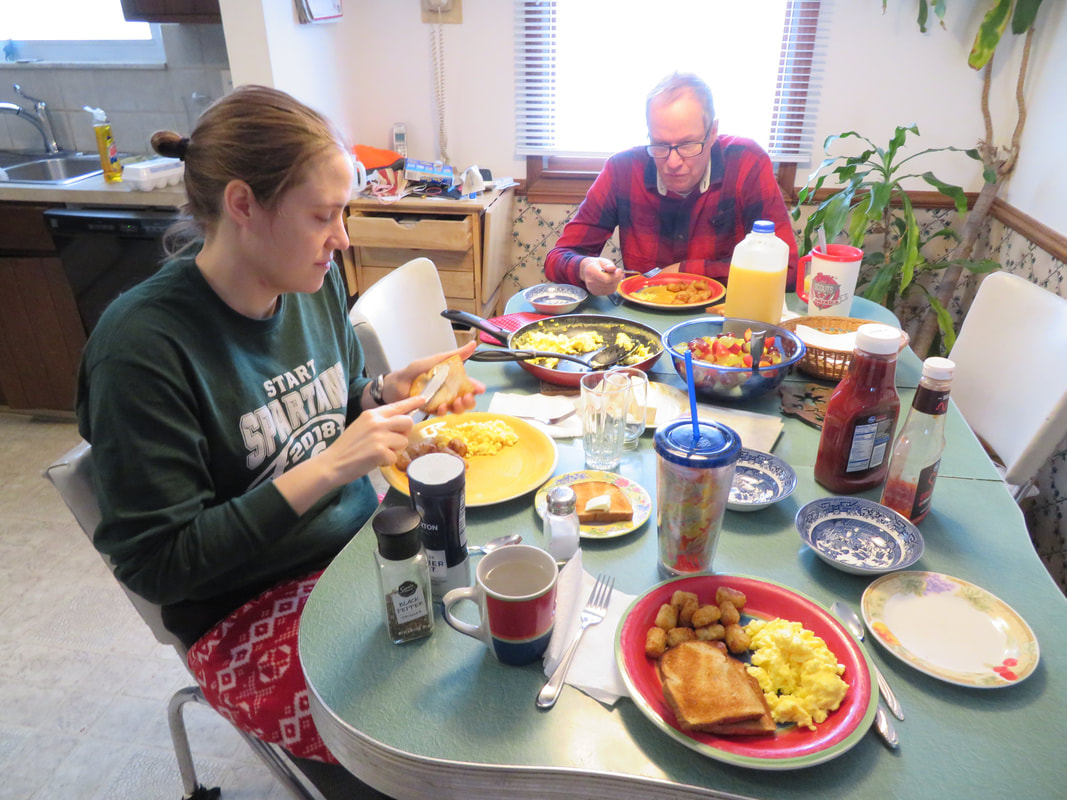
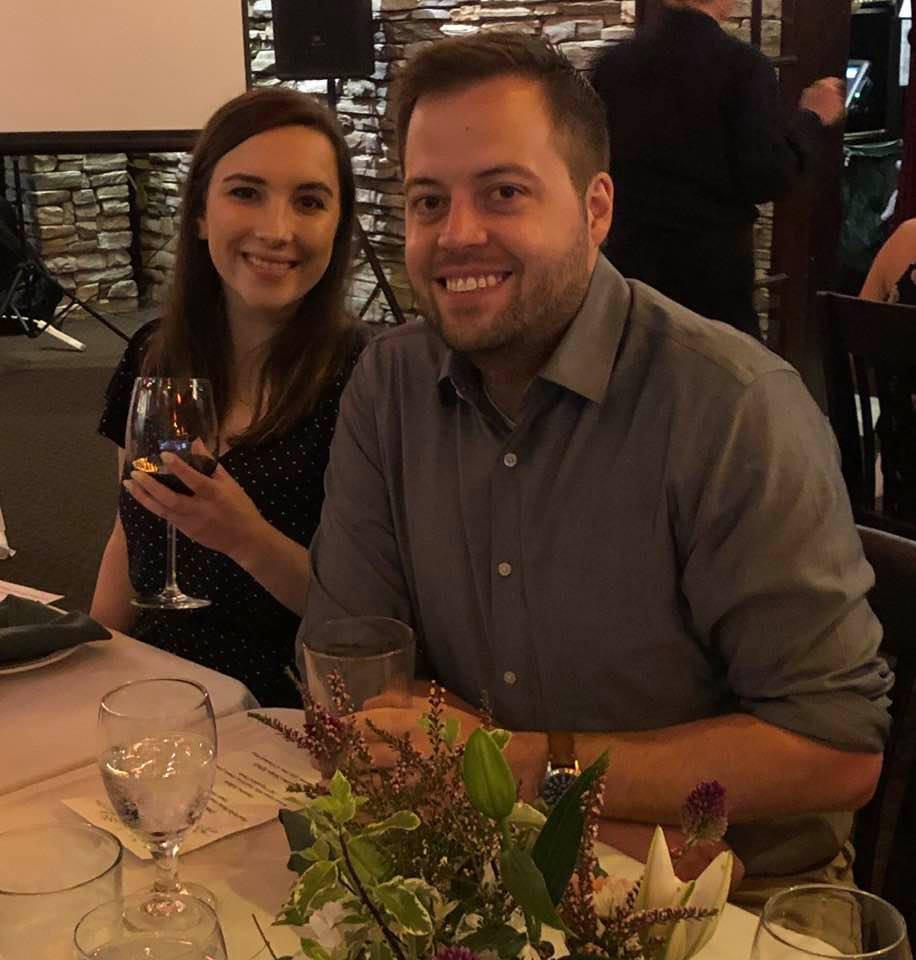
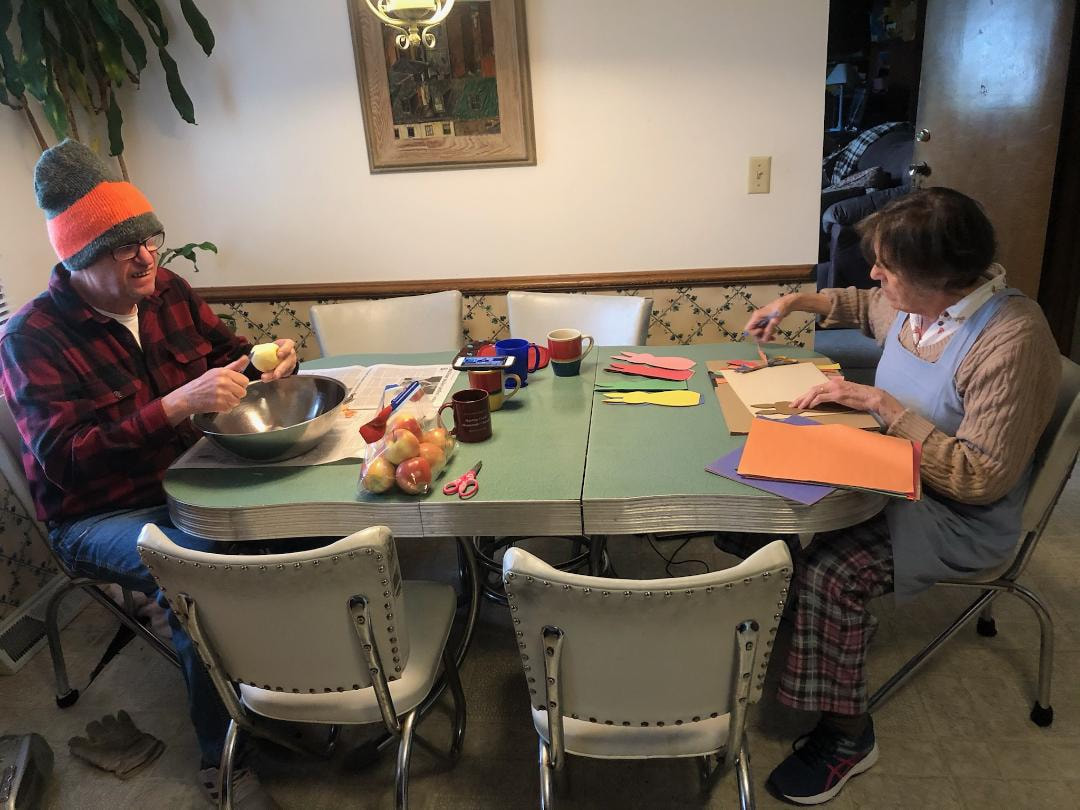
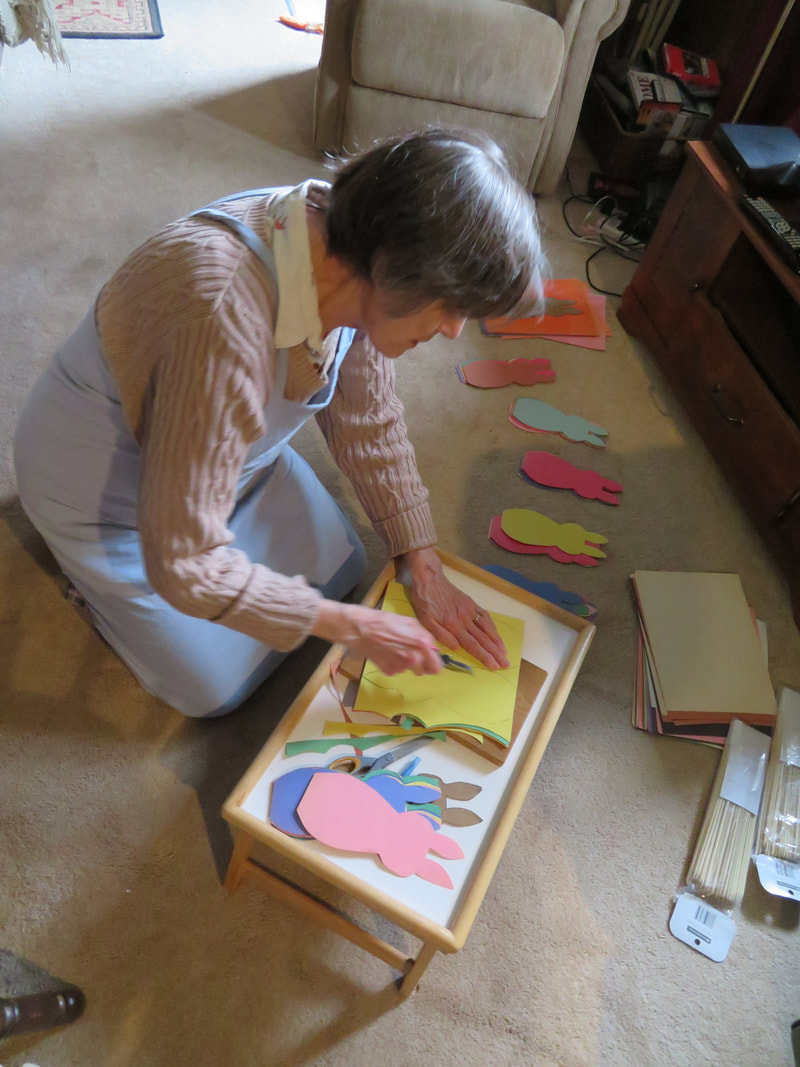
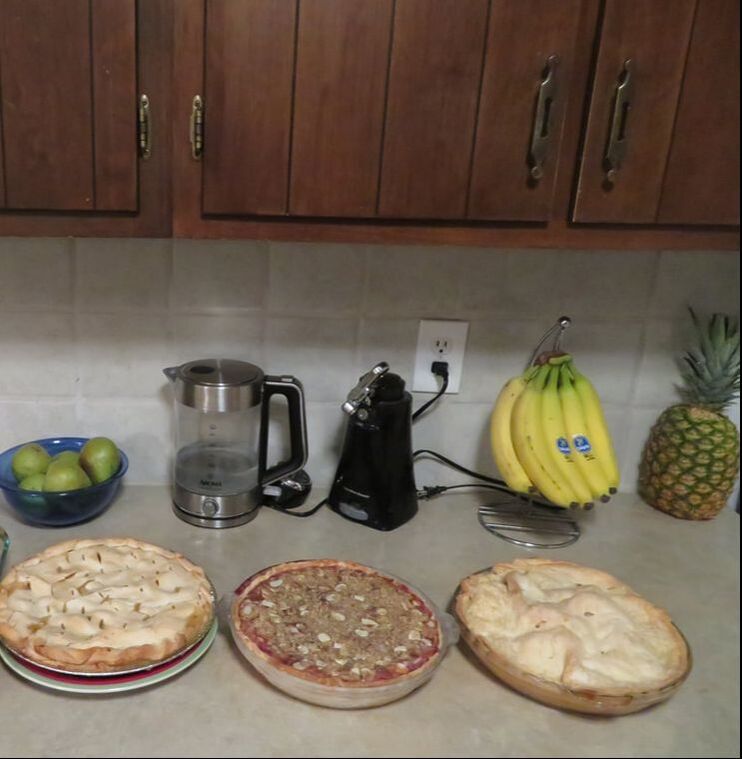
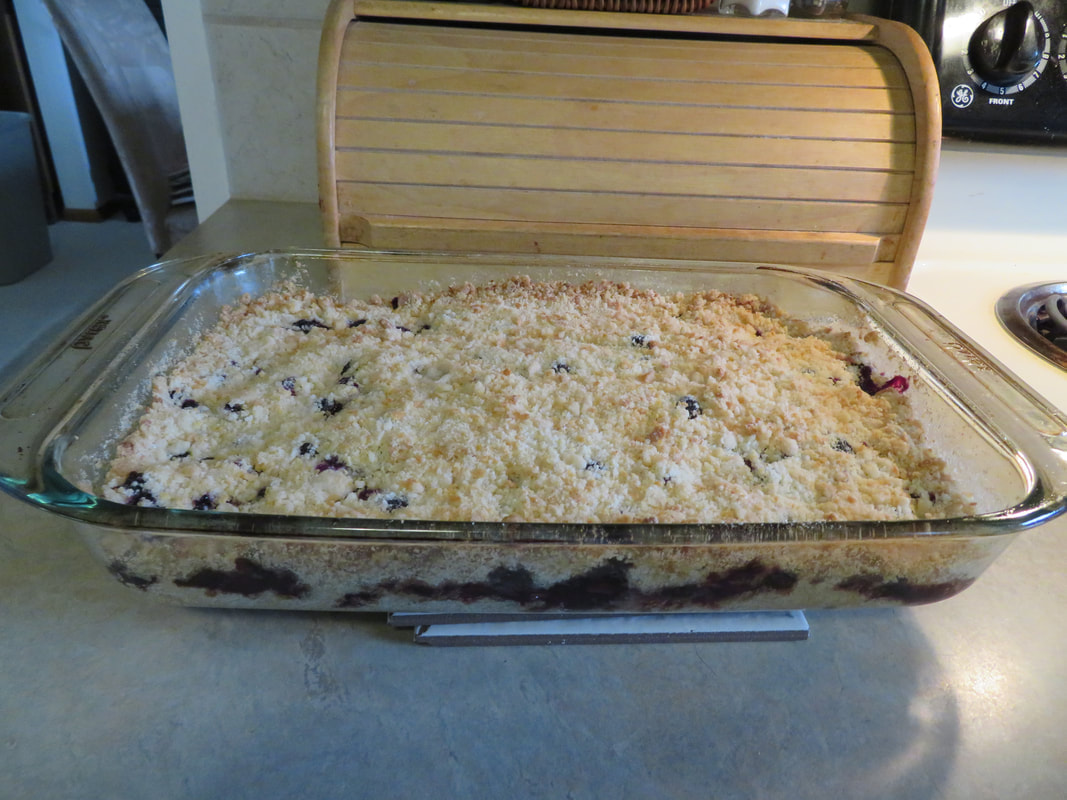
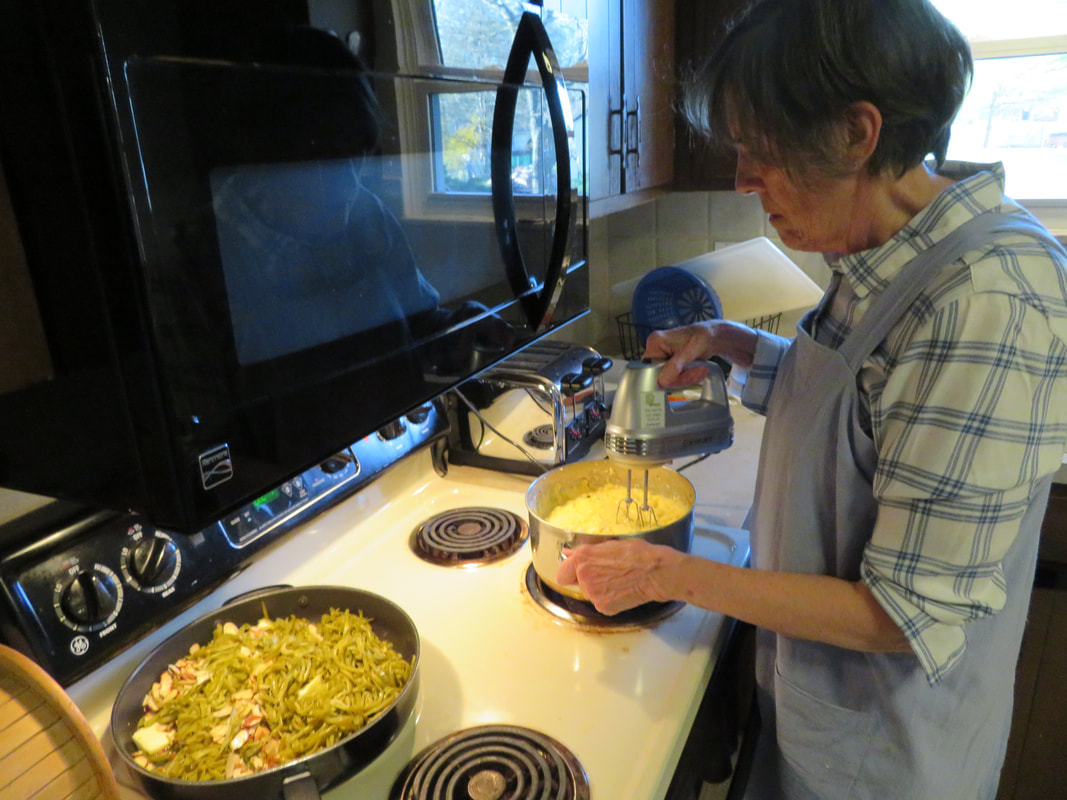
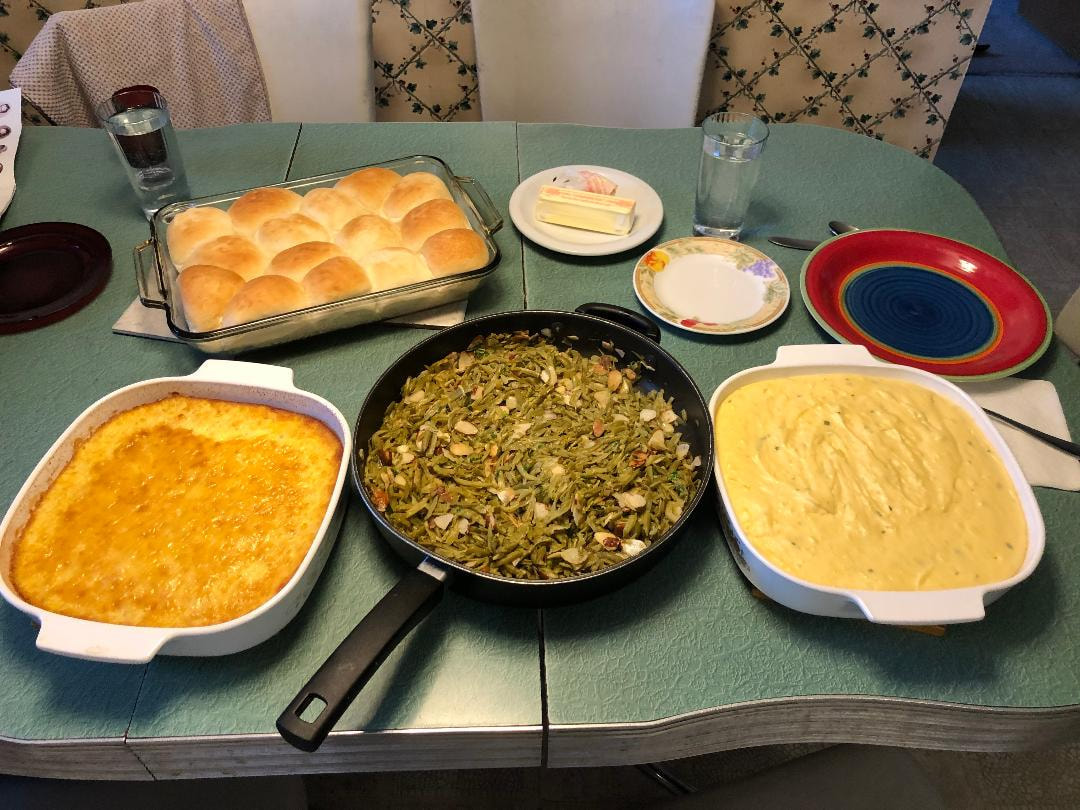
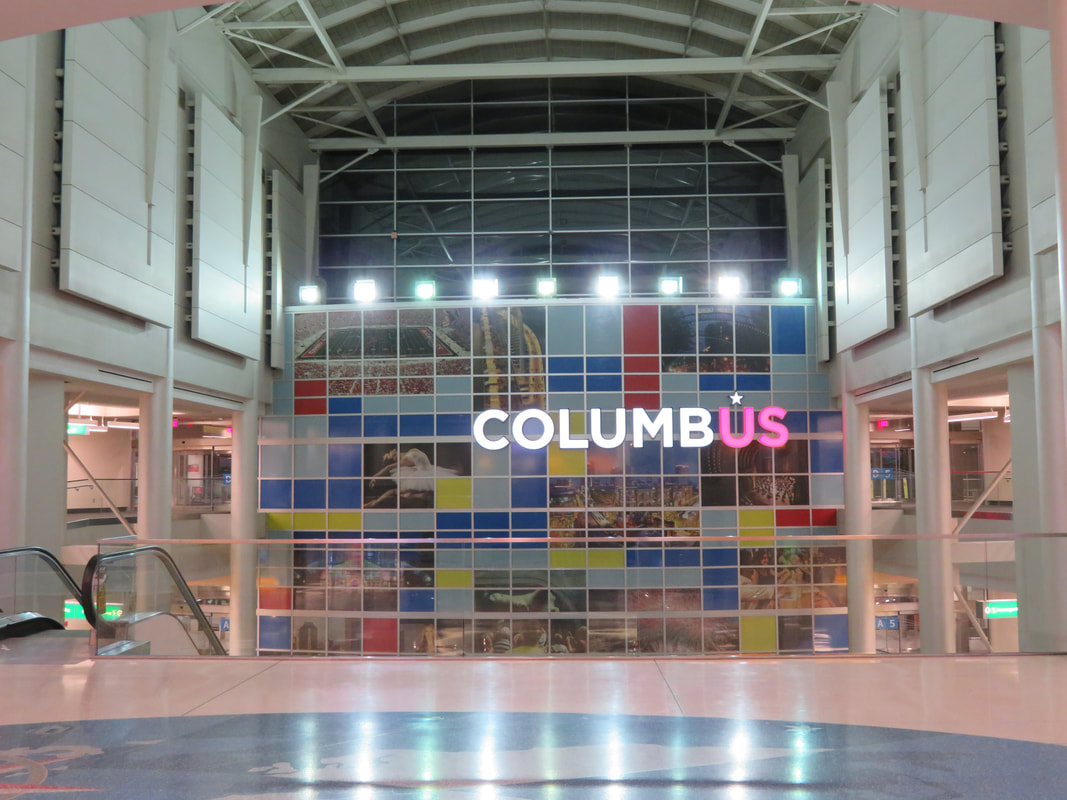
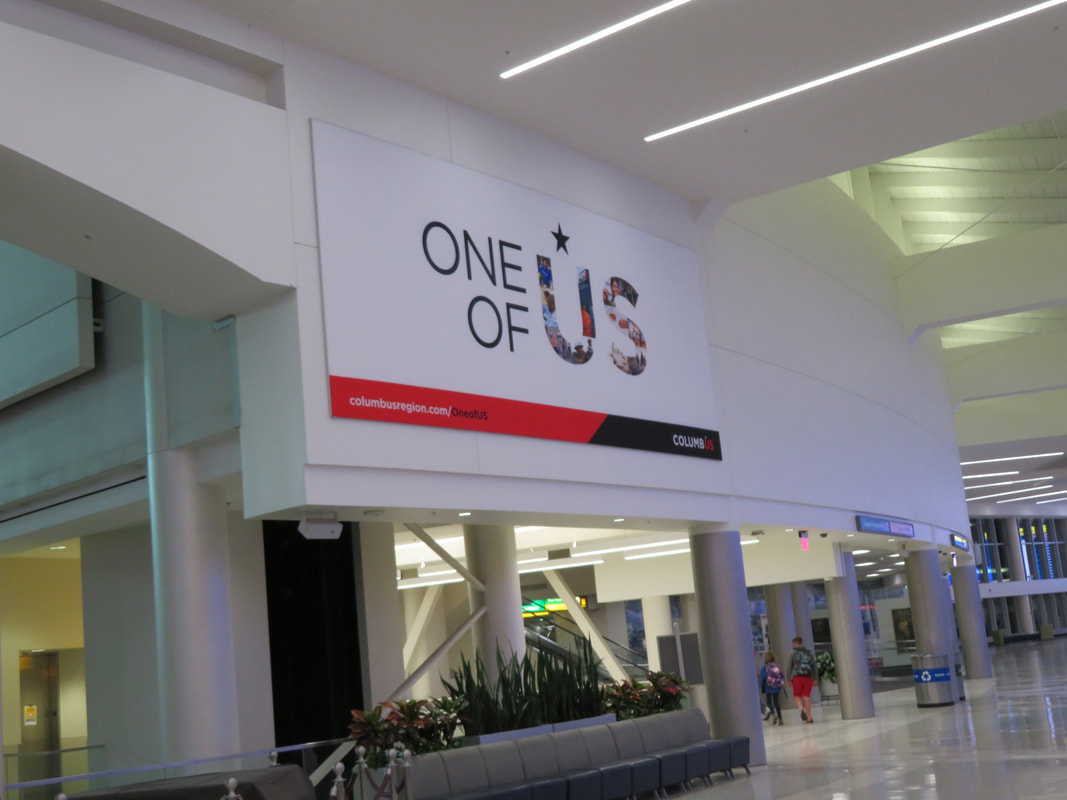
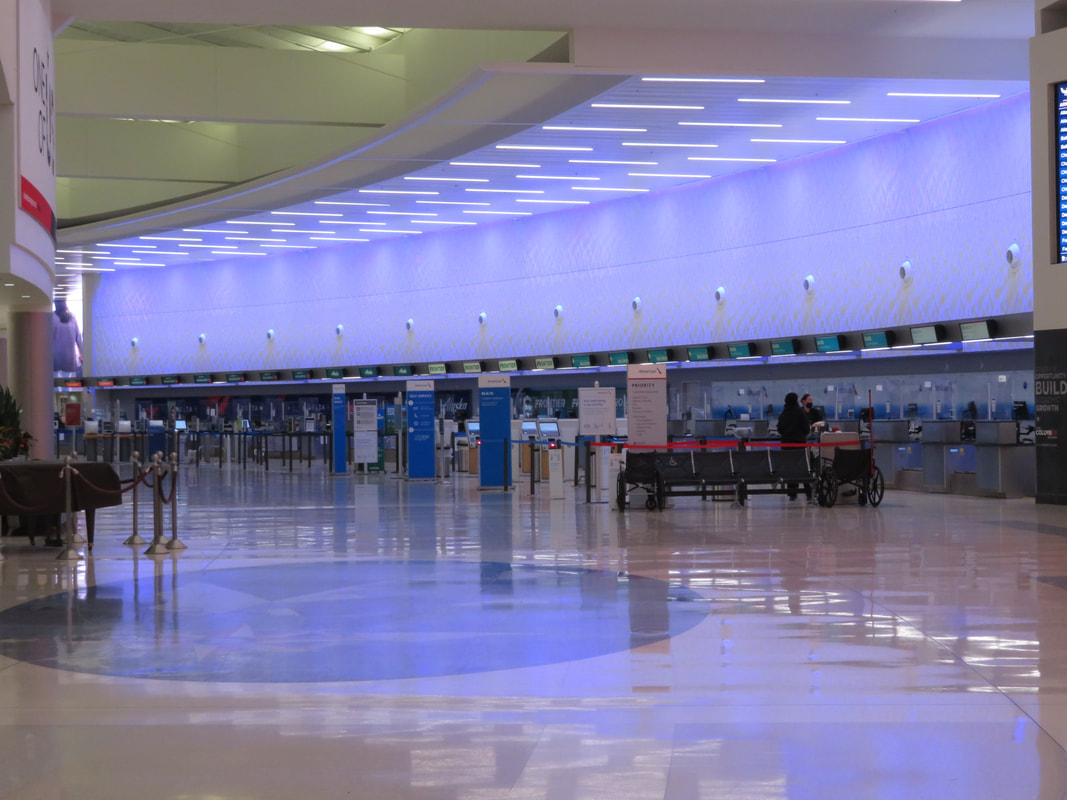
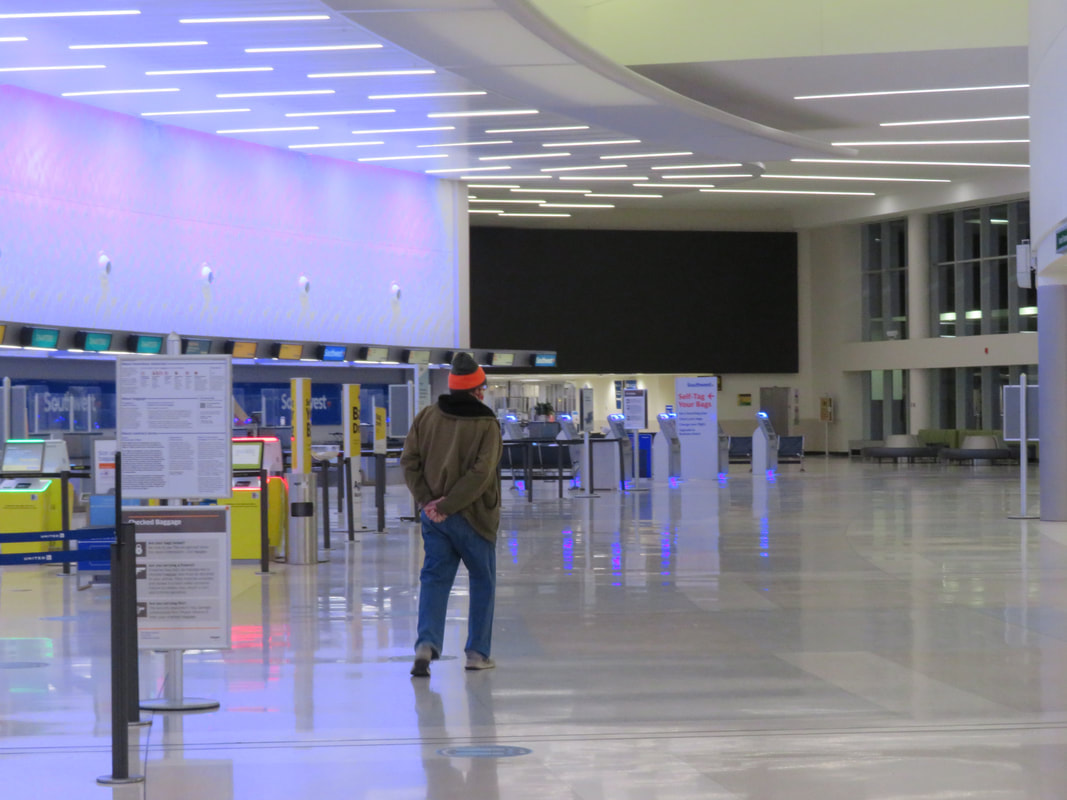
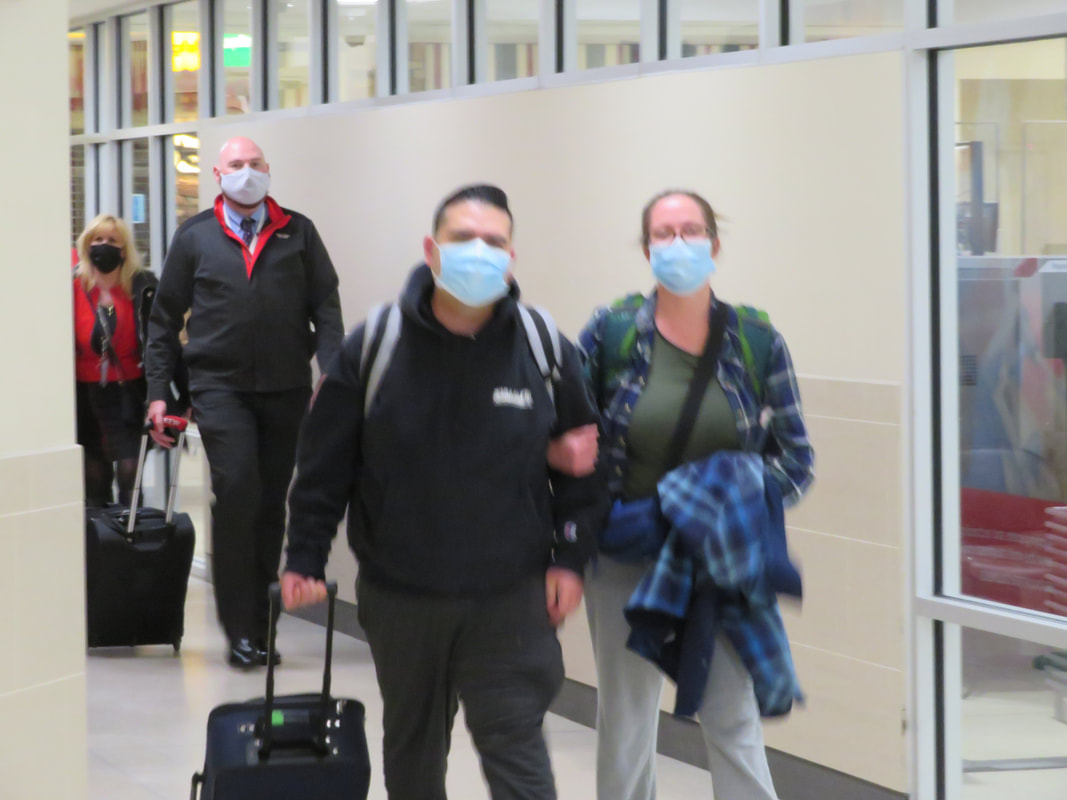
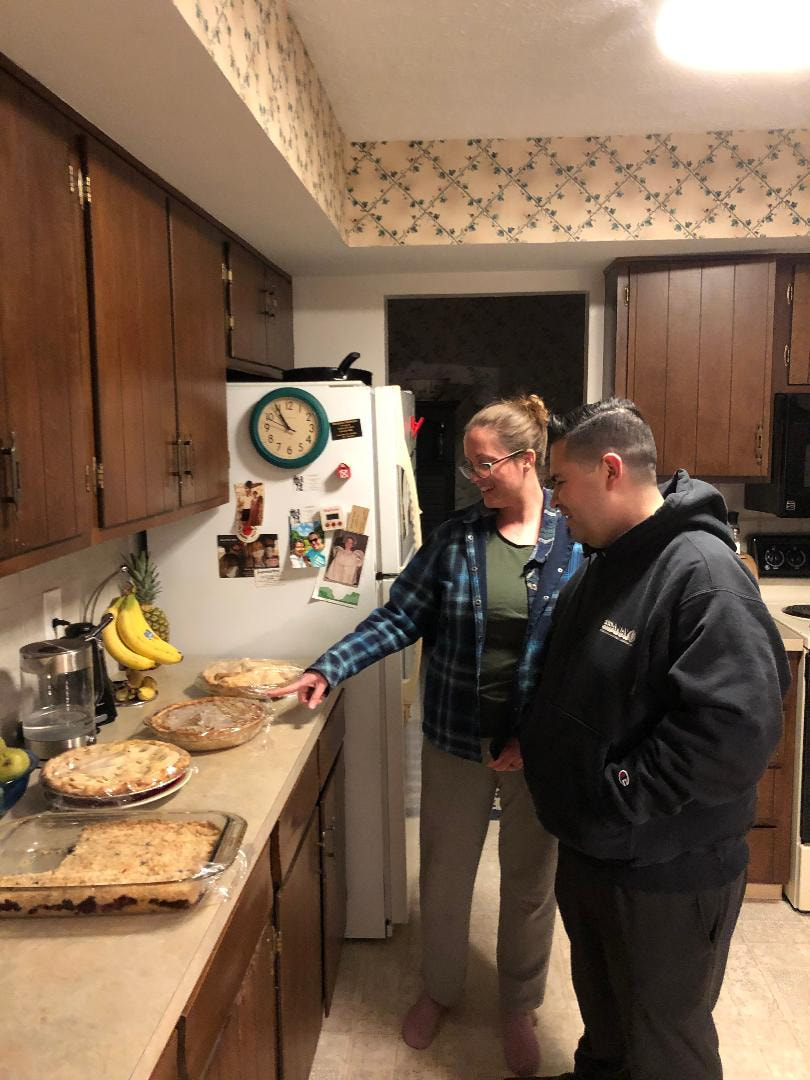
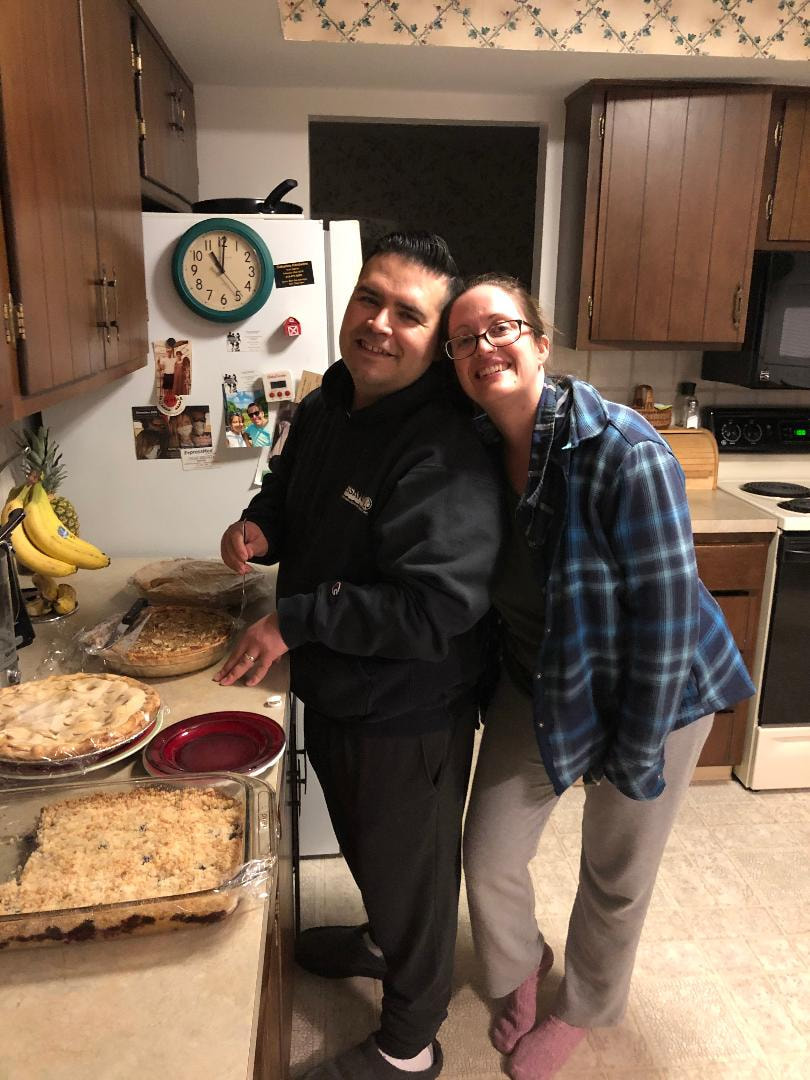
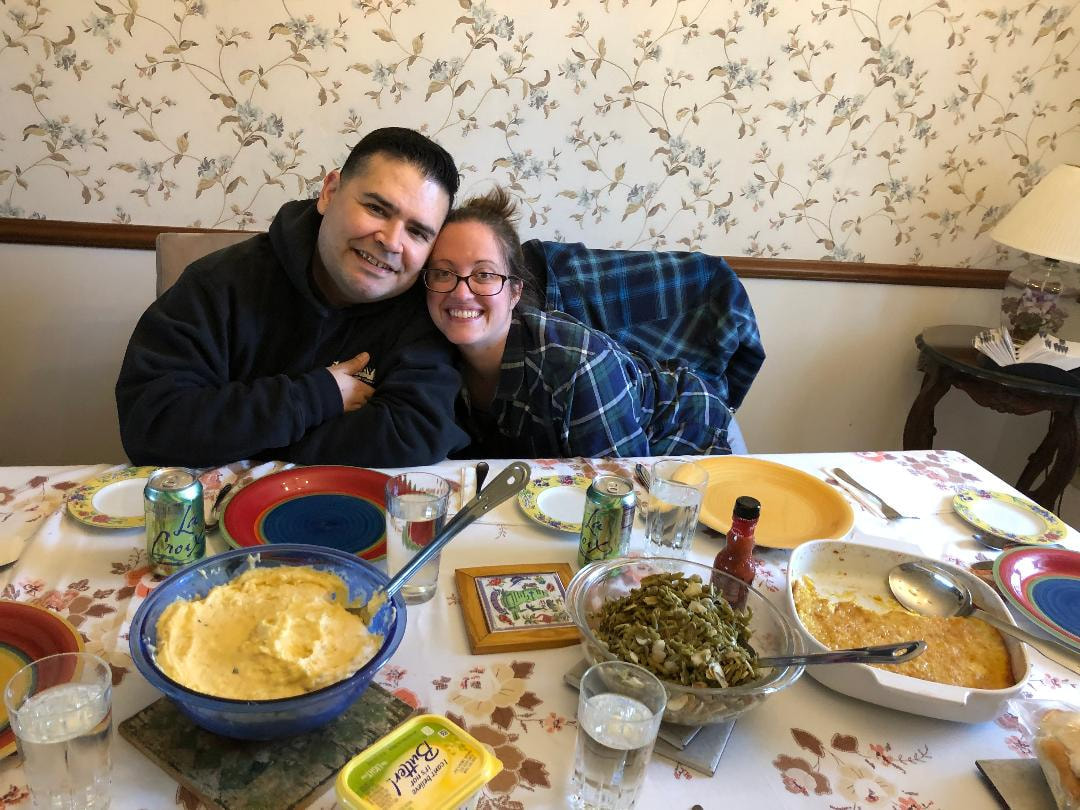
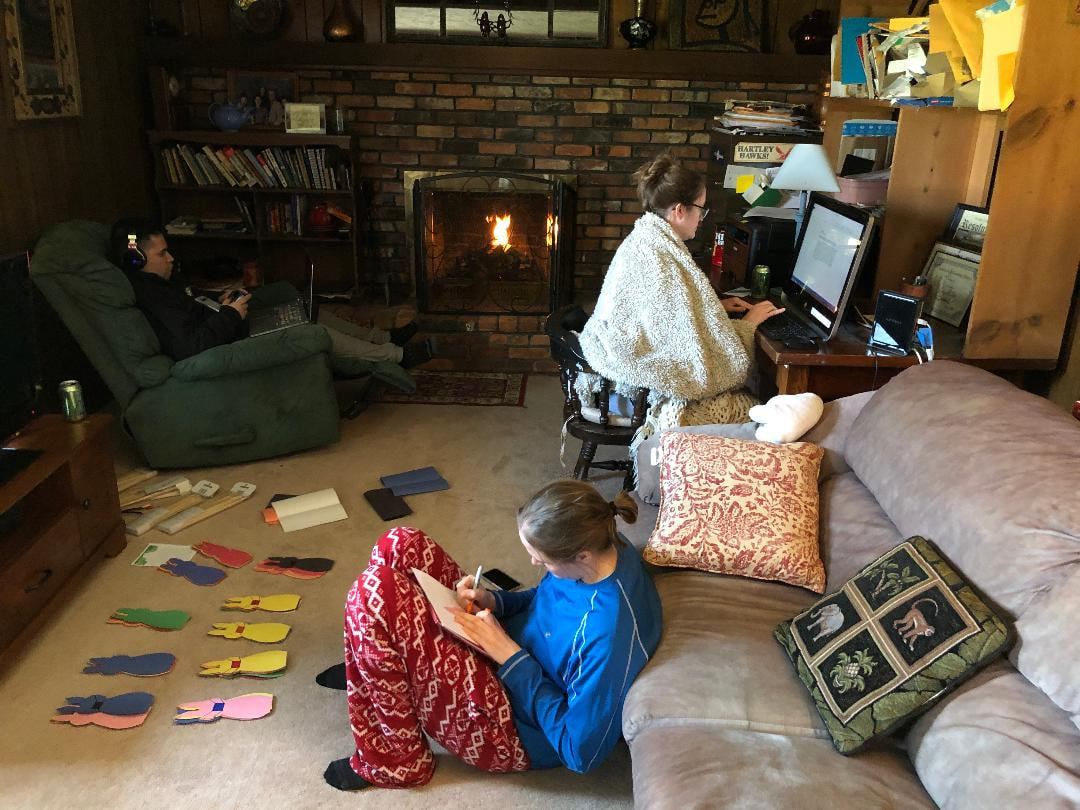
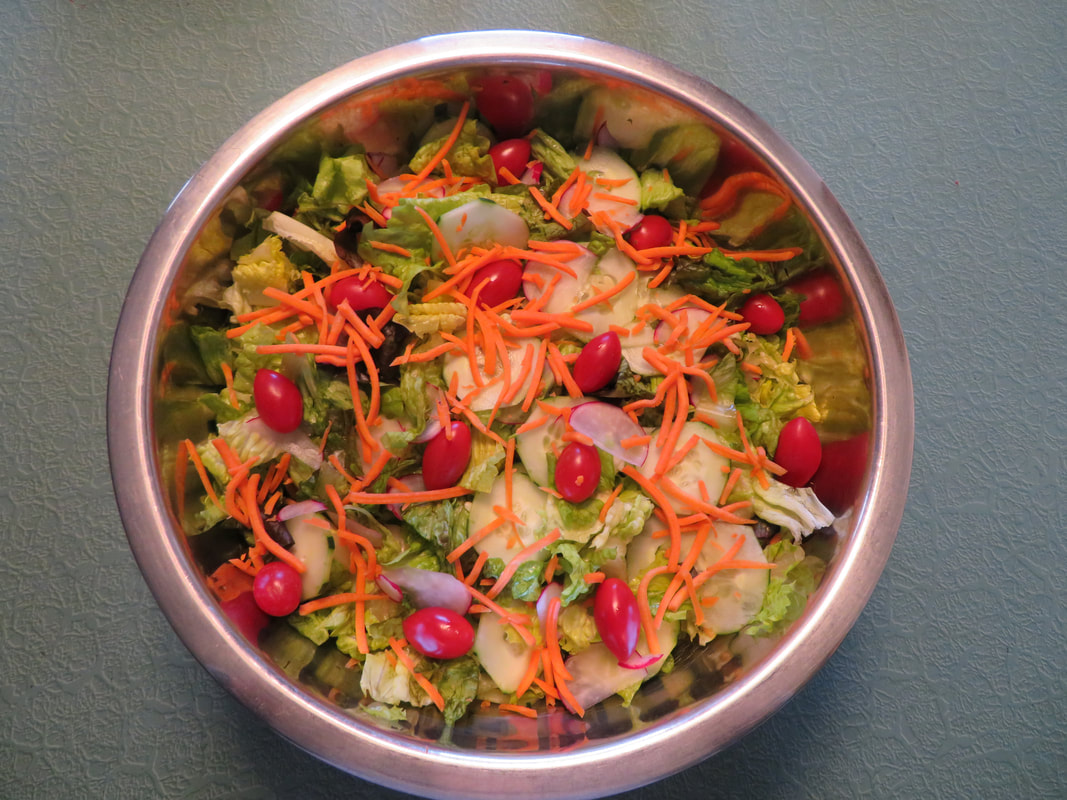
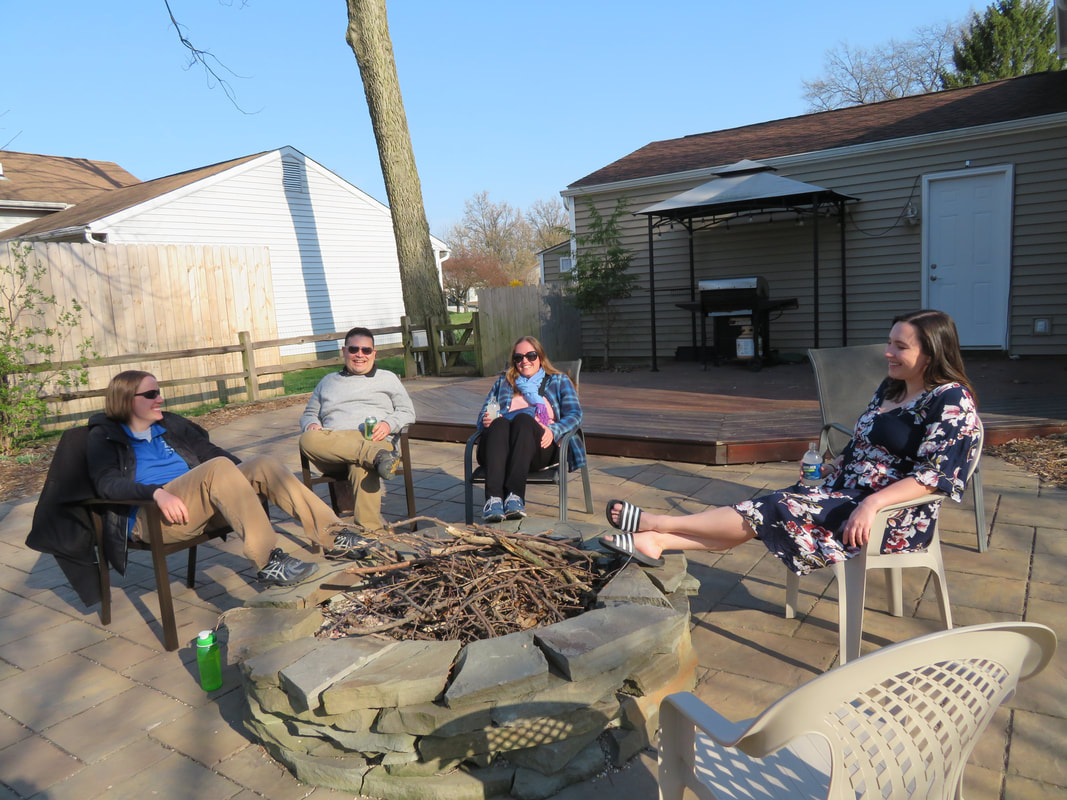
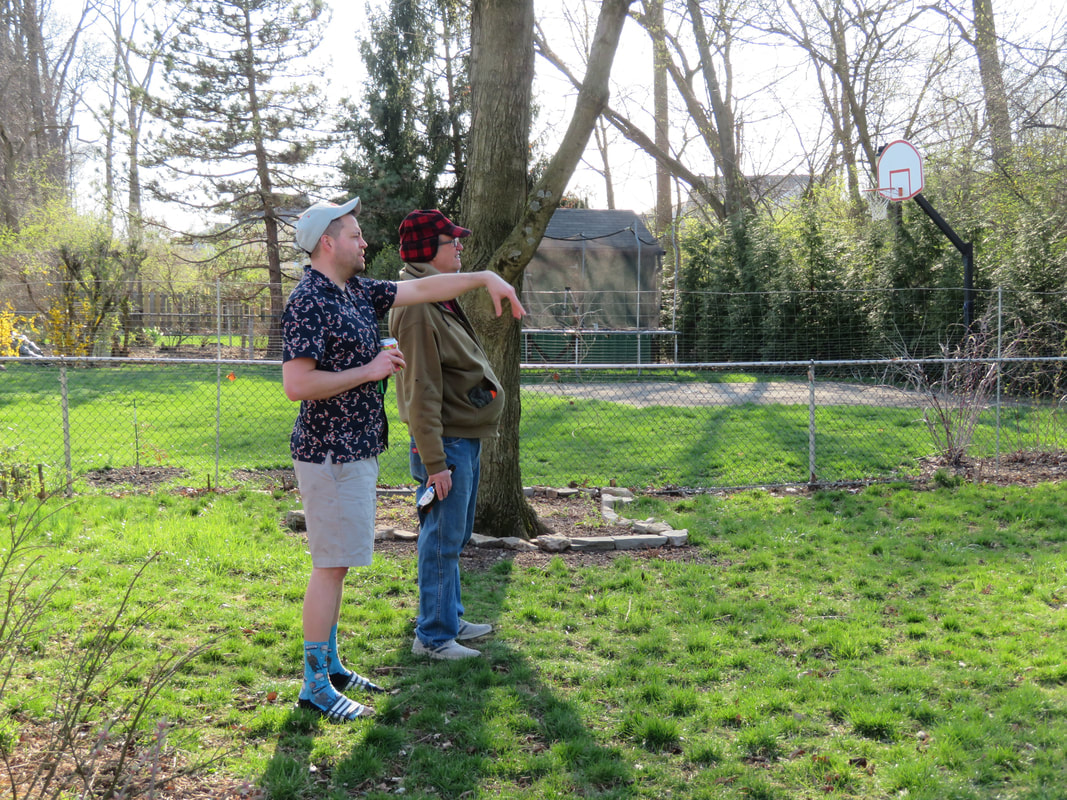
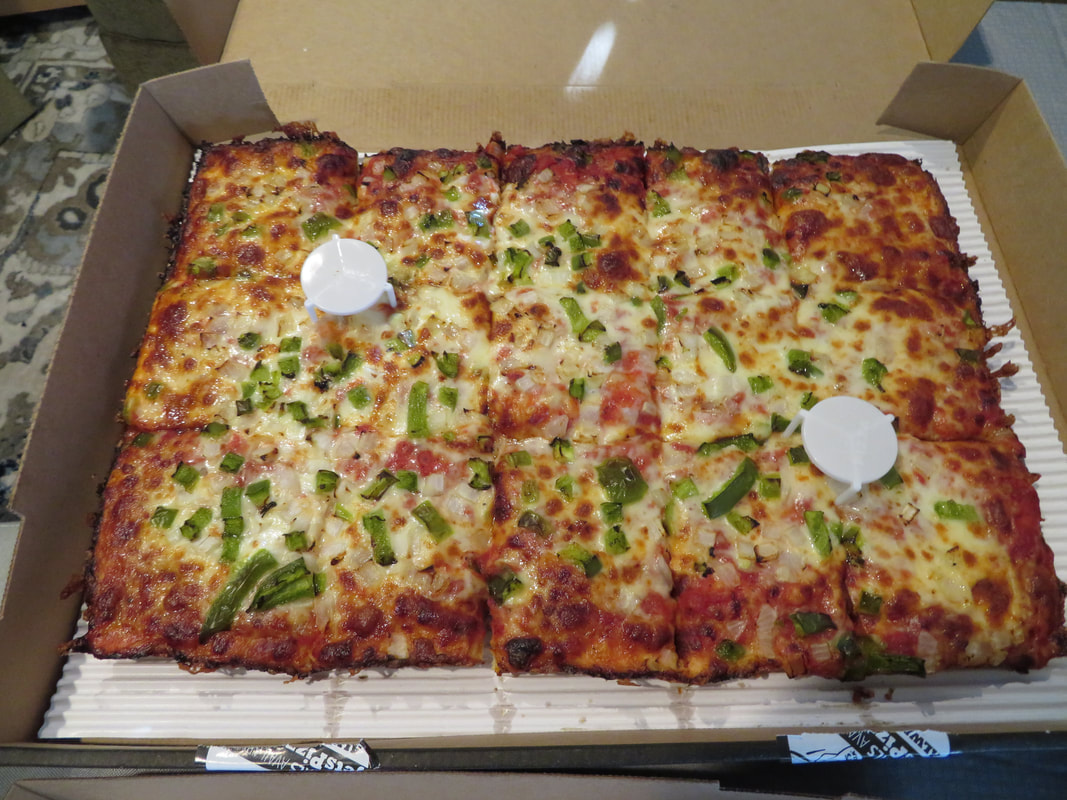
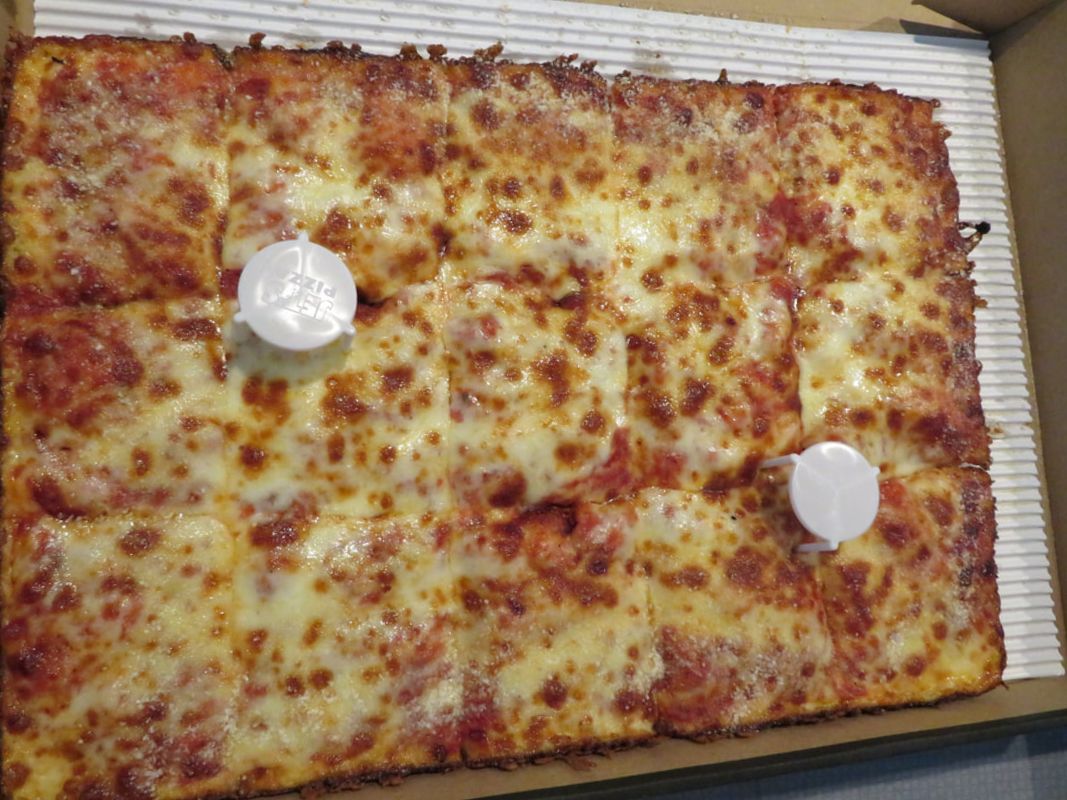
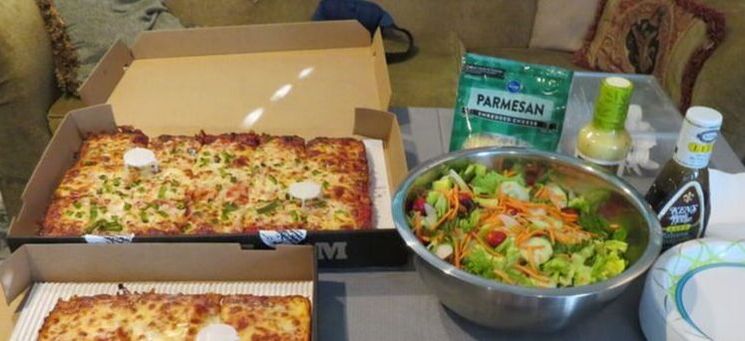
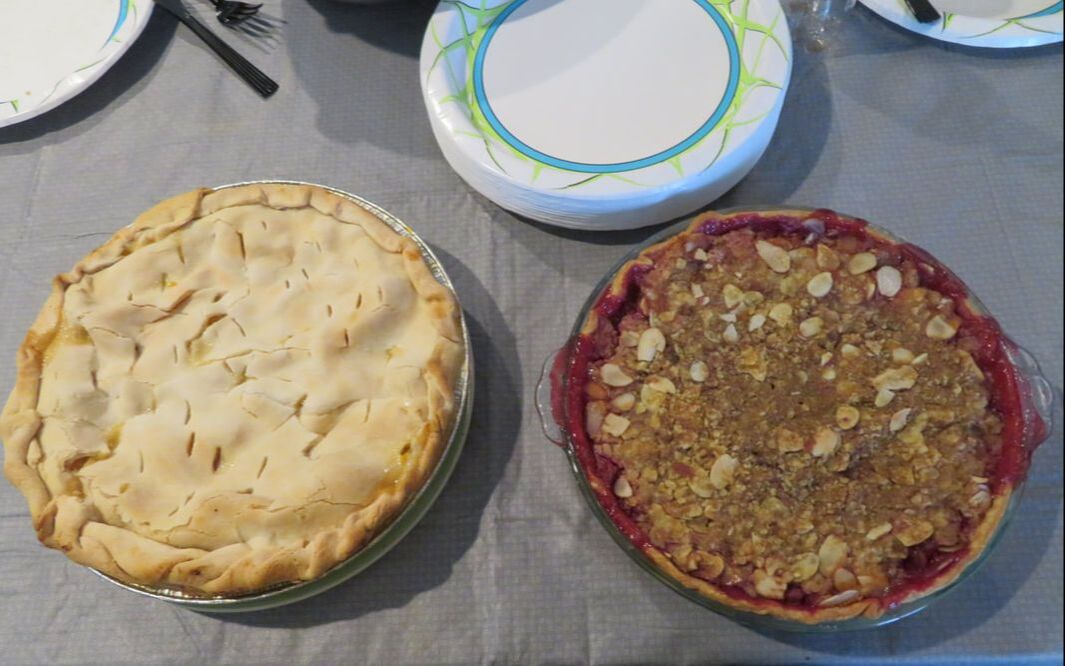
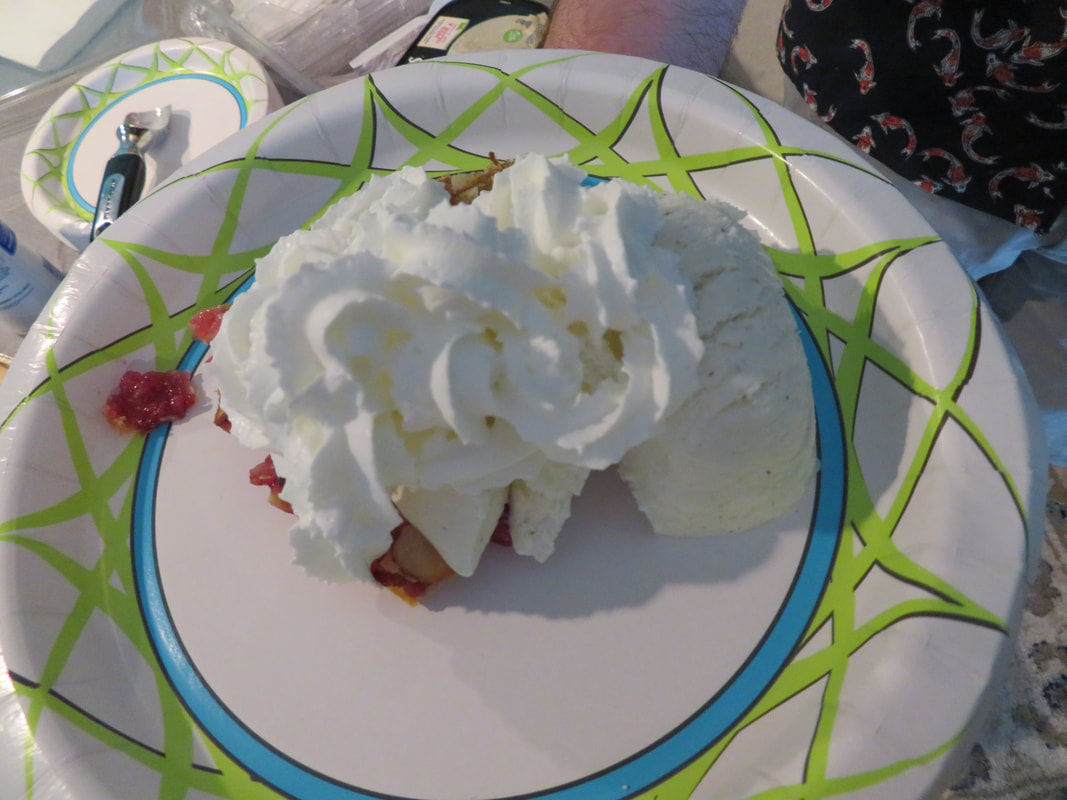
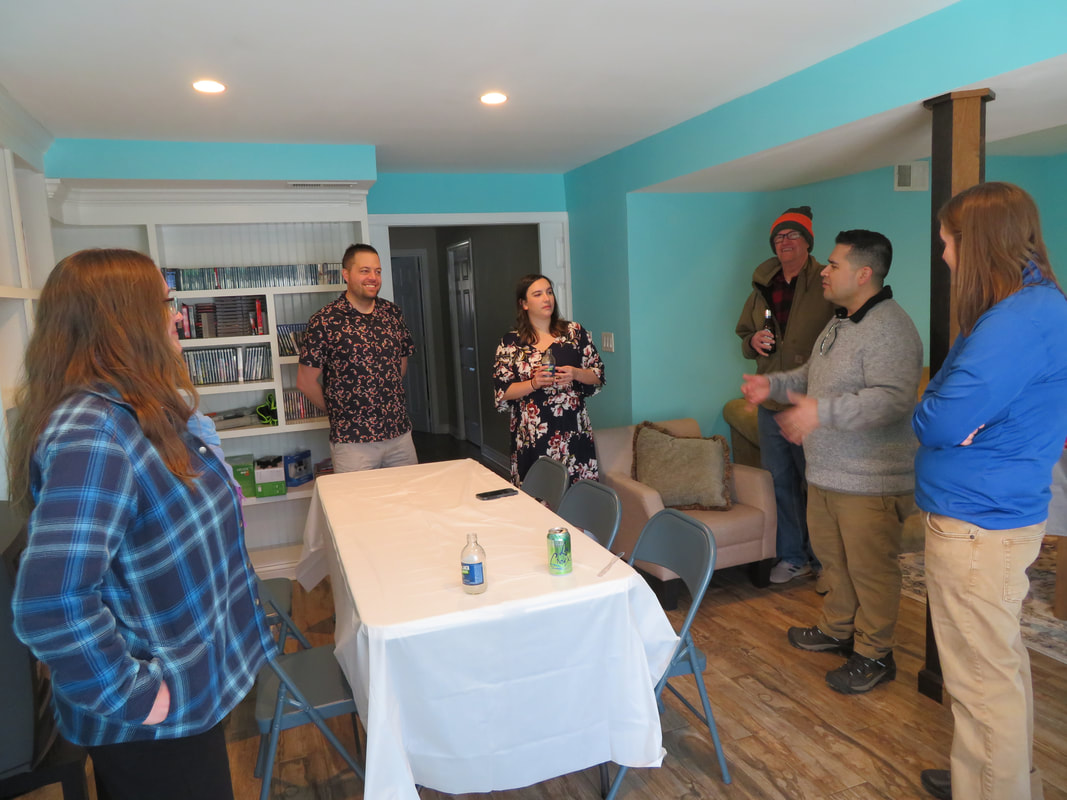
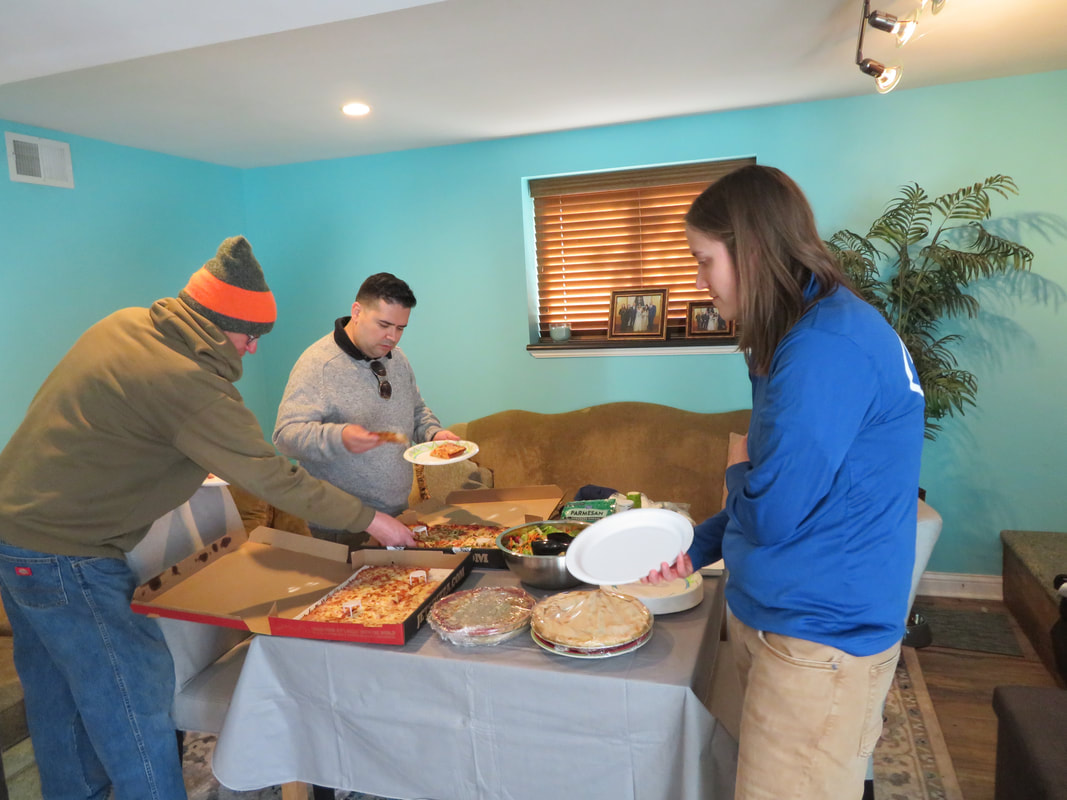
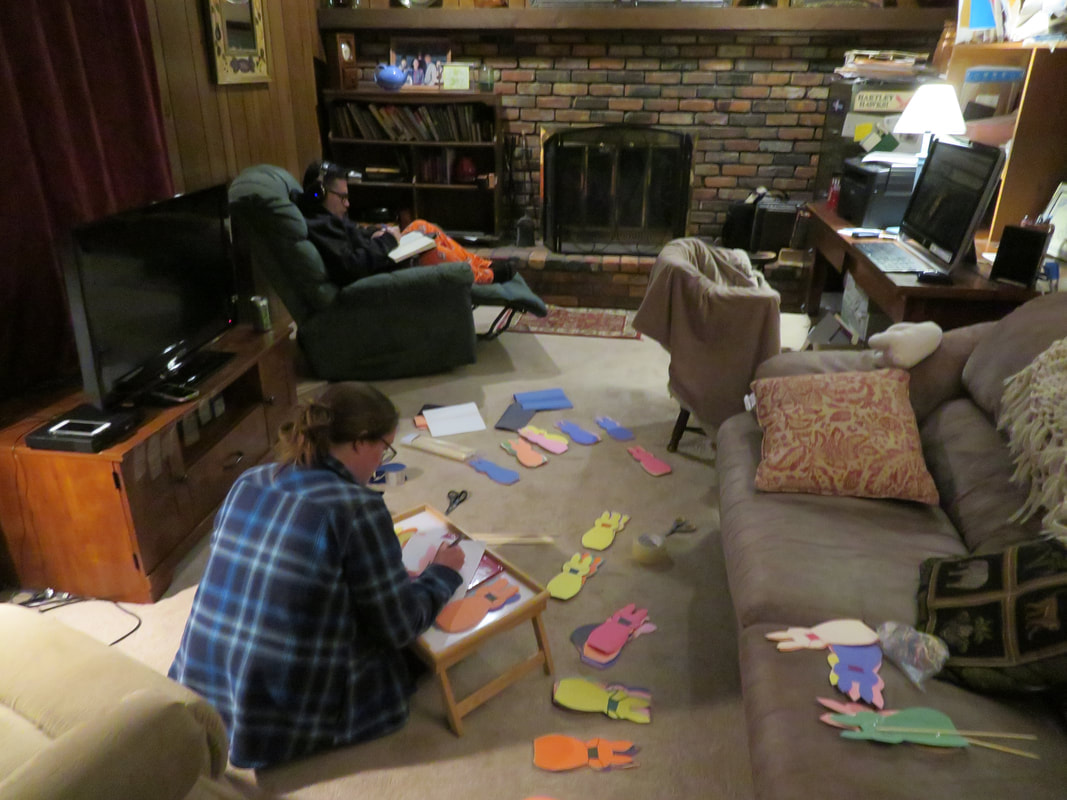
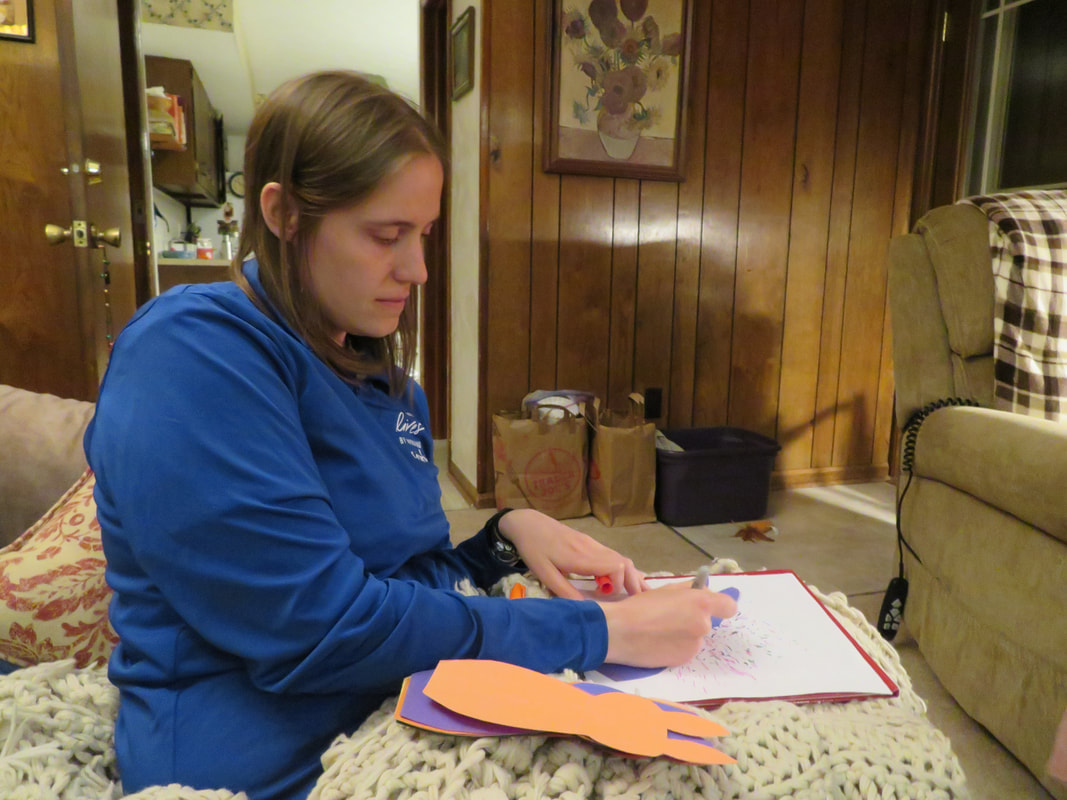
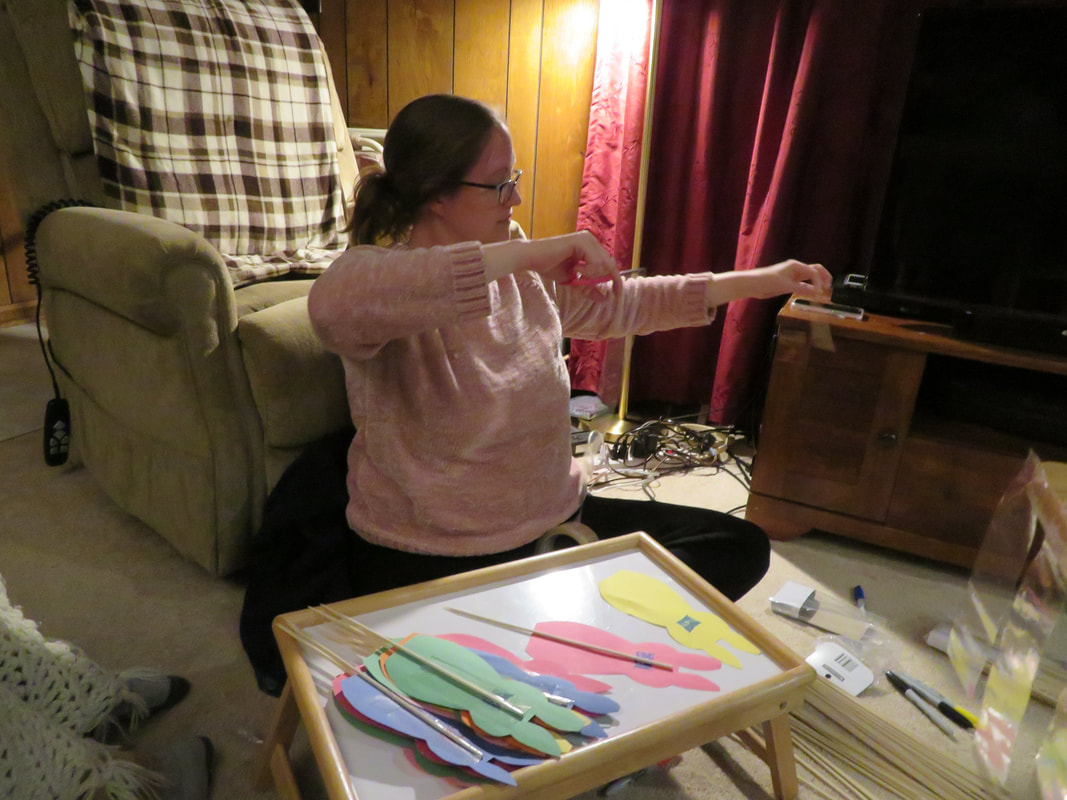
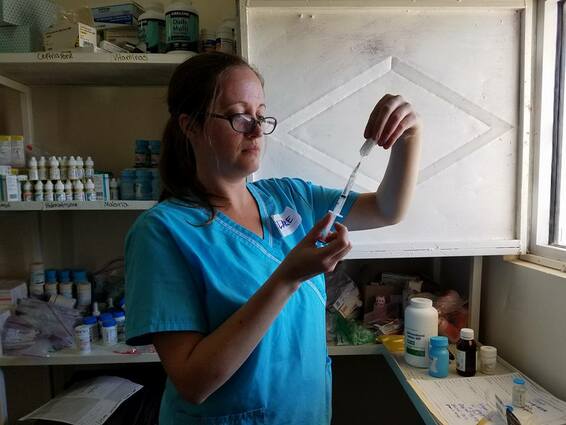
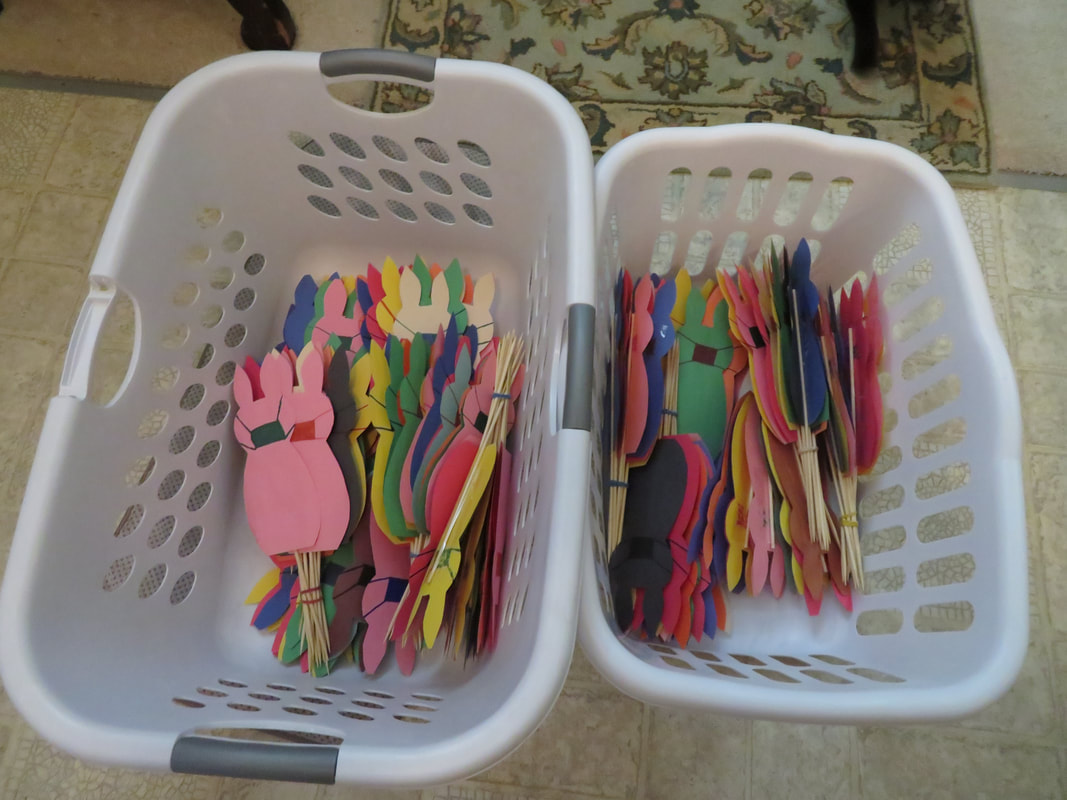
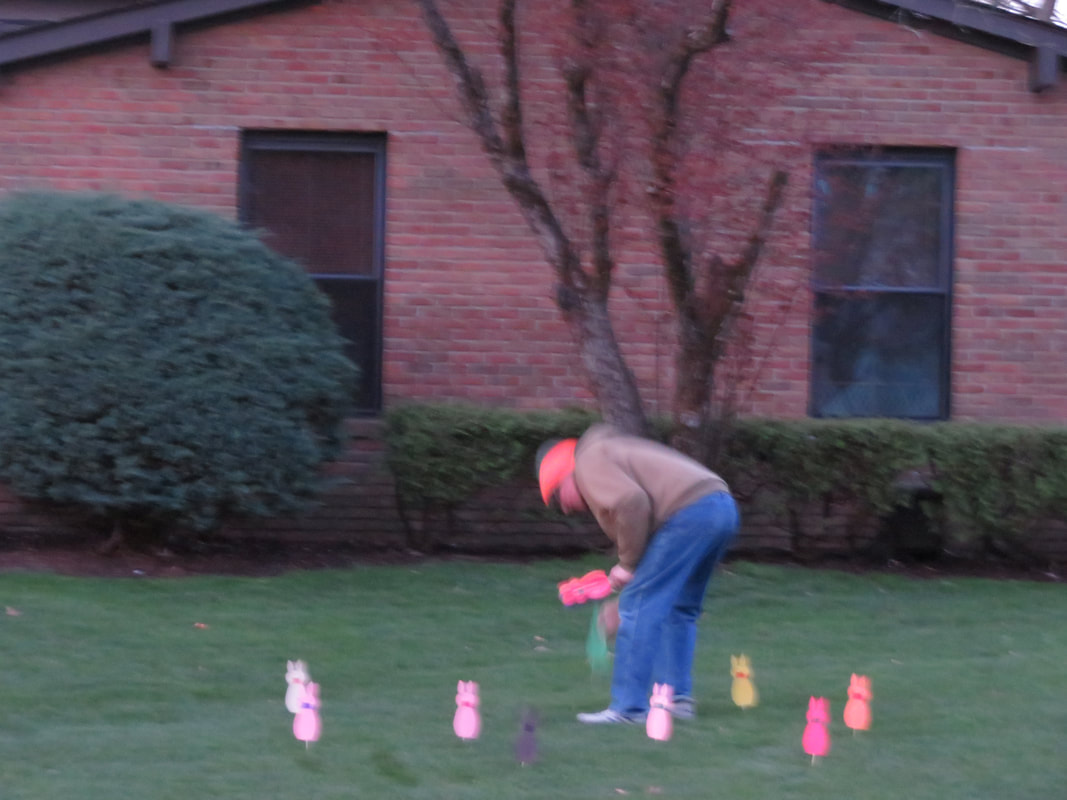
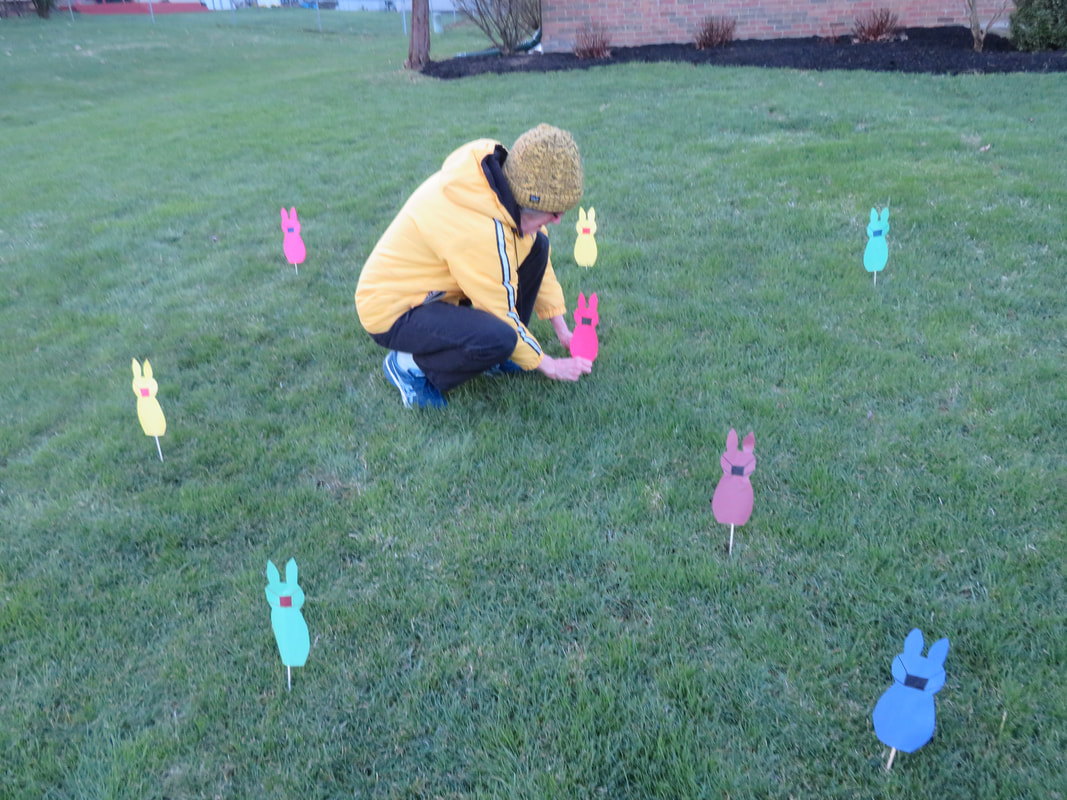
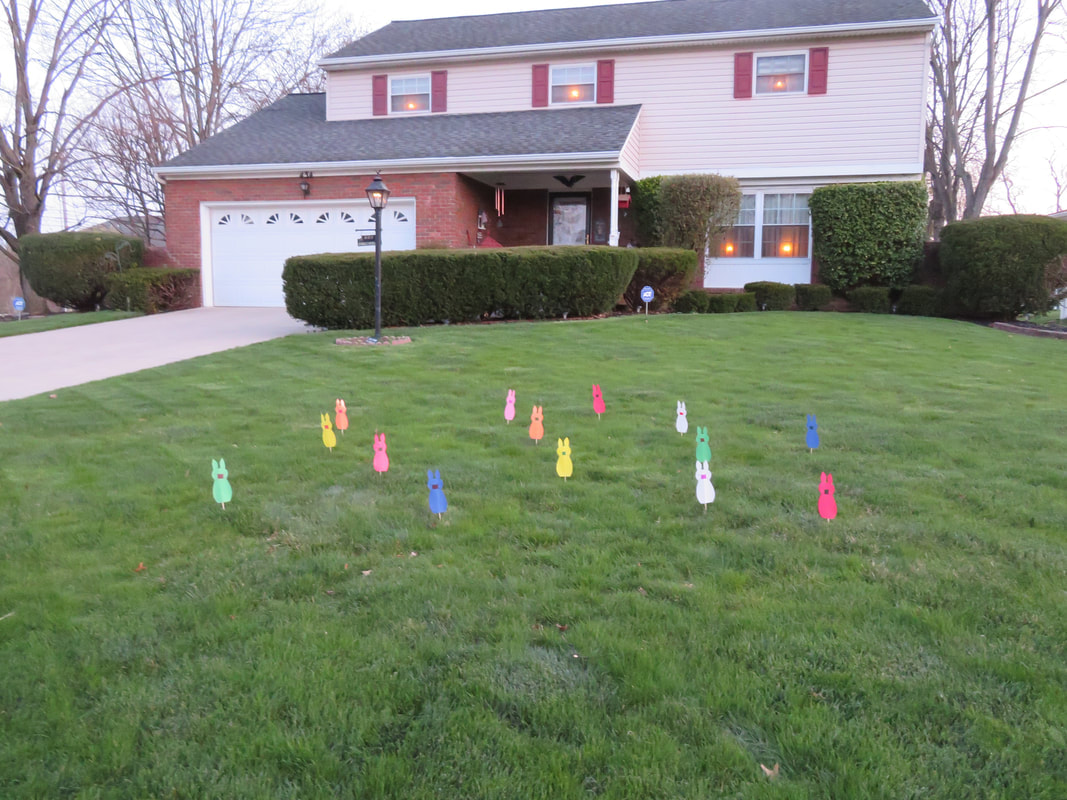
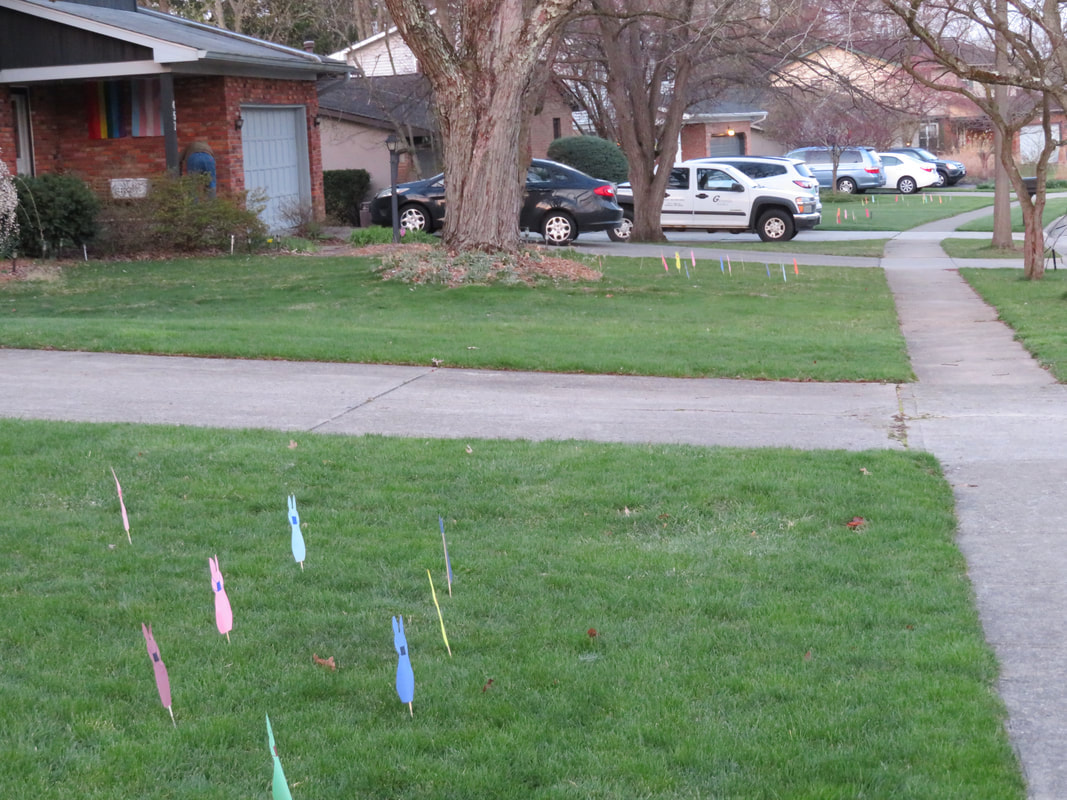
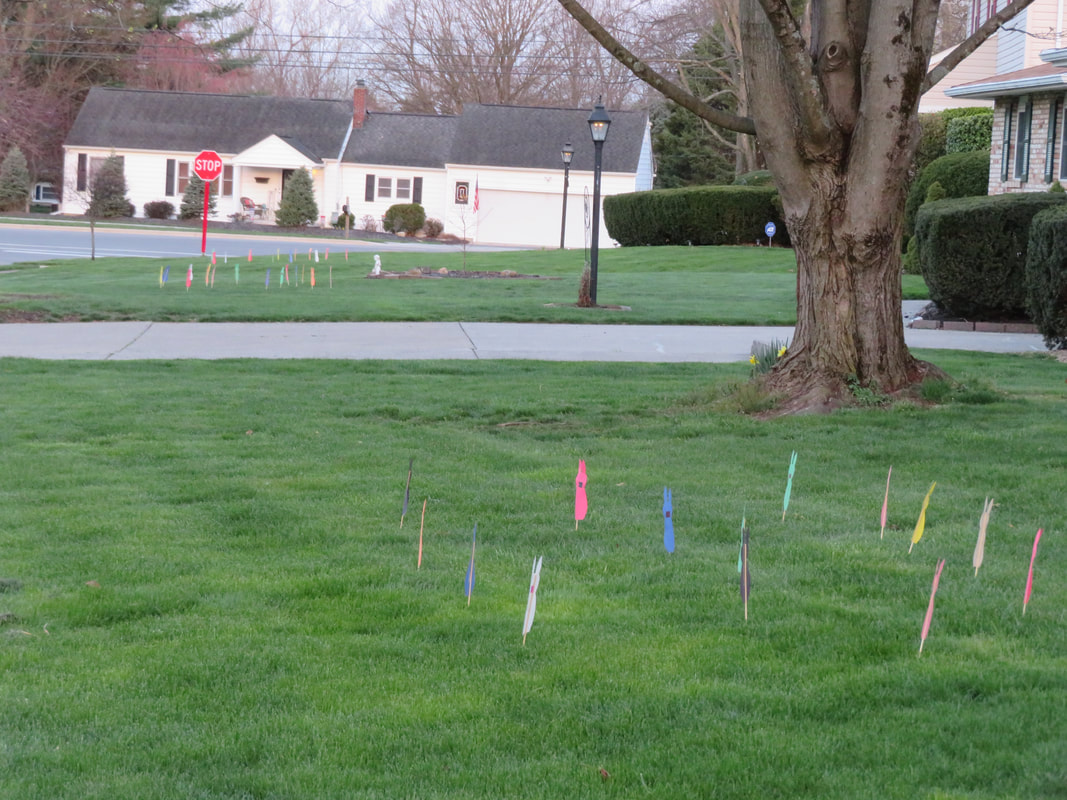
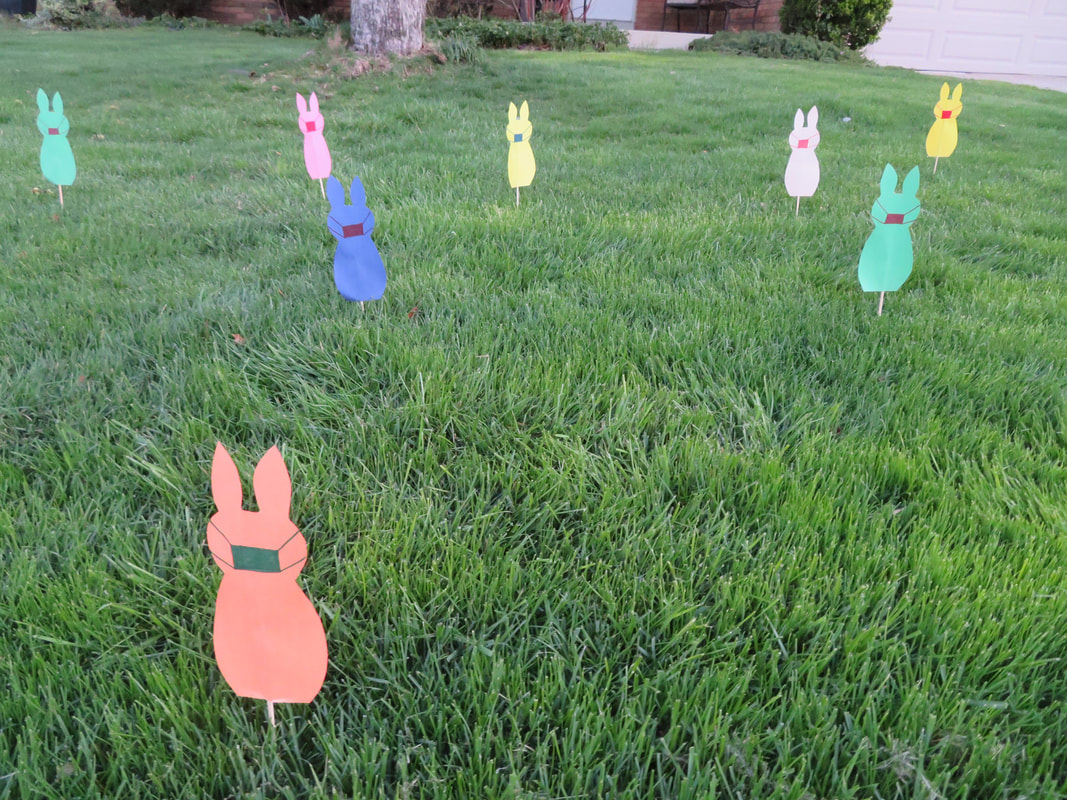
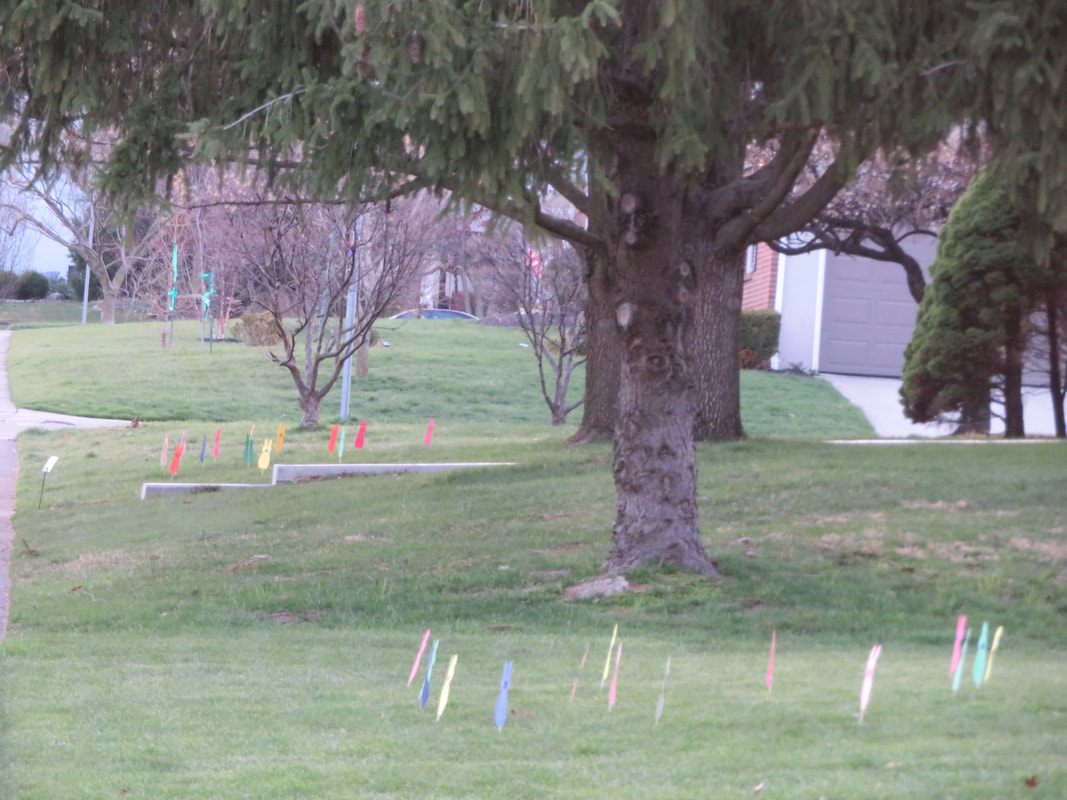
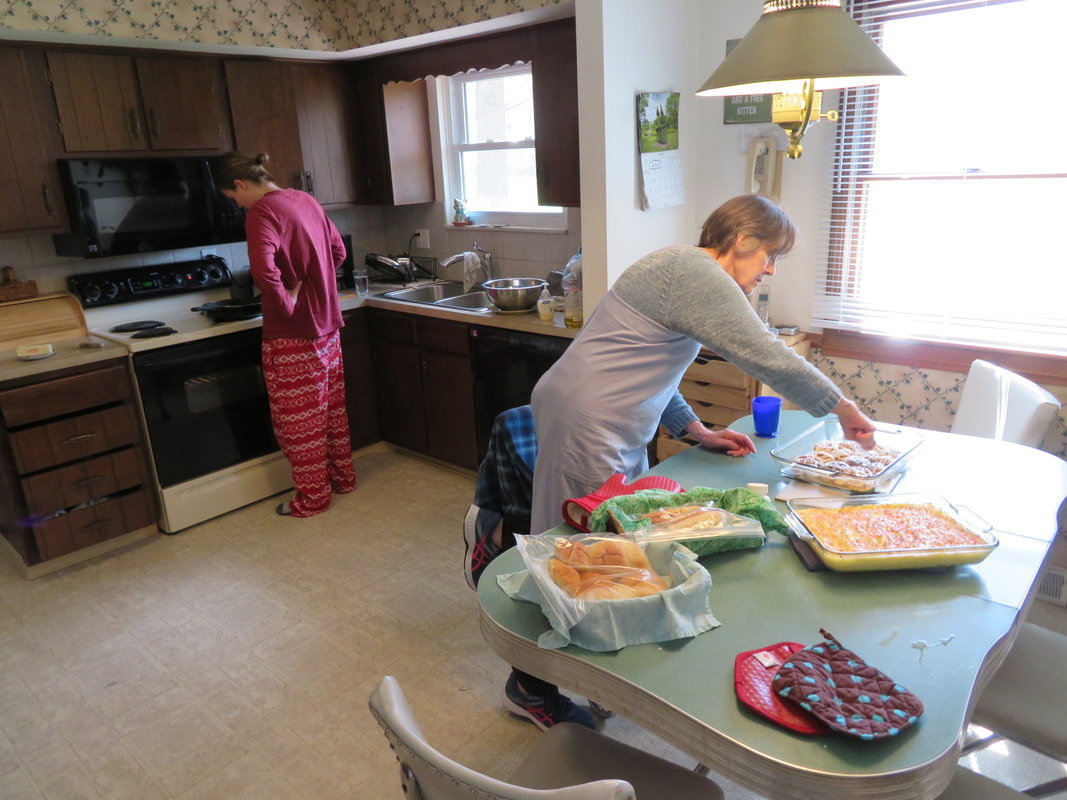
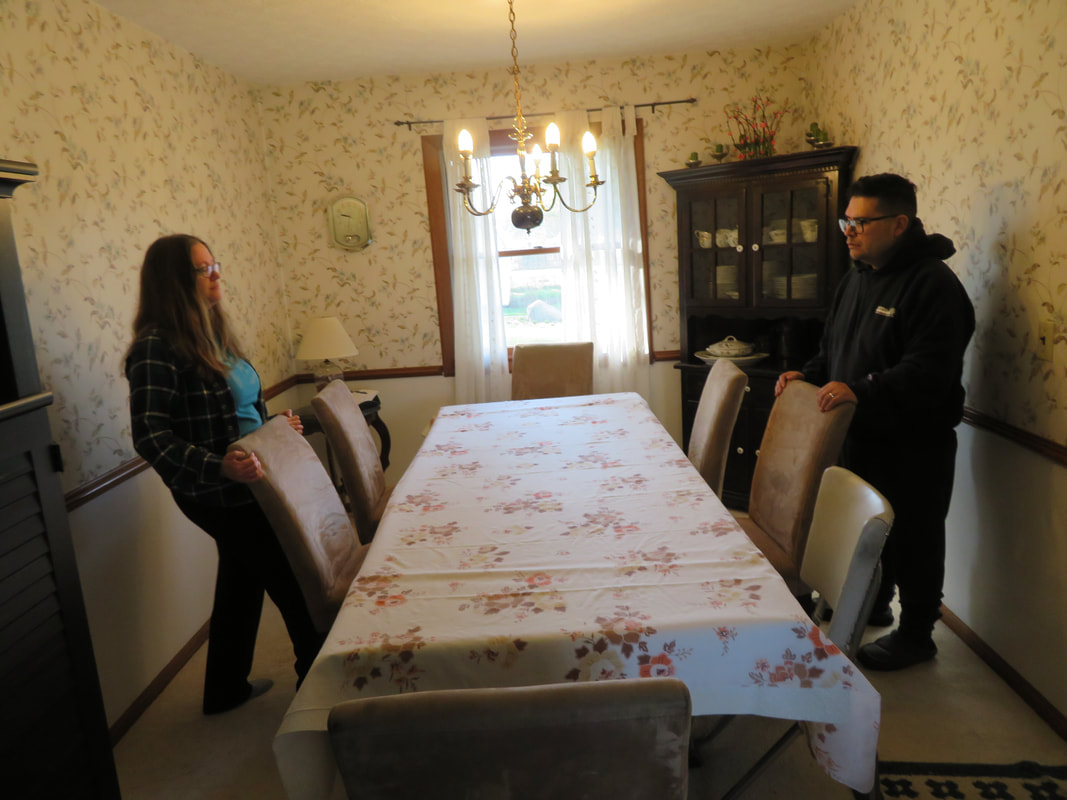
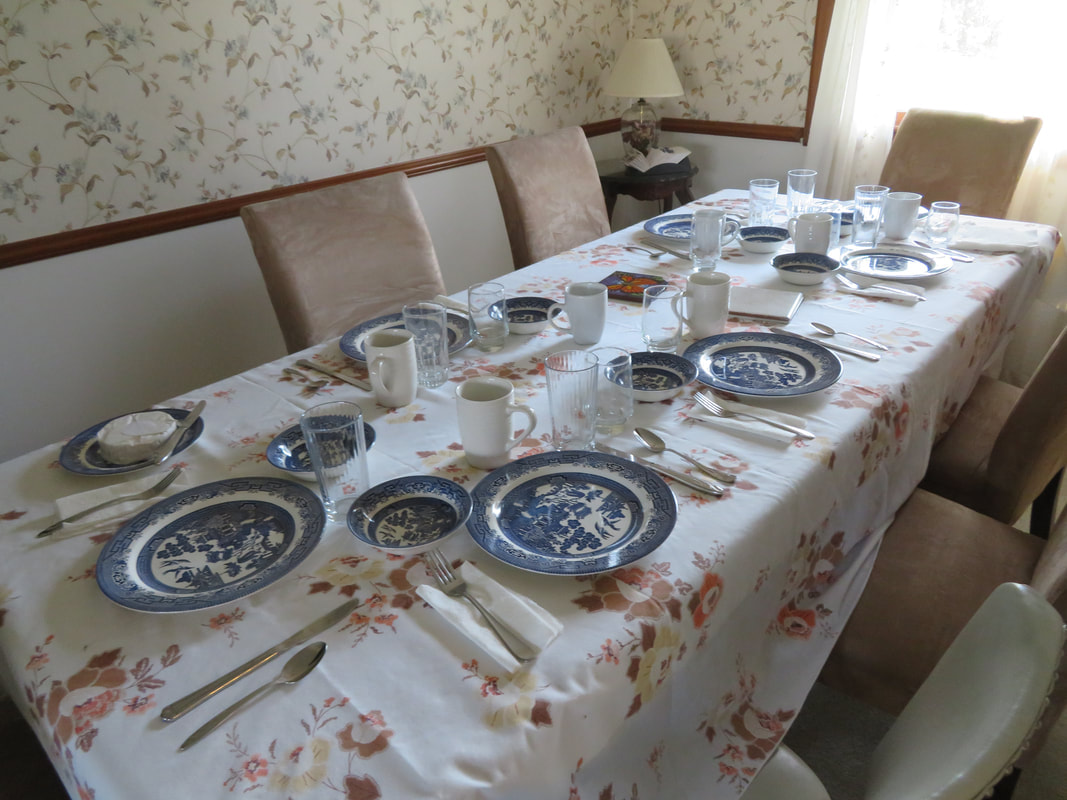
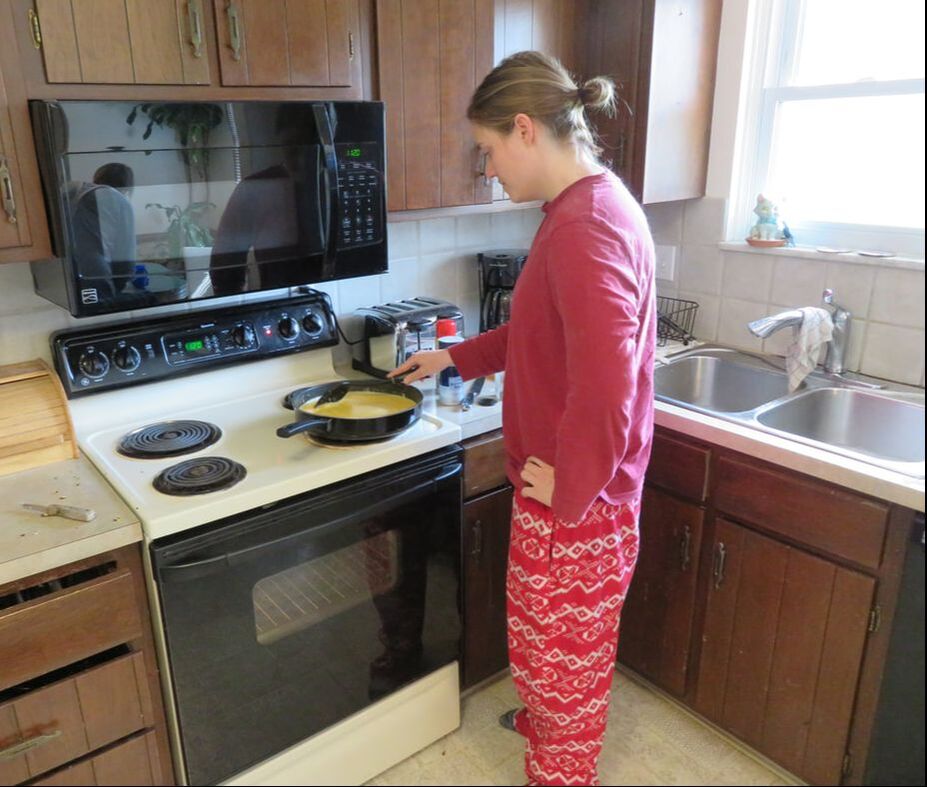
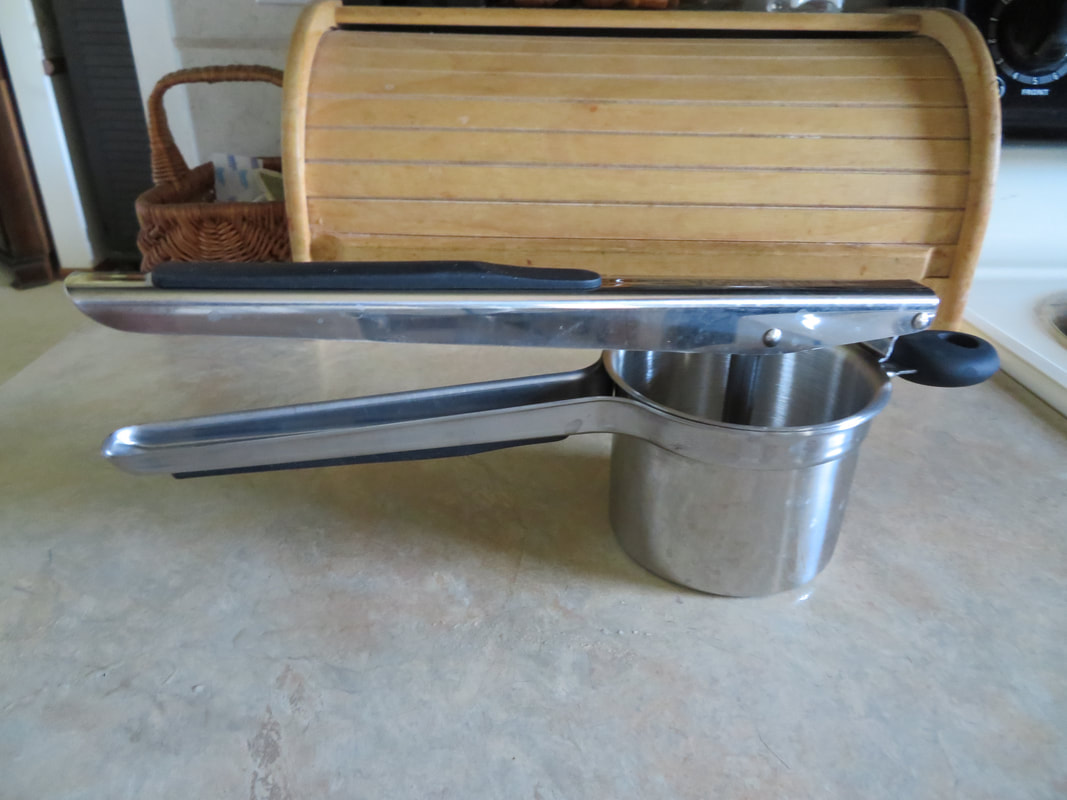
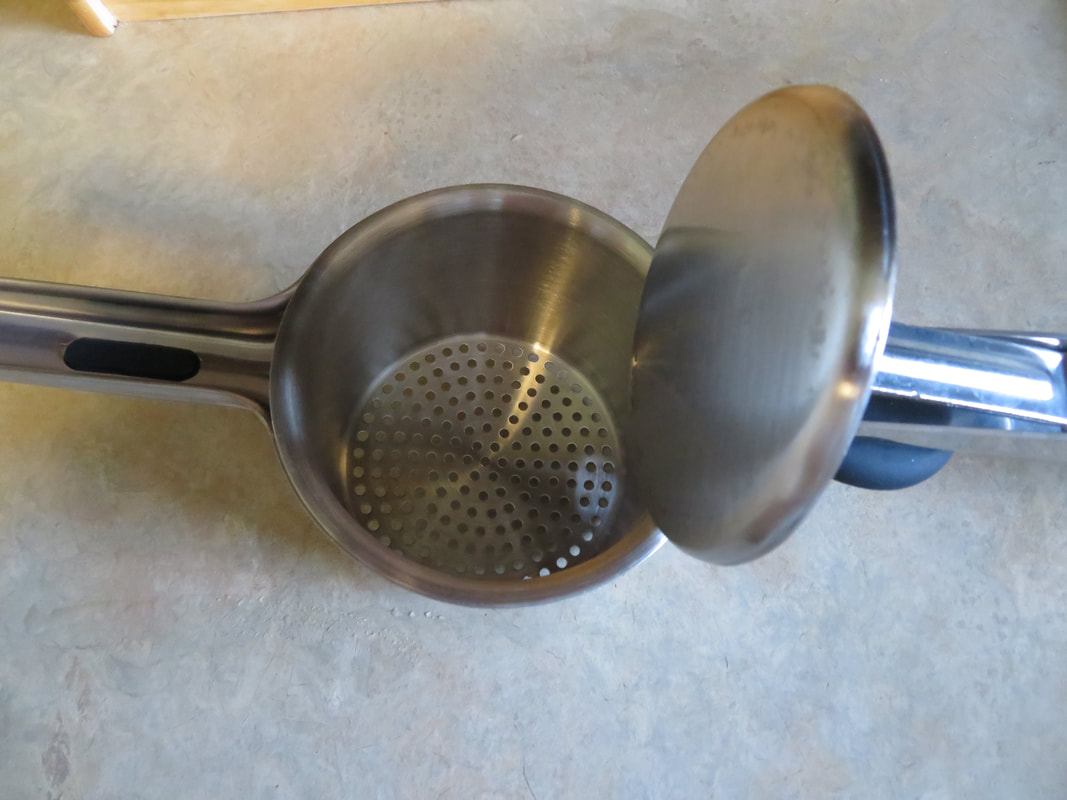
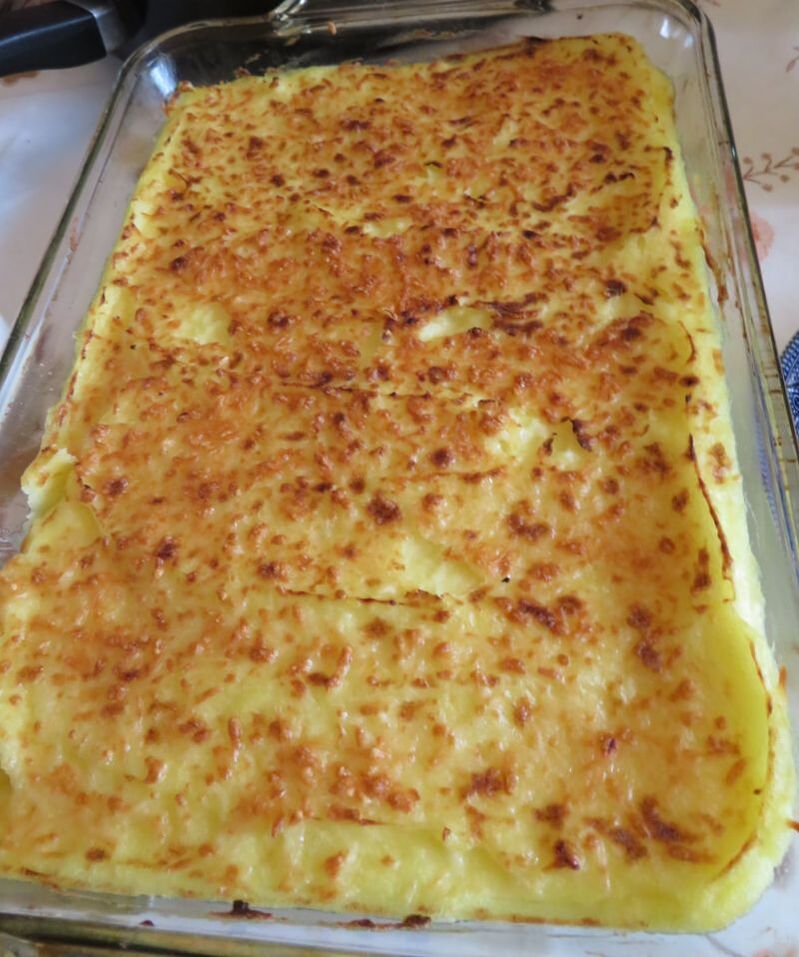

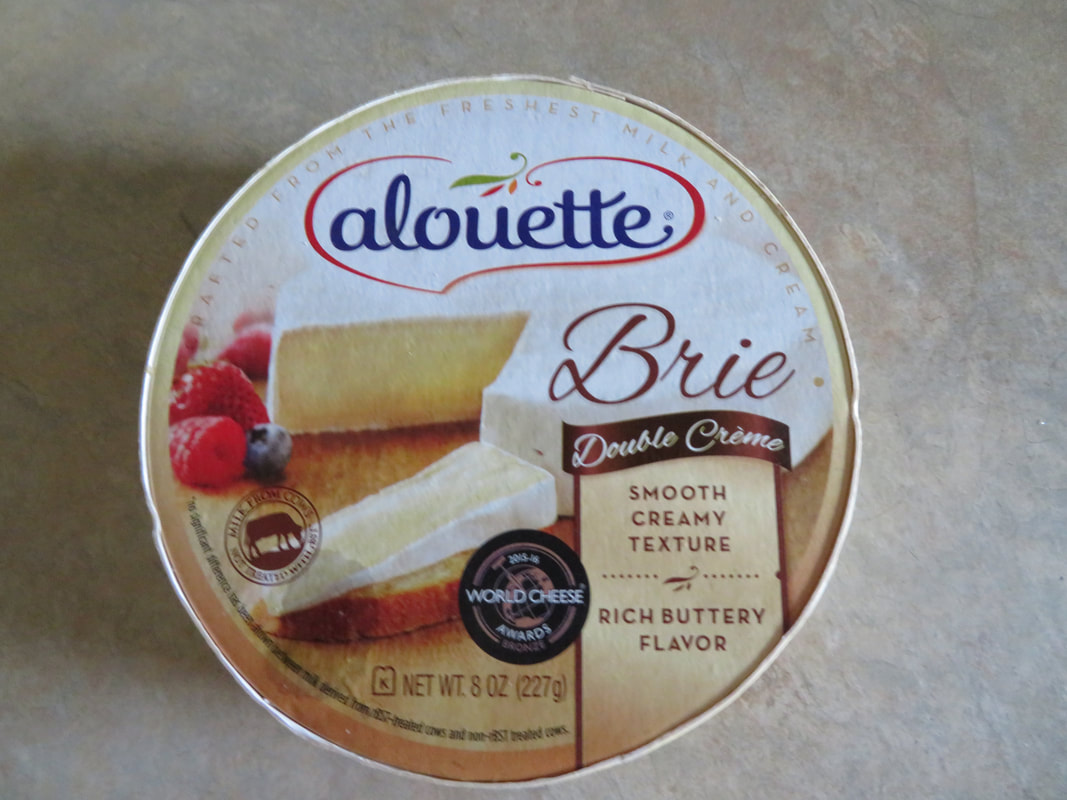
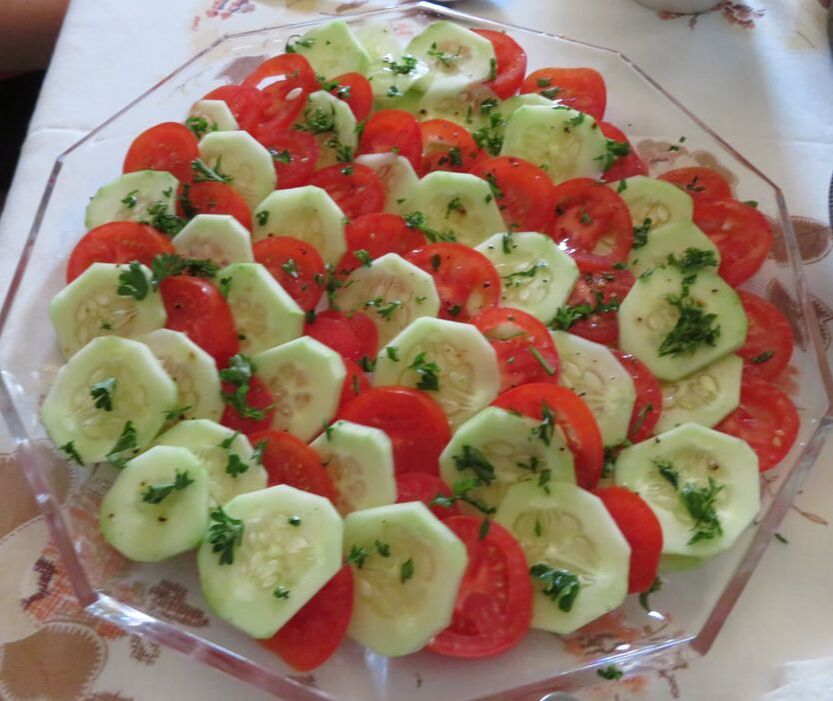
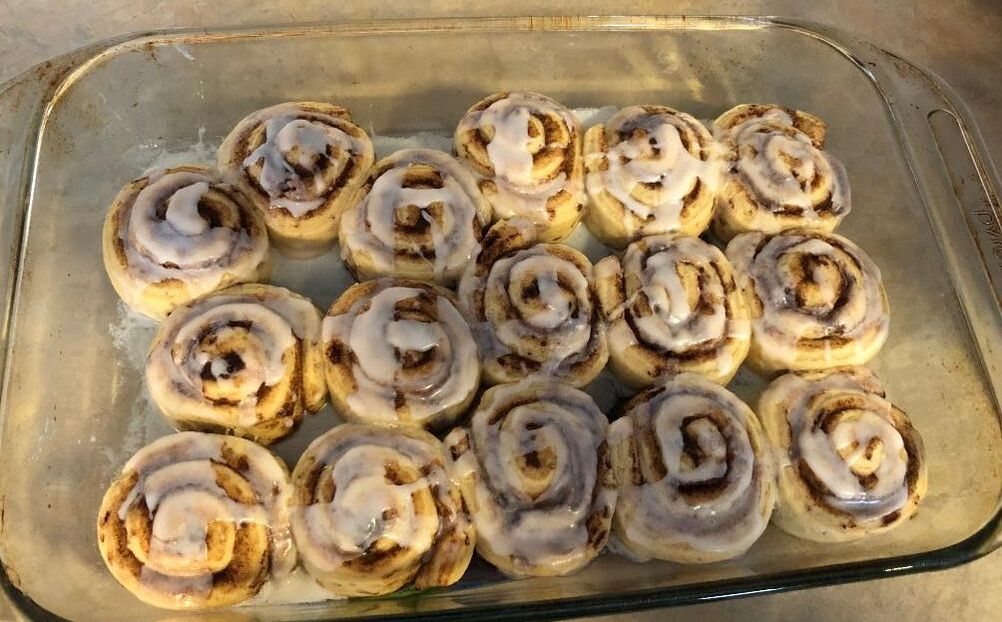
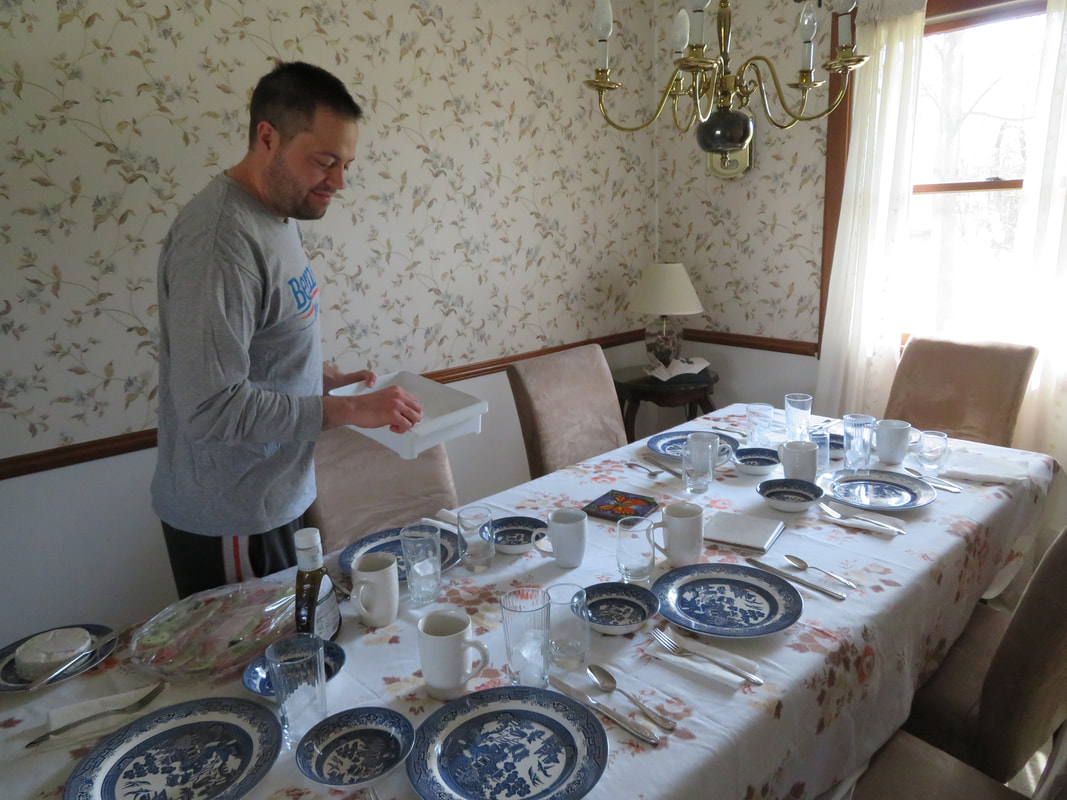
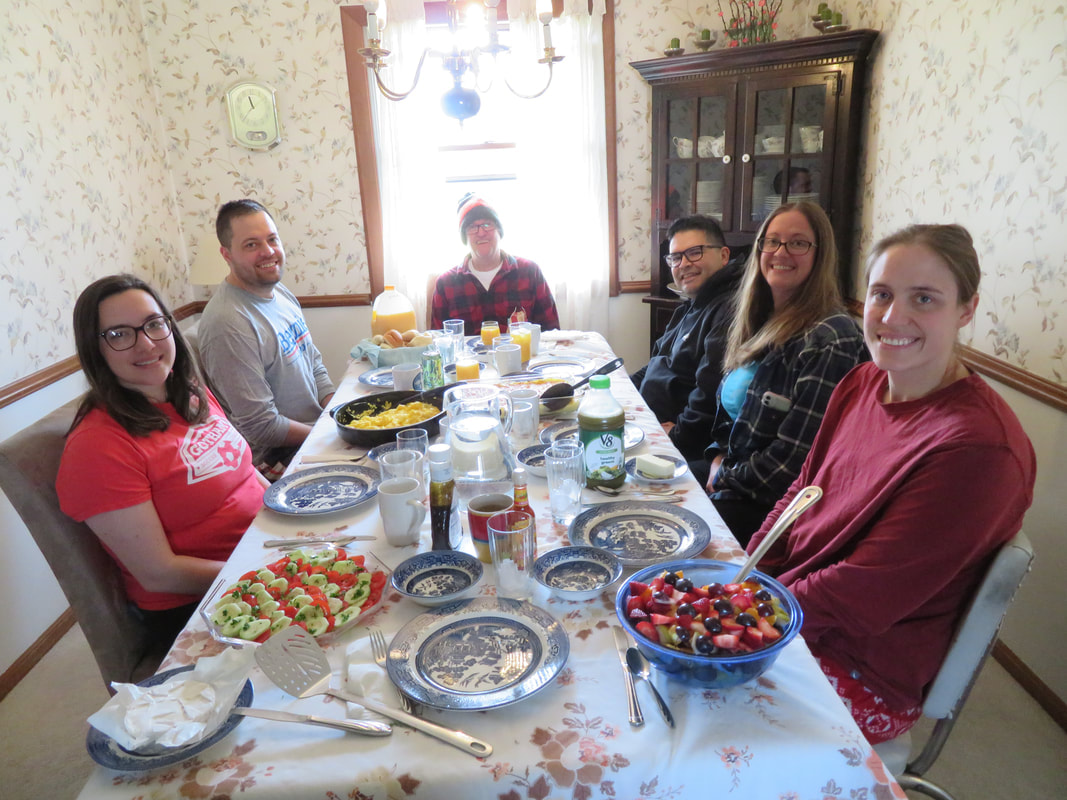
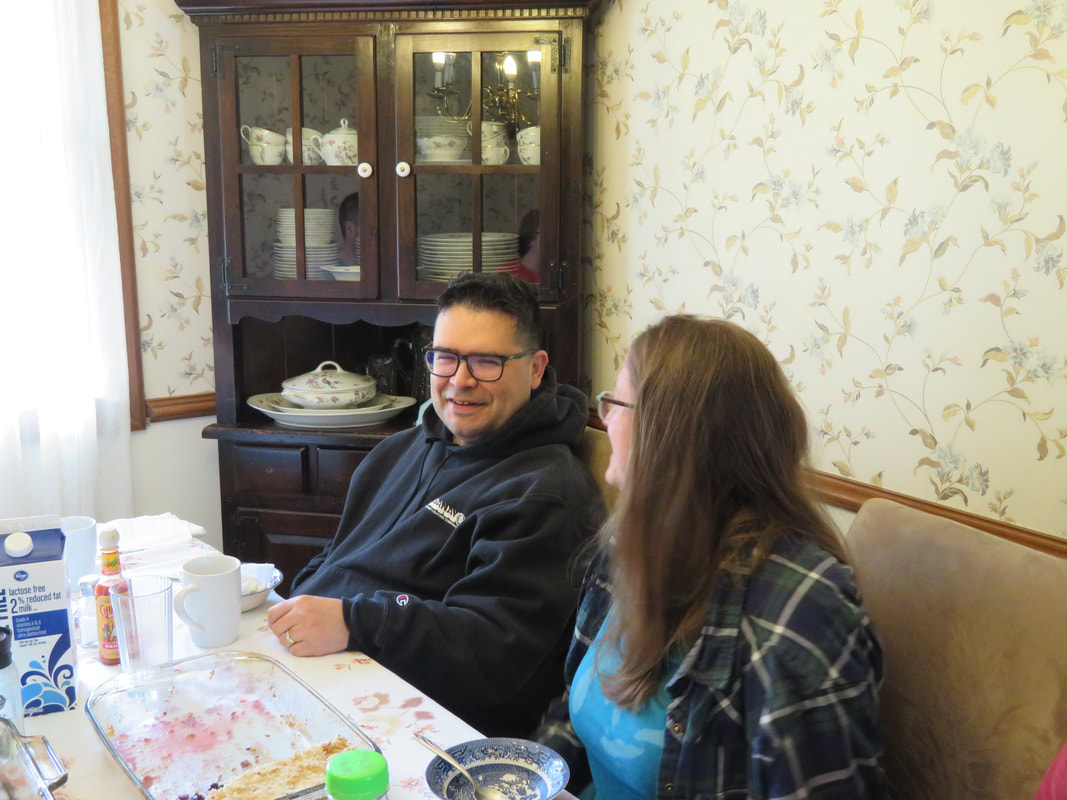
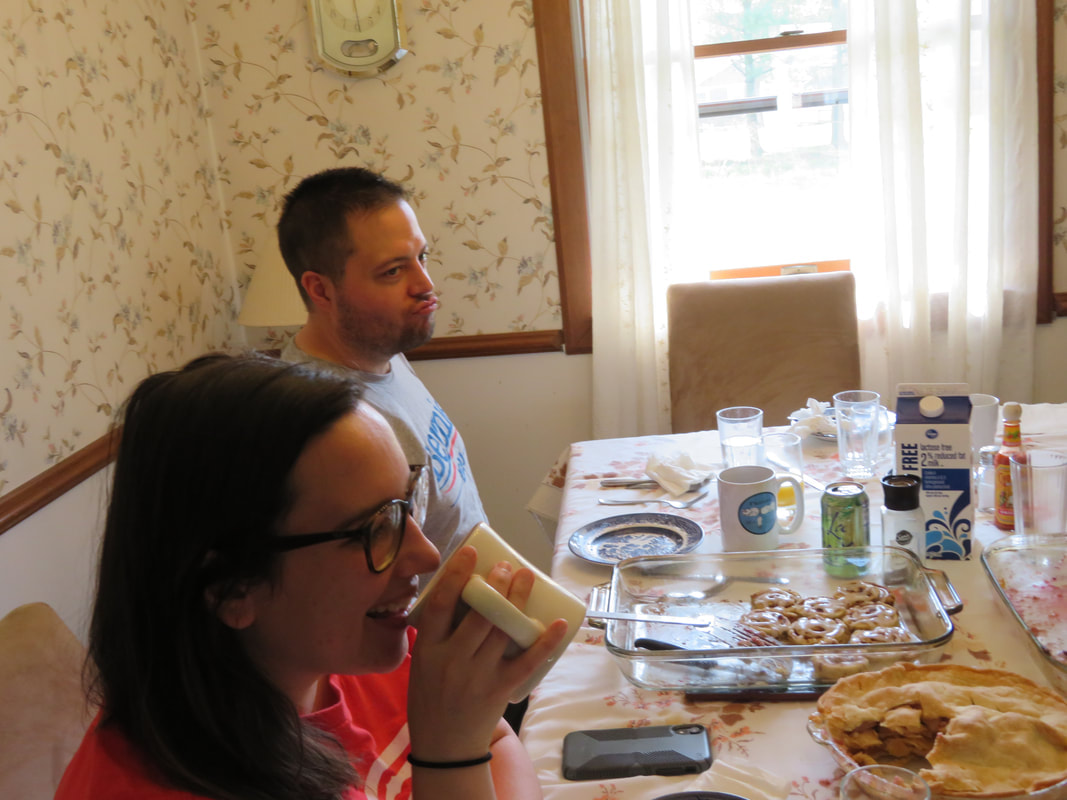
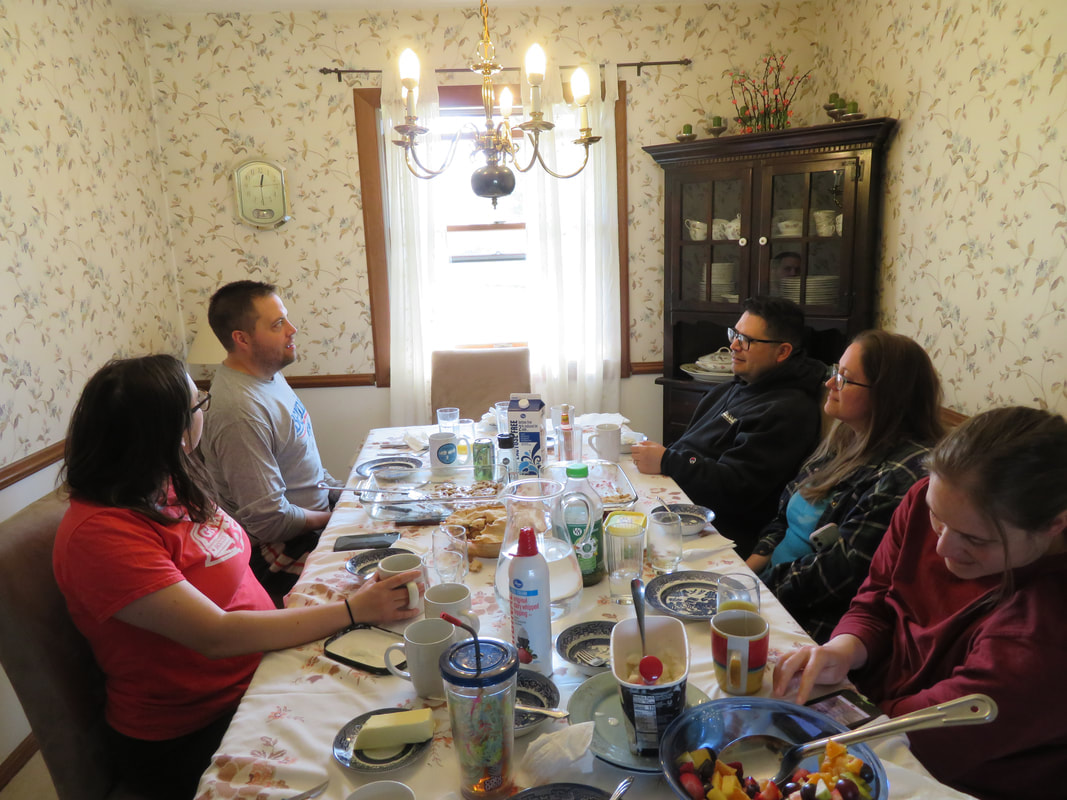
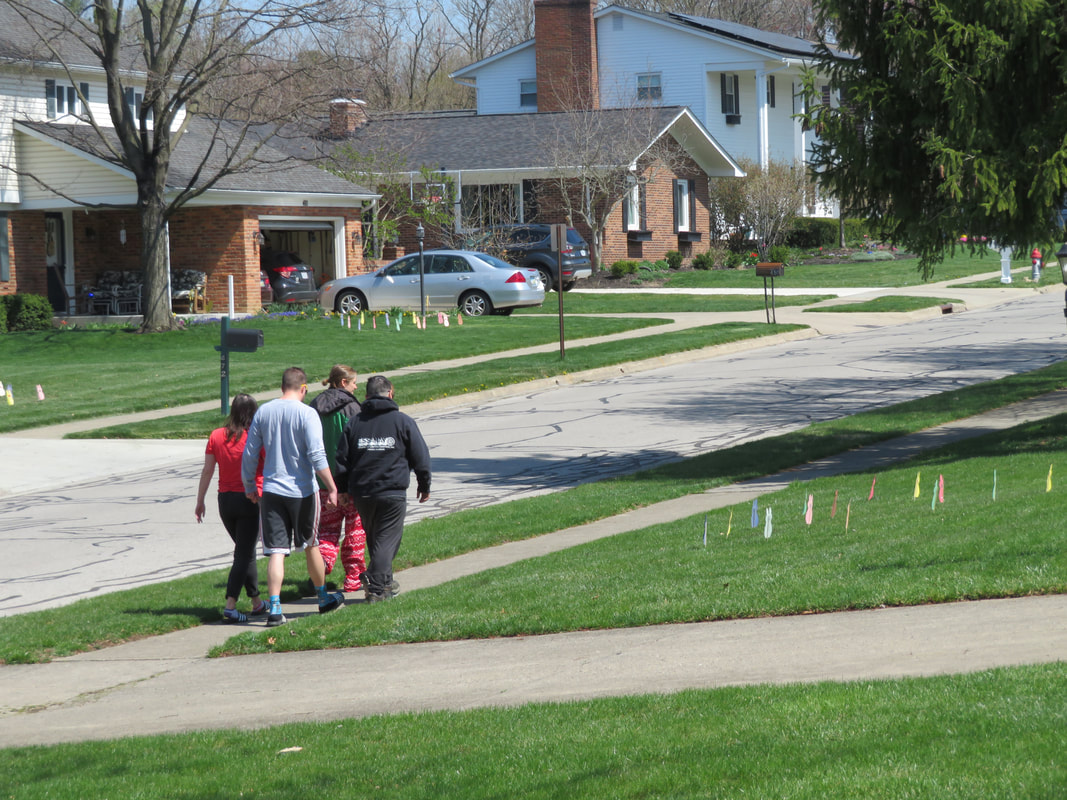
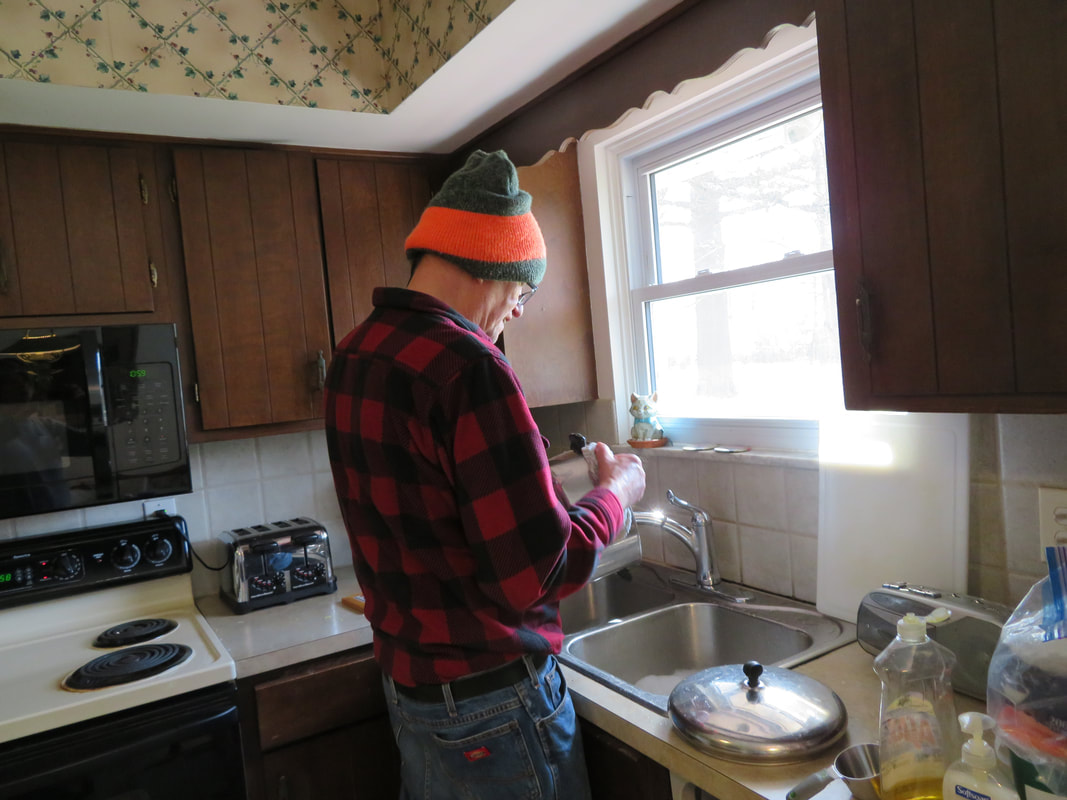
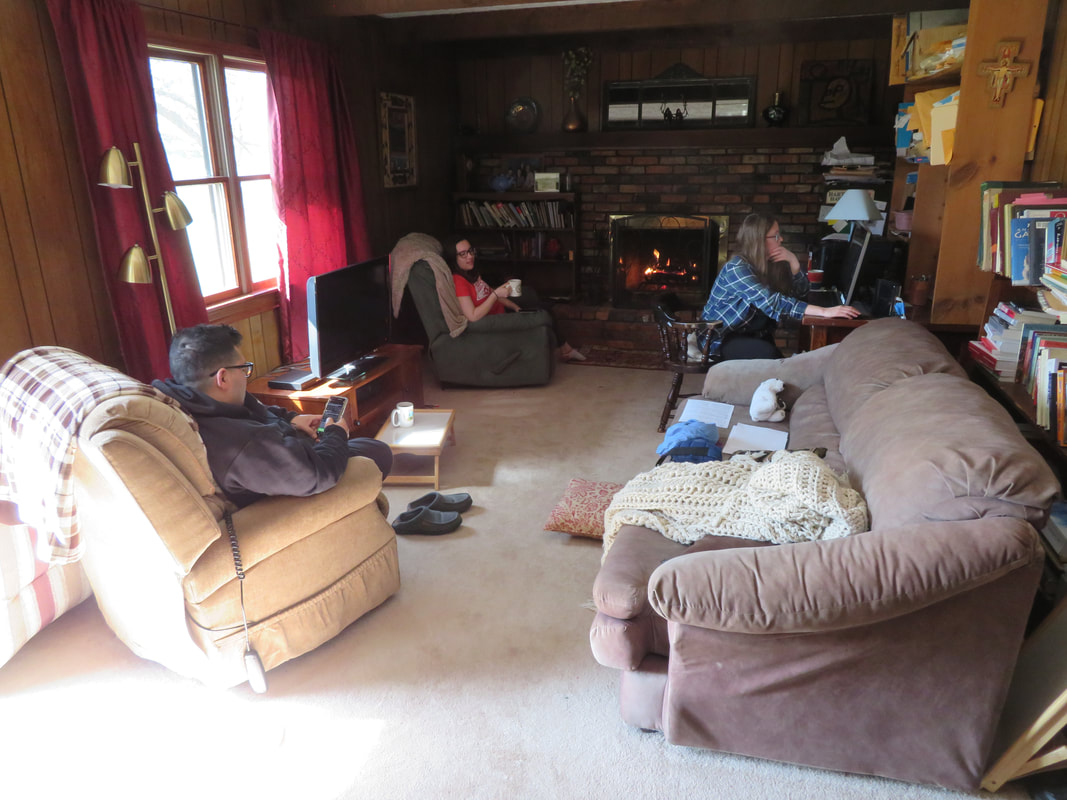
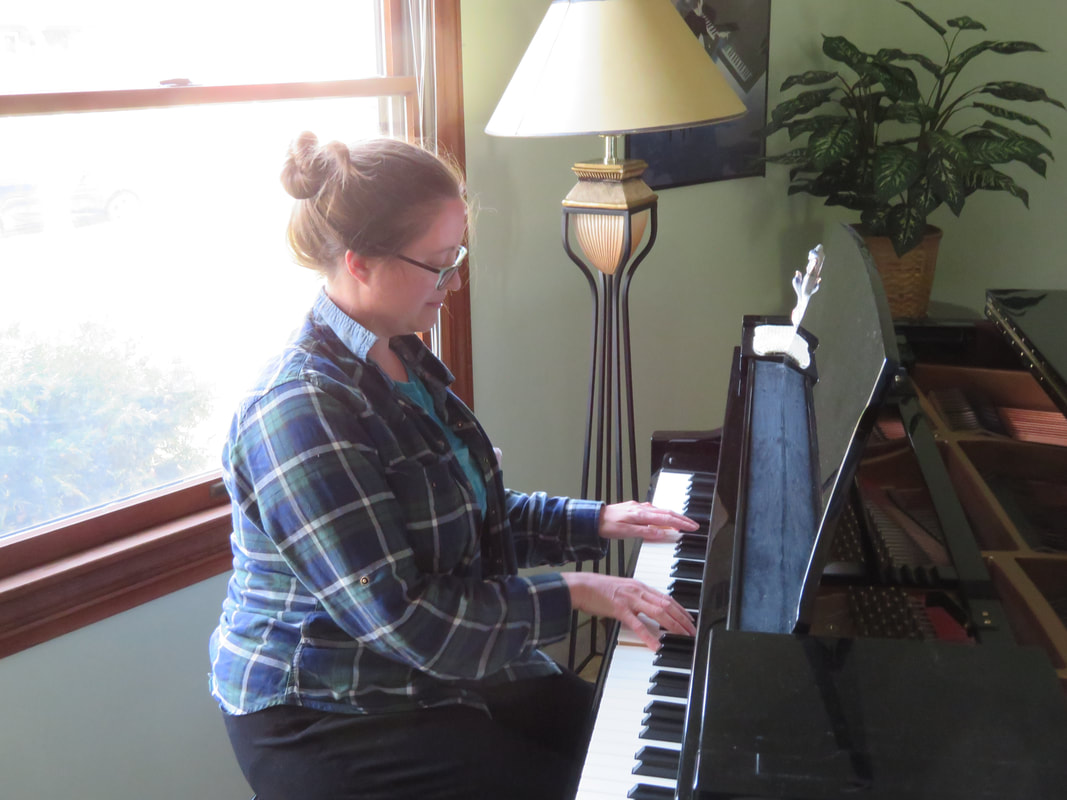
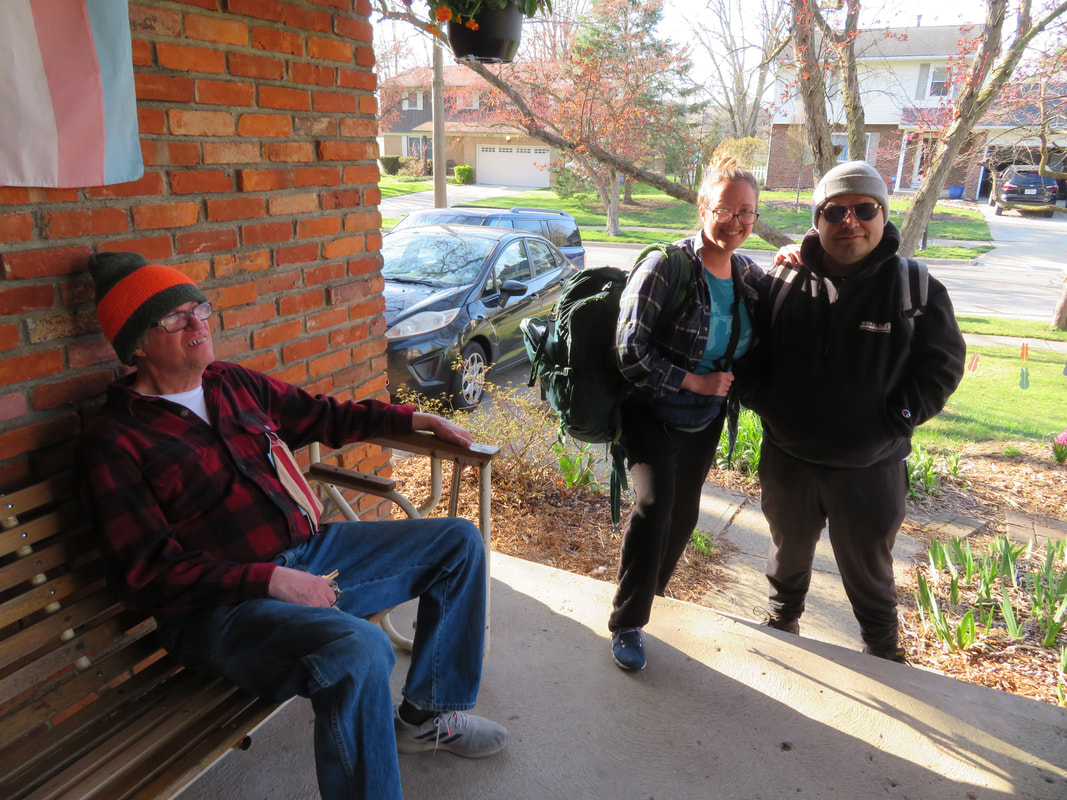
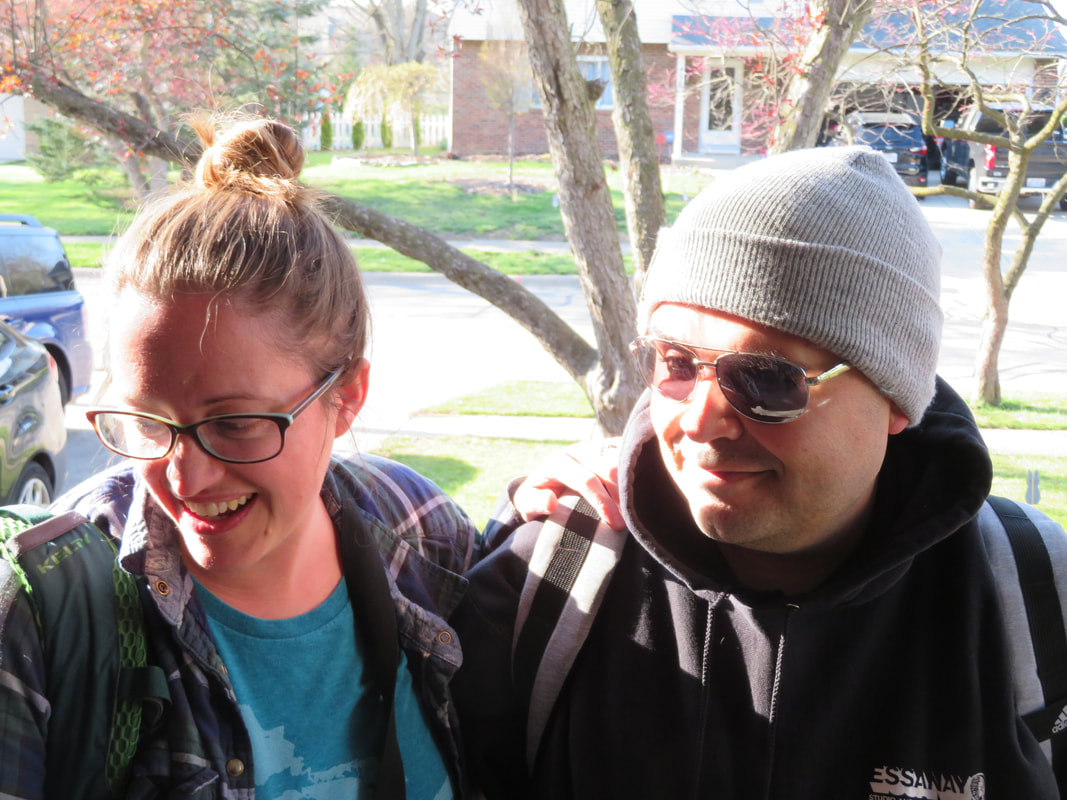
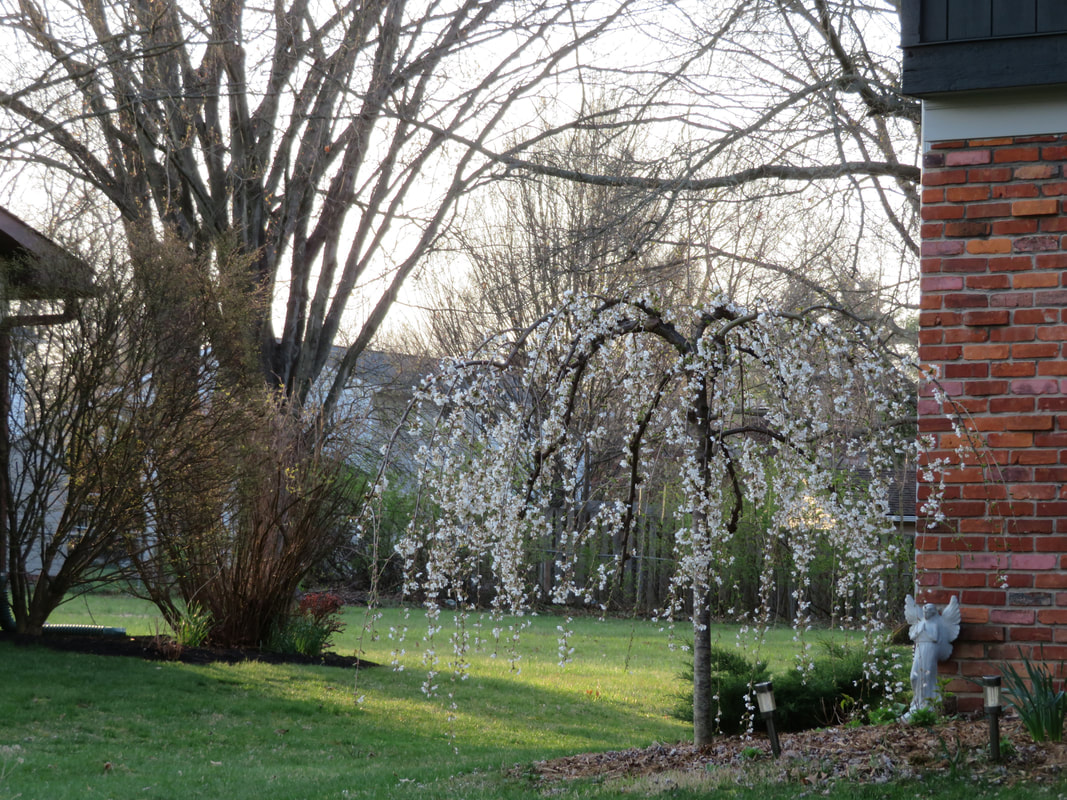
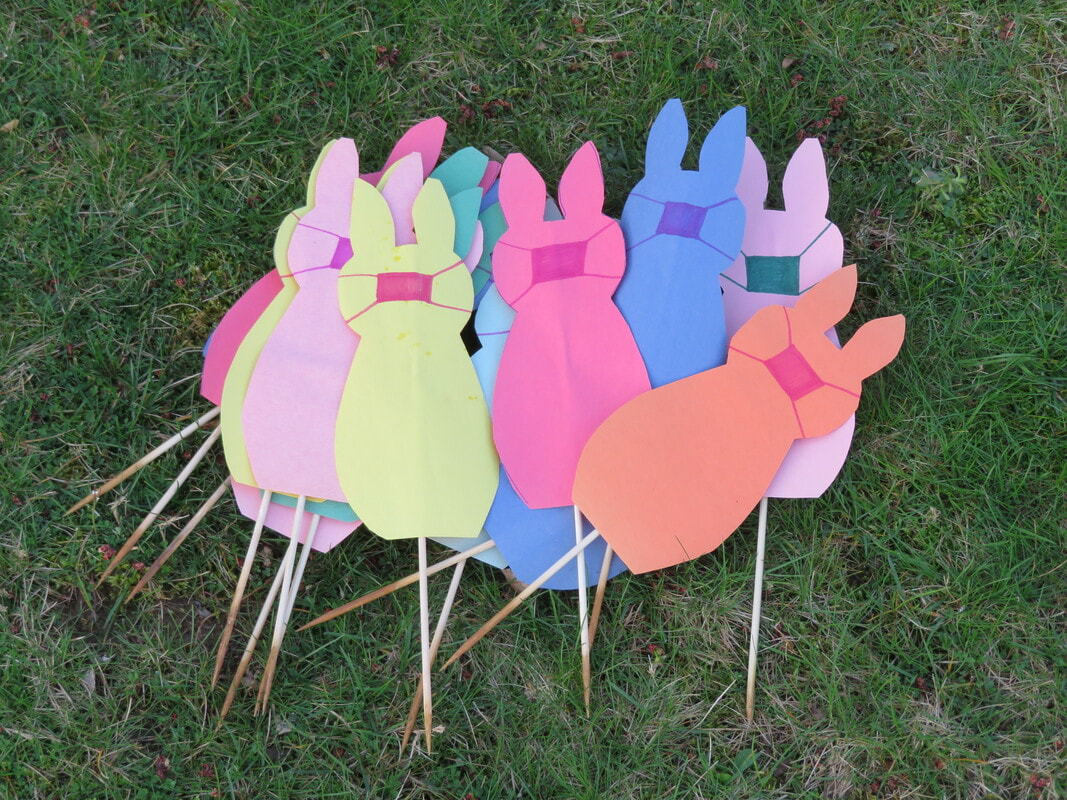
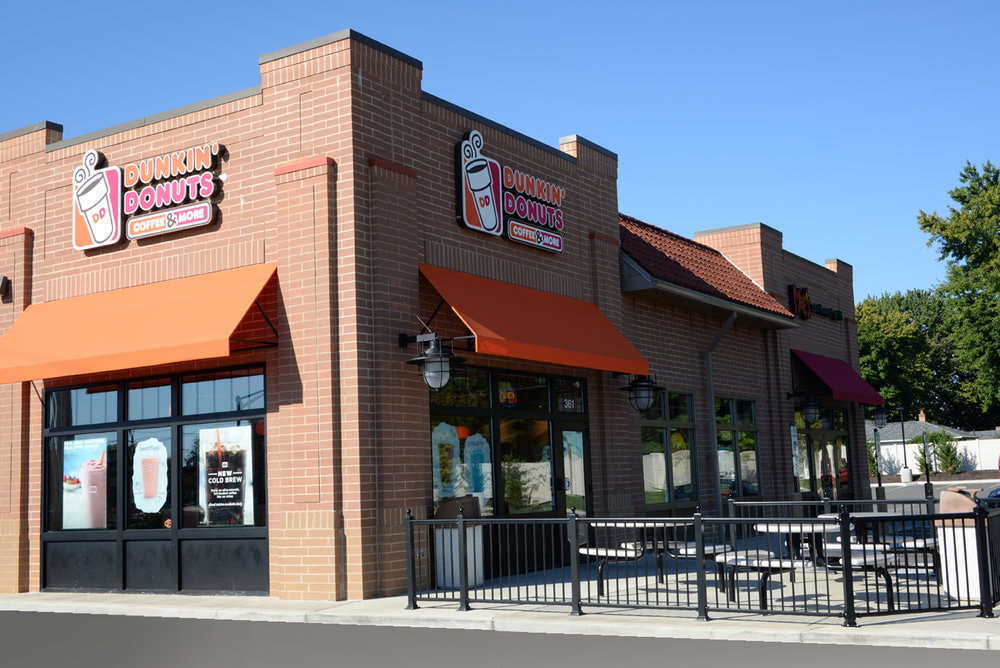
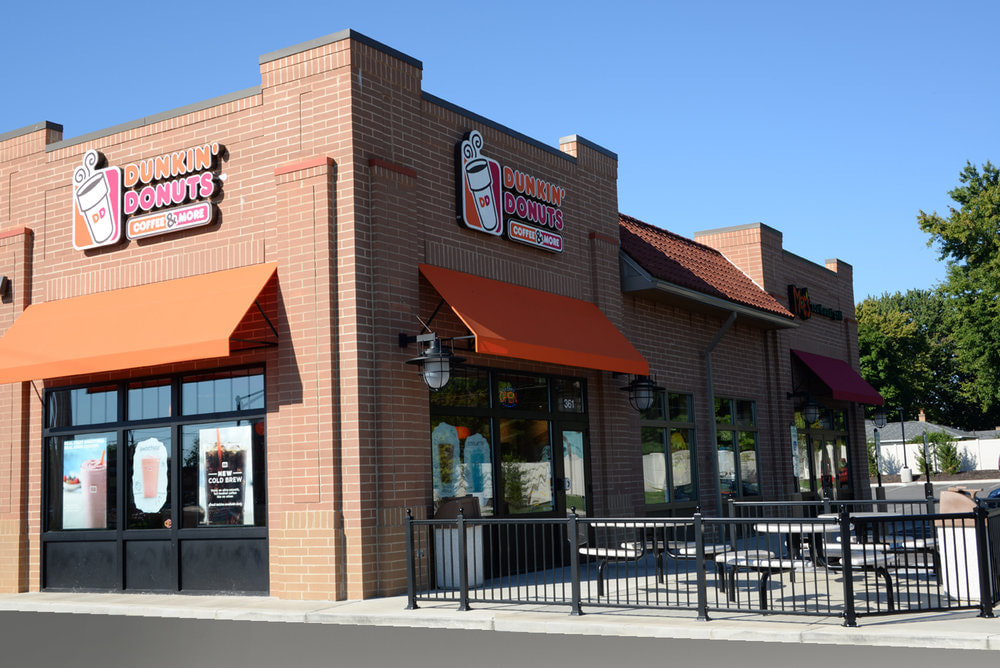
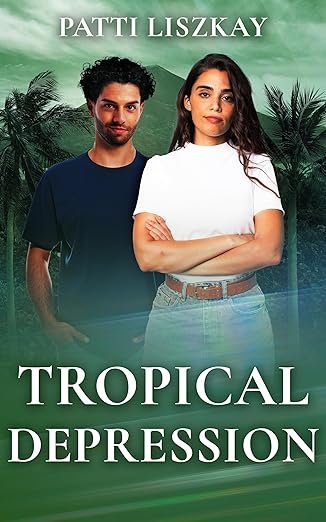
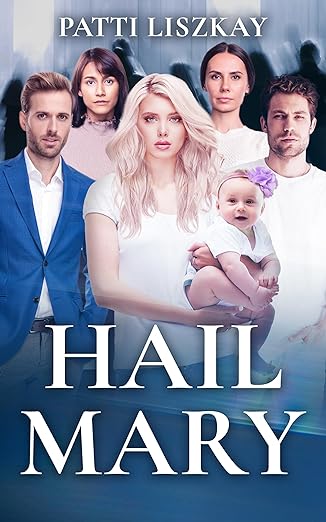
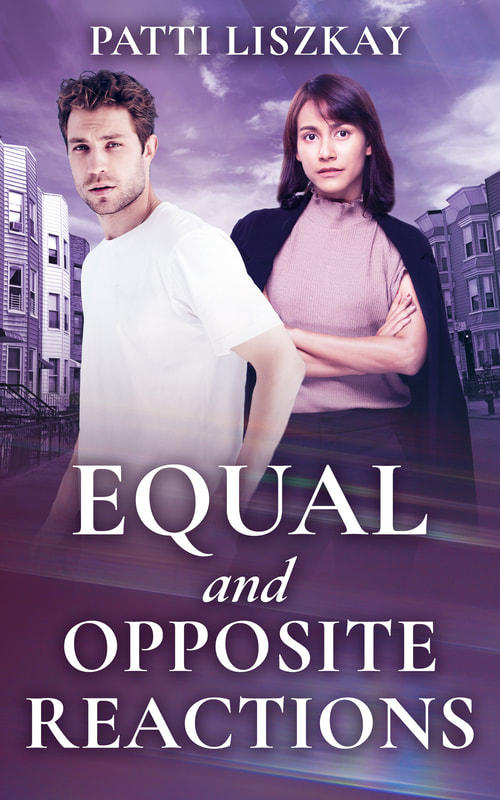
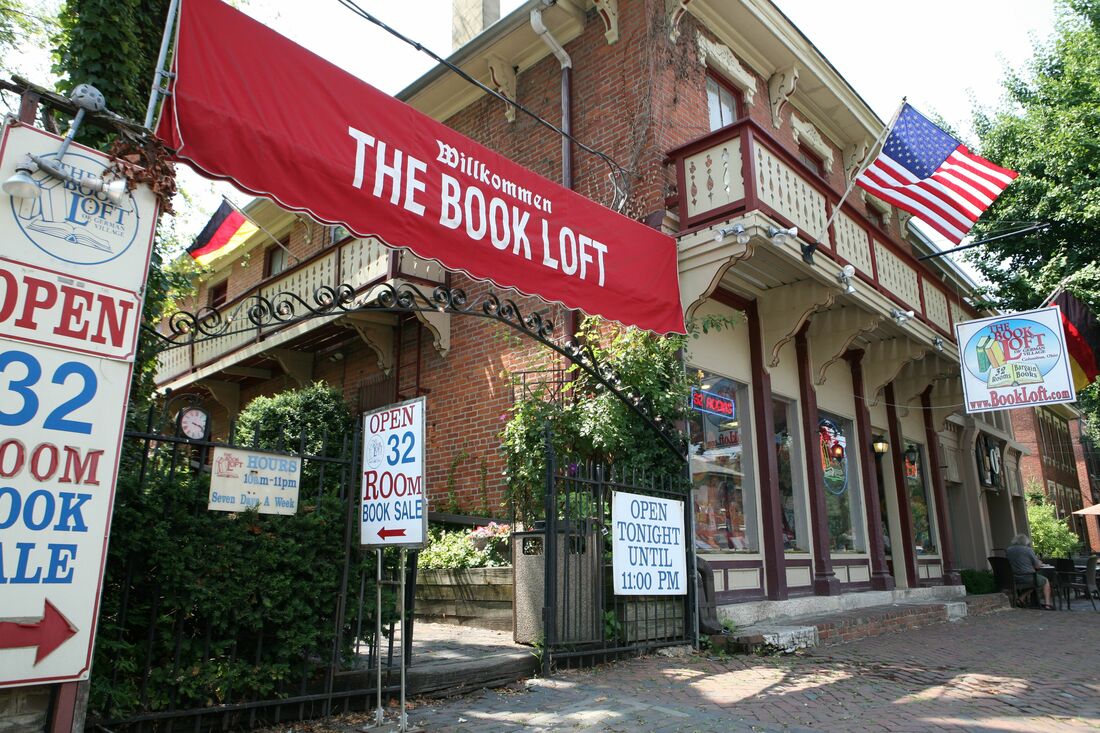
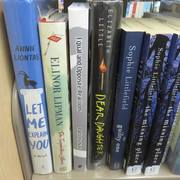
 RSS Feed
RSS Feed